Emotional Landscapes
Eike Eplik, Alexei Gordin, Kristi Kongi, Maija Kurševa, Anna Mari Liivrand, Aurelija Maknytė, Laura Põld and Lou Sheppard, Monika Radžiūnaitė, Krišs Salmanis, Rūta Spelskytė, Līga Spunde, Diāna Tamane, Neringa Vasiliauskaitė, Kristina Õllek
Curated by Šelda Puķīte
21.10.2023 — 17.12.2023
The exhibition is organised by Arka Gallery (Vilnius) in collaboration with Kogo Gallery (Tartu) and Wunder Kombinat (Riga)
OPENING
20 October at 18.00 in Arka Gallery in Vilnius, Lithuania
ARKA GALLERY
Located at Aušros Vartų 7, Vilnius, Lithuania
Open Wed–Sun at 12.00–17.00
Landscape is “an area, as perceived by people, whose character is the result of the action and interaction of natural and/or human factors”. It is “an essential component of people’s surroundings, an expression of the diversity of their shared cultural and natural heritage, and a foundation of their identity”.
Council of Europe Landscape Convention
Emotional landscapes
They puzzle me
Then the riddle gets solved
And you push me up to this
State of emergency
How beautiful to be
State of emergency
Is where I want to be
Excerpt from song Jóga by Björk
© Kobalt Music Publishing Ltd., Universal Music Publishing Group
When imagining the landscape of the contemporary world, the images that appear are profoundly biblical: Plagues mutating and expanding into pandemics, floods and fires consuming cities and forests, nations devastated by war and waves of migration splitting families apart while triggering territorial and national disputes all in one. Societal neuroses are on the rise, creating a fruitful environment for magical thinking that broadens and enriches our view of the world, yet which can just as well spread darkness and fear. Emotional Landscapes is an attempt to draw an imaginative atlas of the world today, examining the landscape we both see and feel right now. It is a canvas on which artists invited from across the Baltics reveal their own emotionally and personally felt landscapes – landscapes that, to paraphrase Björk’s song Jóga, have pushed them up to their own state of emergency.
Throughout history, different academic studies and social movements have helped shift the human perspective from the anthropocentric to the ecocentric, in the process gifting us deeper knowledge of the planet we inhabit as well as teaching us to be more empathetic and humble beings. Nevertheless, one thing unchanged is that our experience of the world (as informed as it might be) remains very much human experience. We might learn to listen, see and maybe even move like the rest of the biomass – we might even become a mountain – but inside, we are still humans, with distinct biomaterial, historically and socially determined layers and complex emotional worlds. That does not mean that each experience and learning cannot reshape the landscape our minds and senses inhabit. That landscape can turn into a loud and busy cityscape or lush forests and valleys. It can become a vast desert with endless space for thought or a cramped room overfilled with clutter, dust and bad ventilation. The richness of our emotional lives allows our landscapes to expand and travel from surface to sky or underground, escape the planet’s atmosphere or dive deep into the world of microorganisms.
The last years have been particularly seismic, fundamentally shifting our inner tectonic plates. This is seen in the way society transforms its values and in how politicians make decisions and cultures create new or appropriate old mythologies. Amidst these geological movements, artists – who sensitively scan and absorb the changes – are ever more important. Through their own emotional processing filters, they explore and bring to the physical world the most magical of as well as apocalyptic landscapes – landscapes that remind us of political, cultural and ecological atlases, digitally altered metaverses, personal family trees and collections of fragmented and sentimental memories.
It is a cliché to say that Baltic people have a strong emotional bond with nature, but this cliche has some truth to it. This bond is so deeply encoded in our identity that even the national awakenings during the soviet occupation seemed to first emerge from the environmental movement. Many artists work with elements of nature and landscape as their main subject, but most interesting are those who implement the idea of the landscape as a part of their artistic language to tell personal stories or express their political or social stance. In the Arka Gallery, these different practices and perspectives are gathered together and spread through the labyrinthine rooms to jointly create a single collective emotional landscape.
FUNDERS
The exhibition is funded by the Lithuanian Council for Culture, the Lithuanian Artists’ Association, the Ministry of Culture of Estonia from the fund Estonian Culture Abroad, the Cultural Endowment of Estonia and the State Culture Capital Foundation of Latvia.
TEAM
Curator: Šelda Puķīte
Production and administration: Evelina Januškaitė, Stella Mõttus
Communication: Karin Kahre, Kristlyn Liier, Deva Bartninkaitė
Installation: Marius Ladyga, Tomas Meleška, Artūras Meškauskas
Graphic design: Aleksandra Samuļenkova, Lukas Stanionis
Translation and language editing: Refiner Translations
CURATOR
Šelda Puķīte is a Latvian curator, publisher and researcher living in Estonia. She studied art history at the Art Academy of Latvia, receiving both bachelor’s and master’s degrees. Puķīte has worked on several international exhibition projects and art fair stands, curated educational programs, created catalogues for art festivals and continues to participate in international conferences and symposiums as well as writing reviews and essays for the Baltic press. She has collaborated with institutions such as the Latvian National Museum of Art, the Latvian Centre for Contemporary Art, Riga Photography Biennial, Tartu Art House and Tartu Art Museum. Since 2020, Puķīte has been working at Kogo Gallery (Tartu) as their international project manager and exhibition curator. In 2021, together with other Latvian art curators and critics, she founded the cultural institution Wunder Kombinat, which in 2022 began issuing the yearly art publication WunderKombināts. Latvian Art Yearbook as well as producing other art projects.


Press and Publications
.Artnews.lt, review by Miglė Markulytė, 15.12.2023
.Sirp, review by Kaisa Maasik, 1.12.2023
.Saliva Live, photo reportage
.7 meno dienos, review by Agnė Narušytė, 10.11.2023
.ERR kultuuriportaal, photos from the opening EE + EN, 31.10.2023
.ERR kultuuriportaal, news about the exhibition, 19.10.2023
.Eesti Päevaleht, news about the exhibition, 19.10.2023
.Postimees, news about the exhibition, 18.10.2023
.Echo Gone Wrong, news about the exhibition, 10.2023

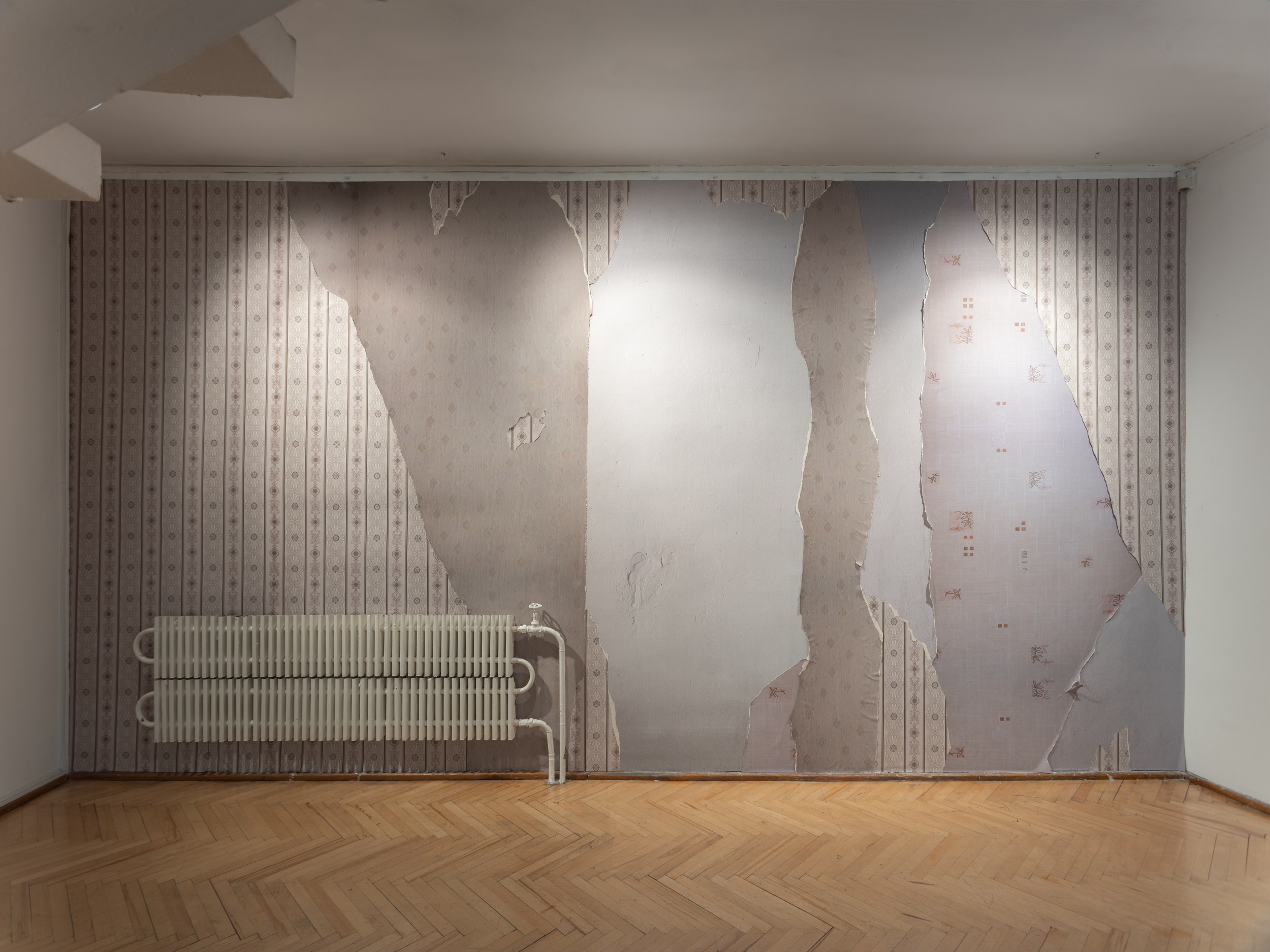
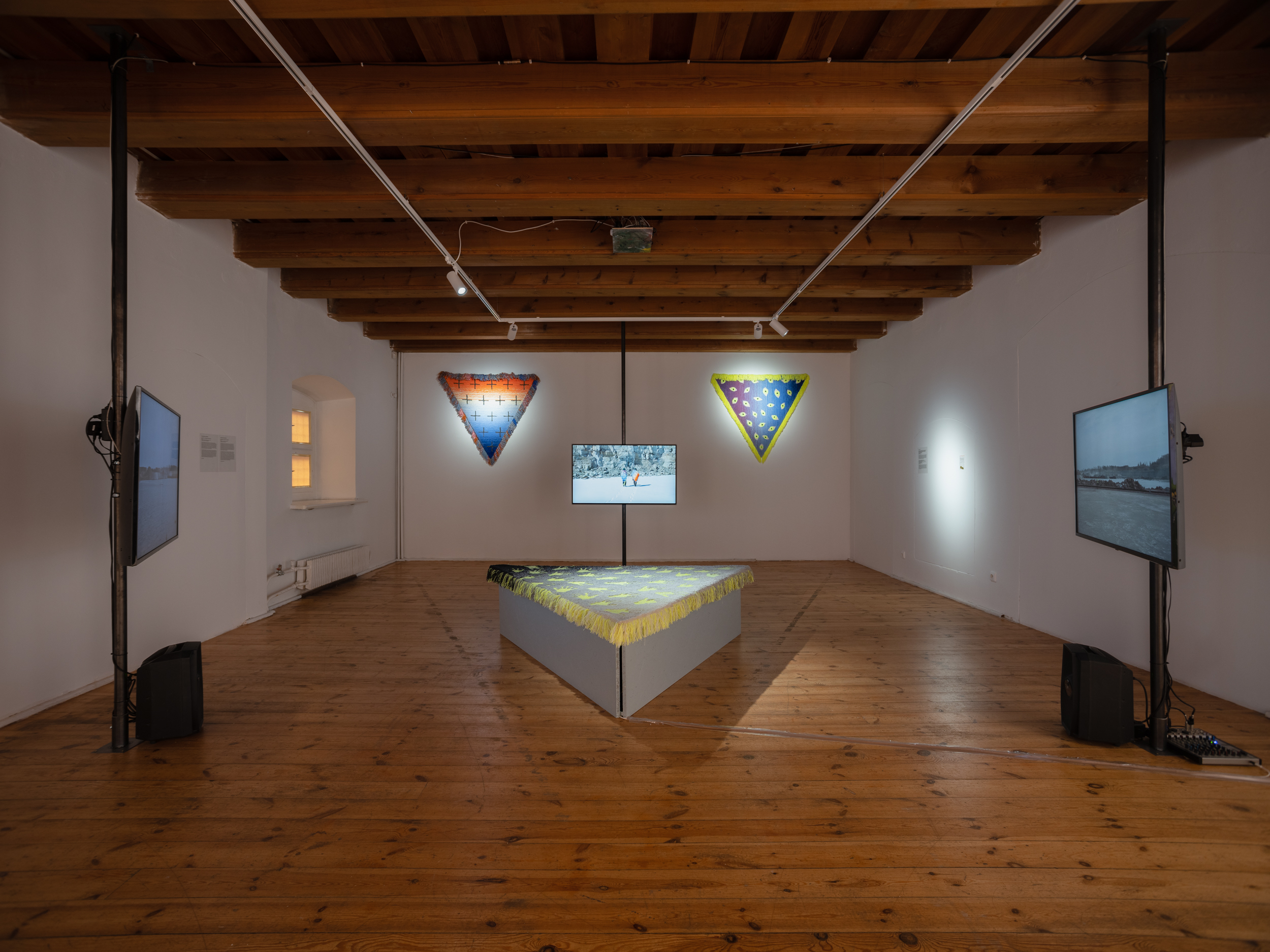
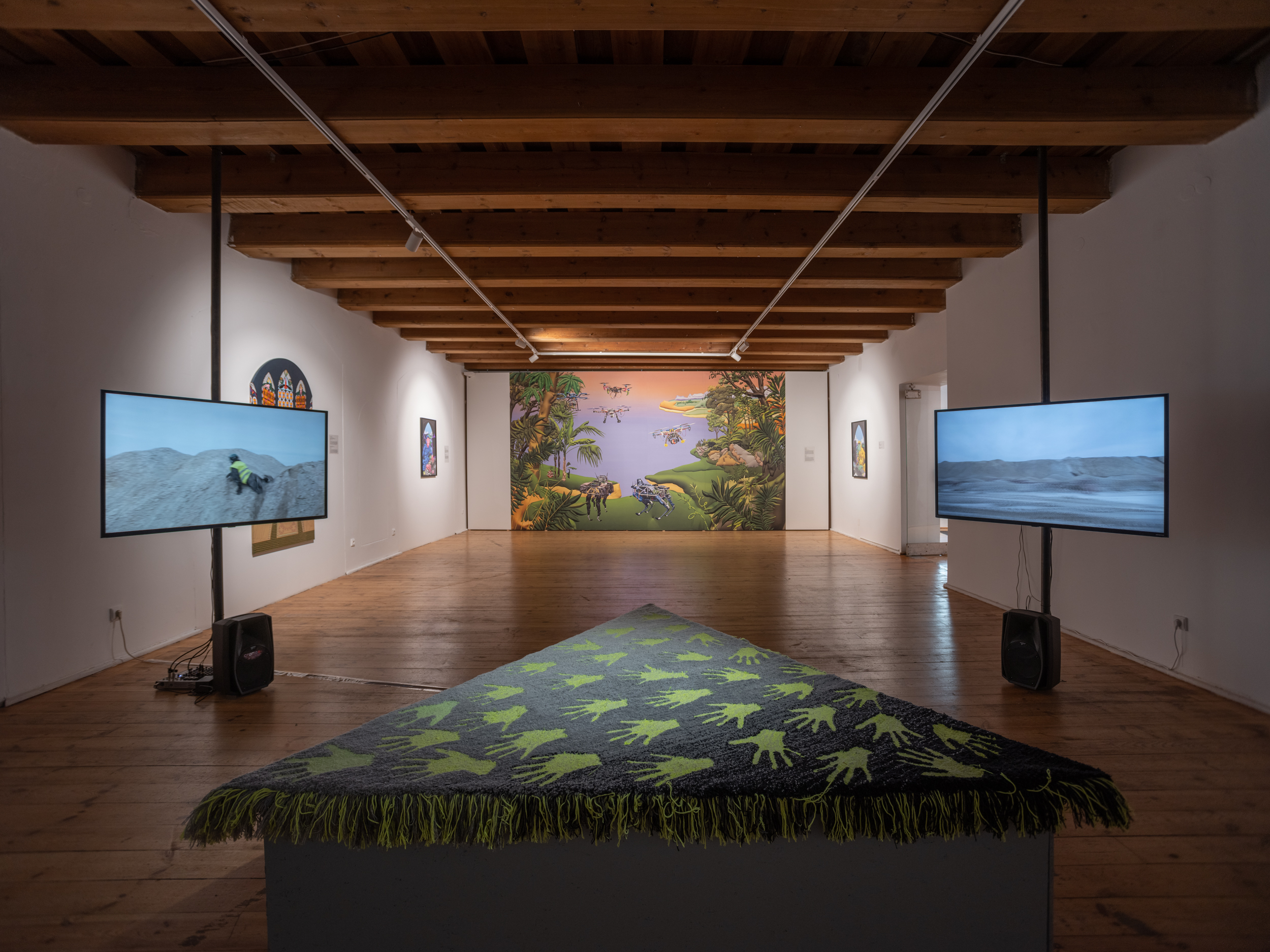
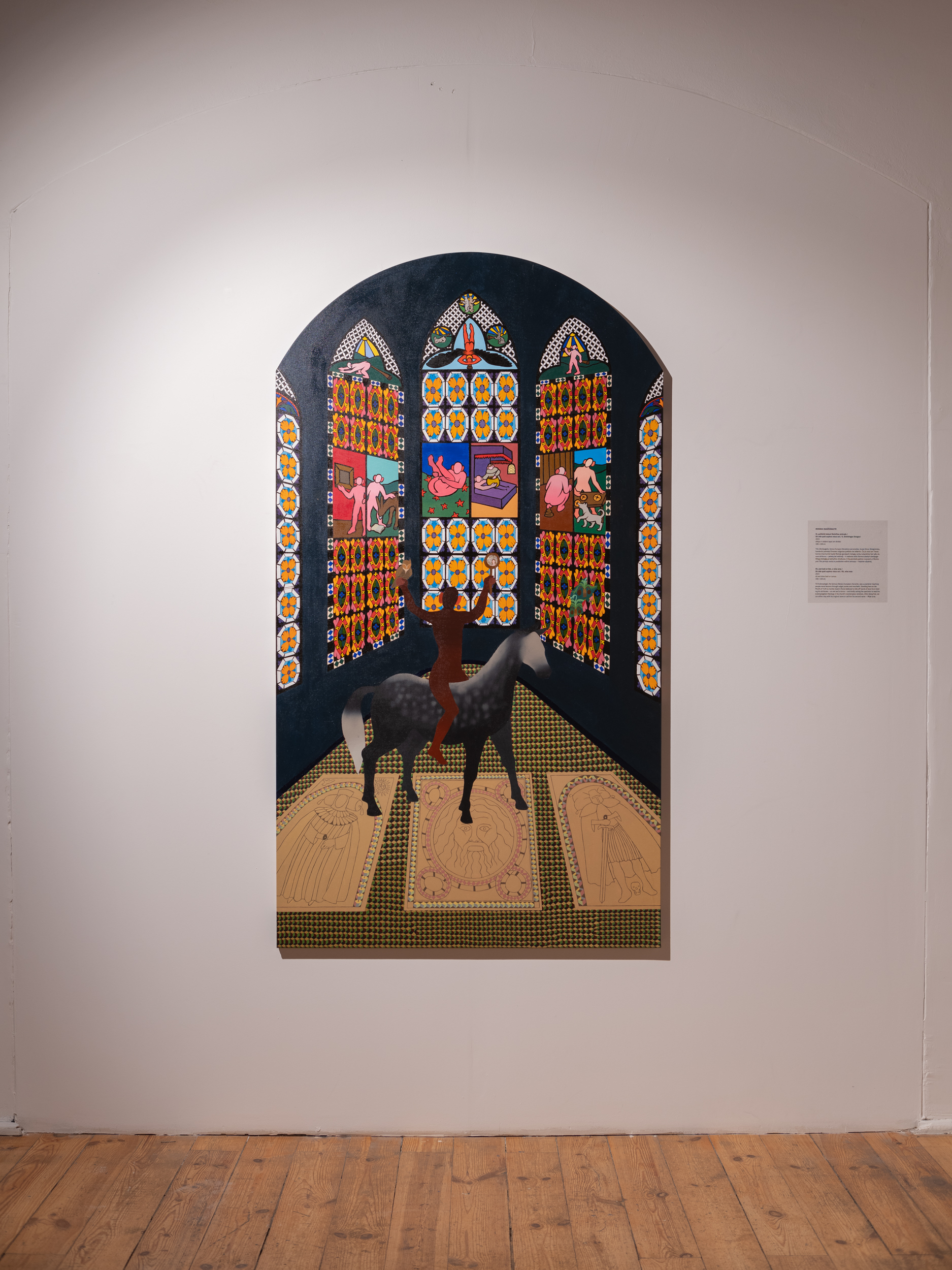
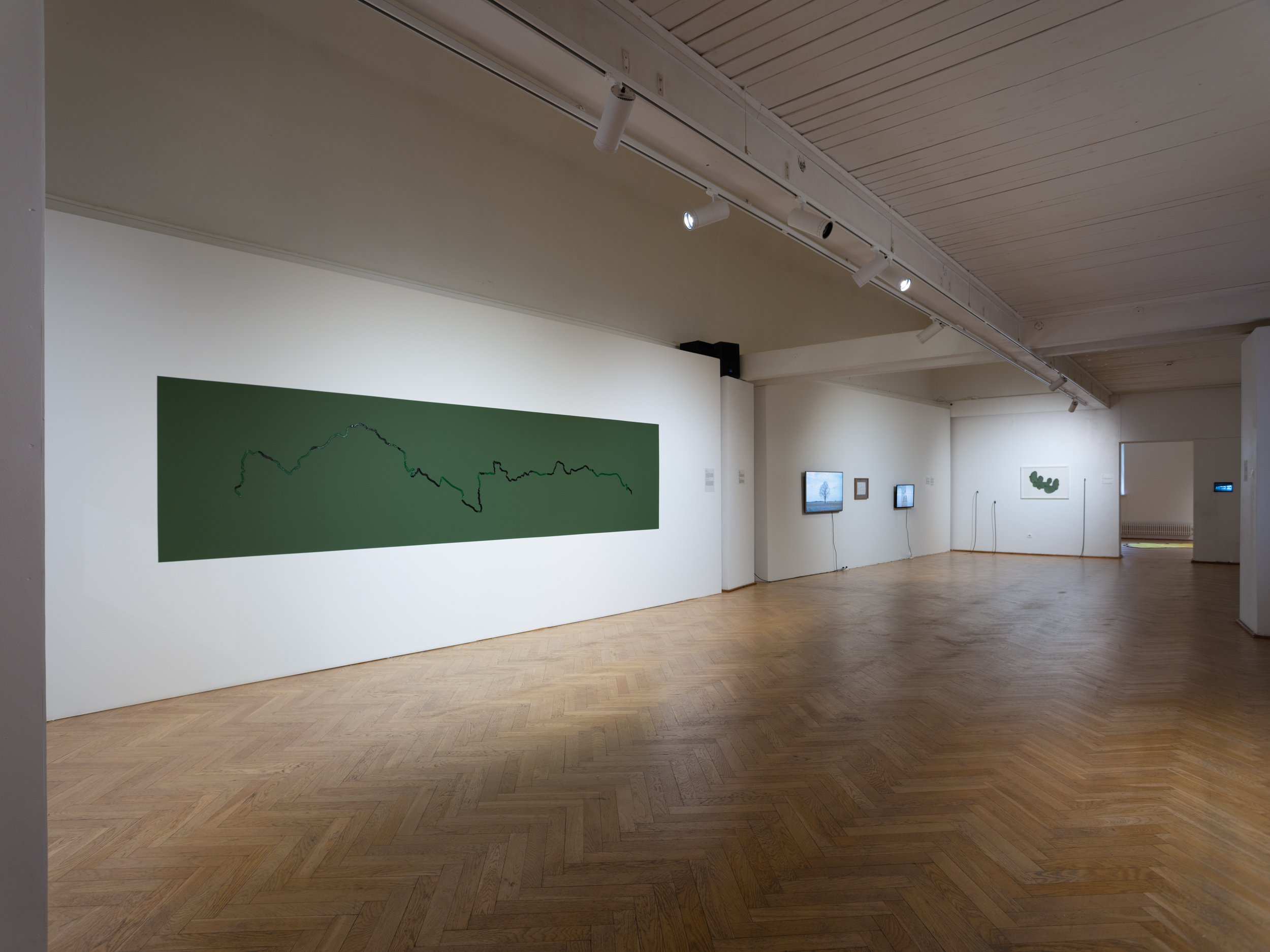
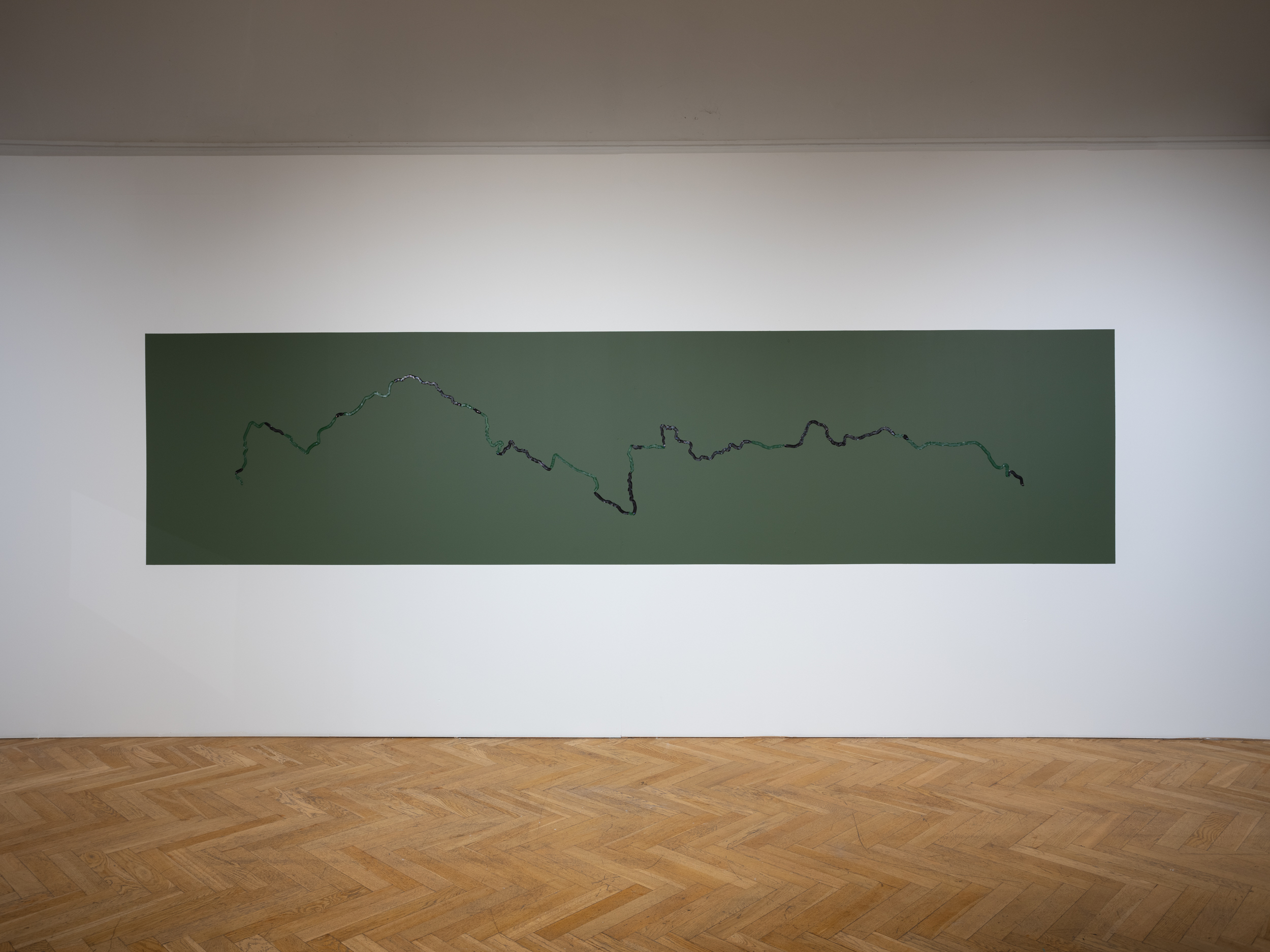
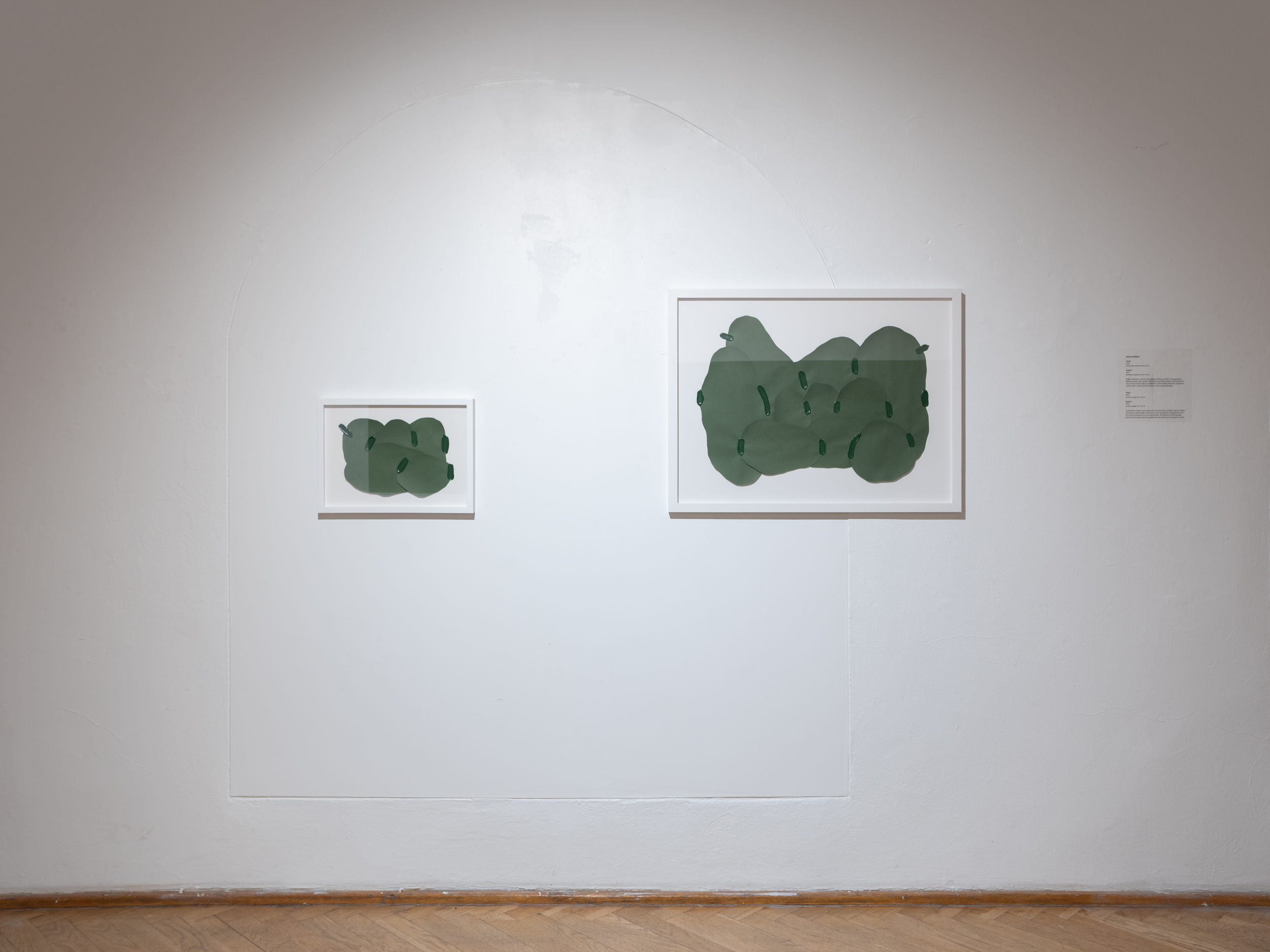
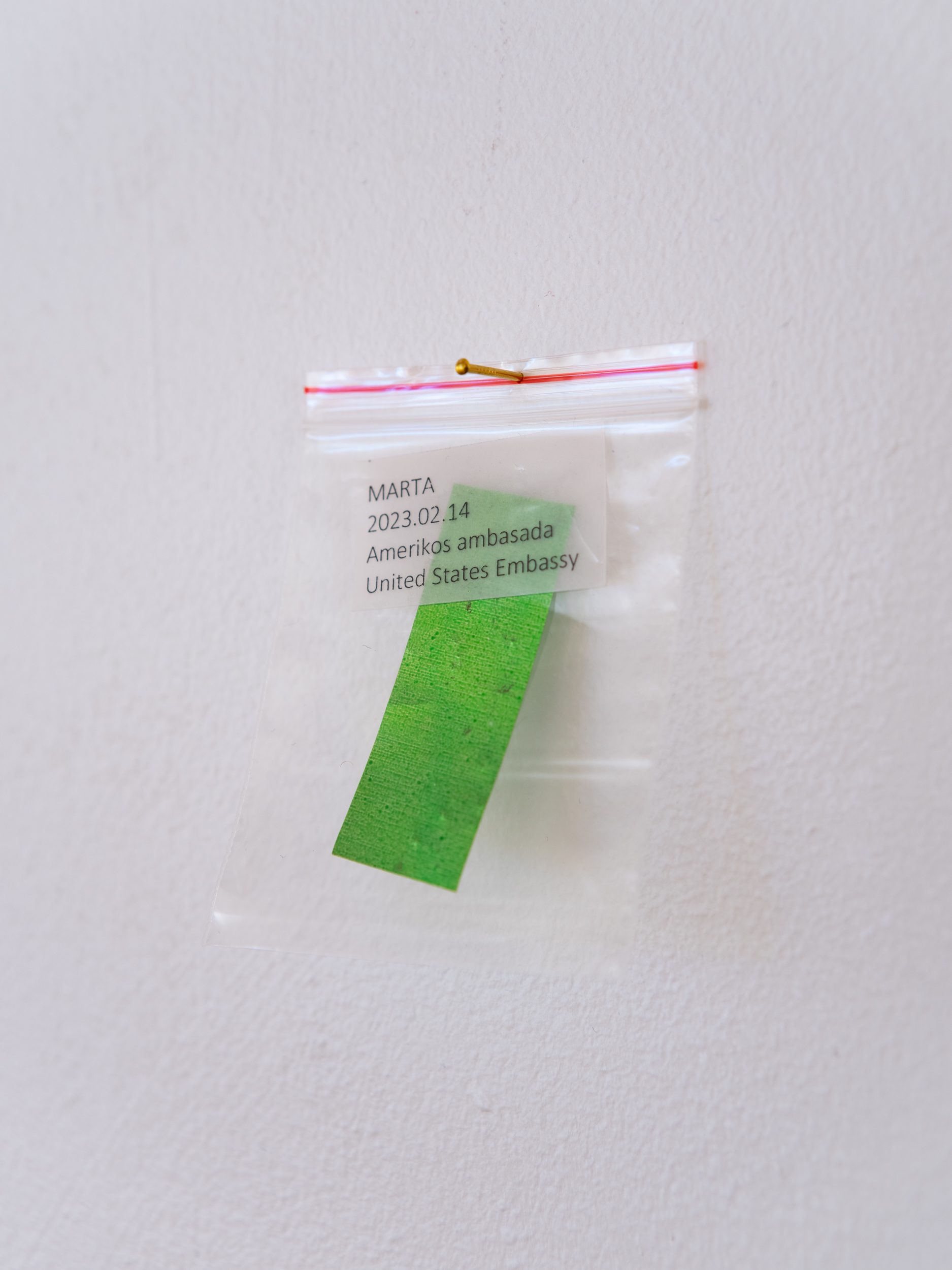
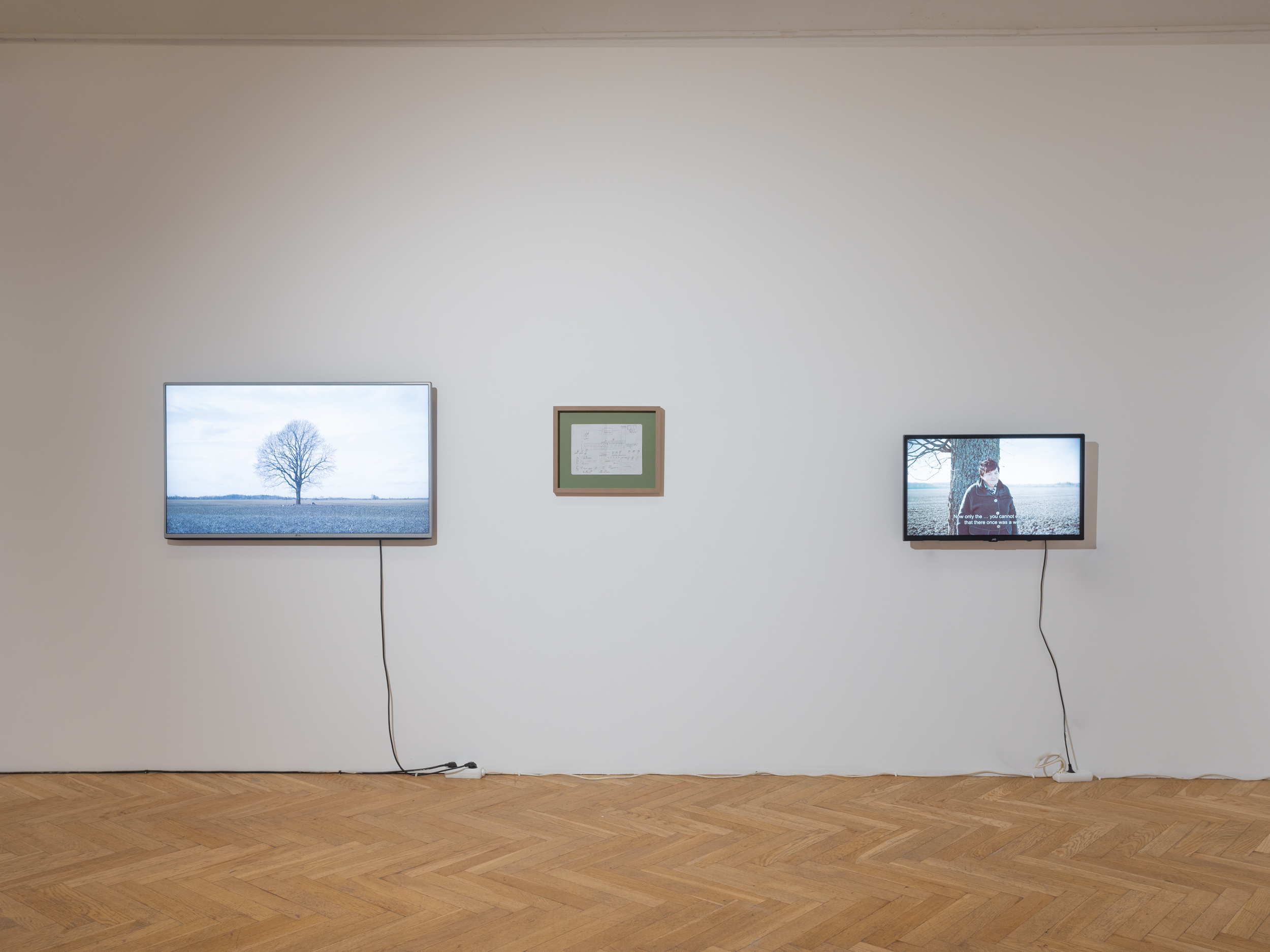
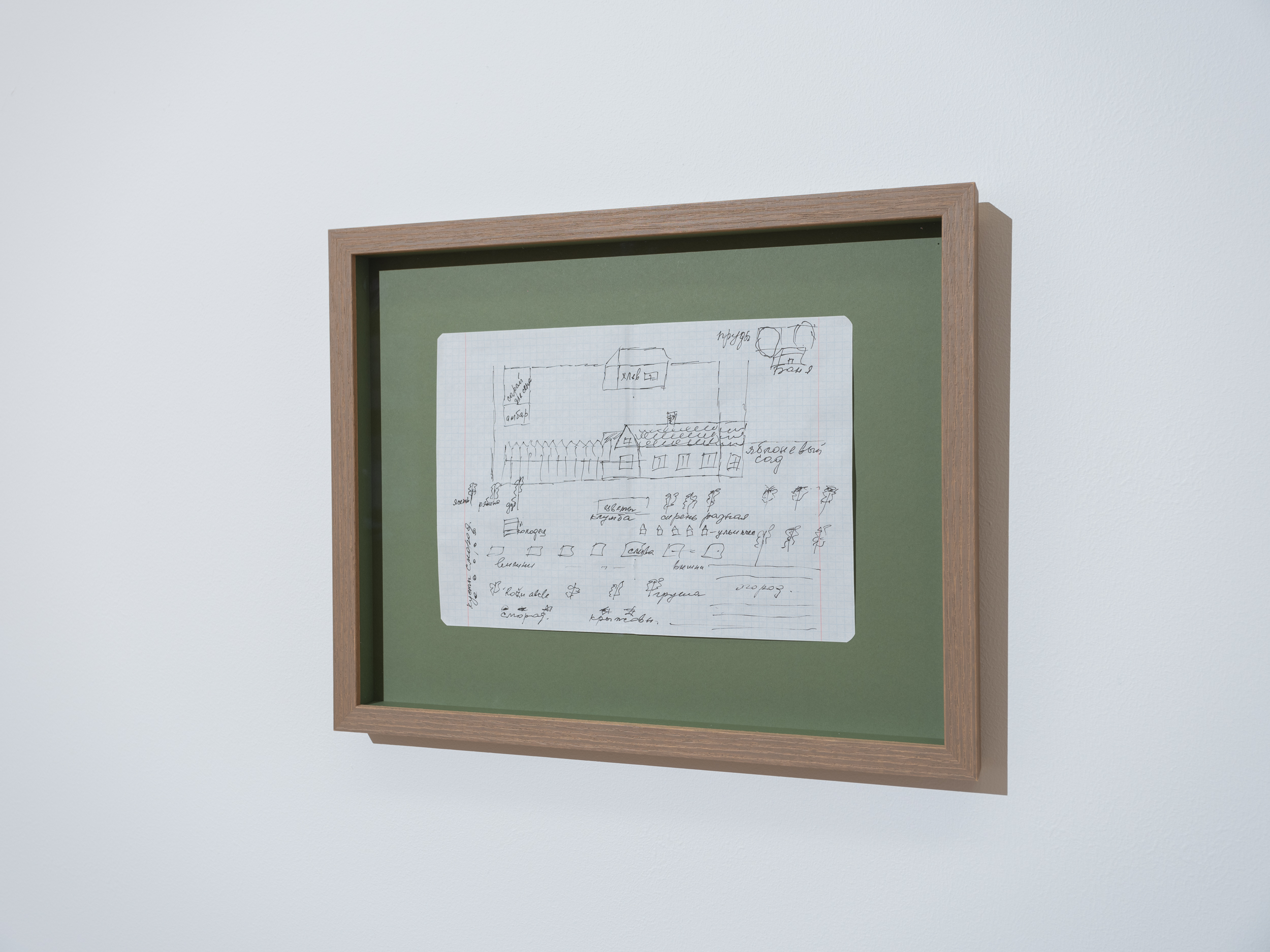
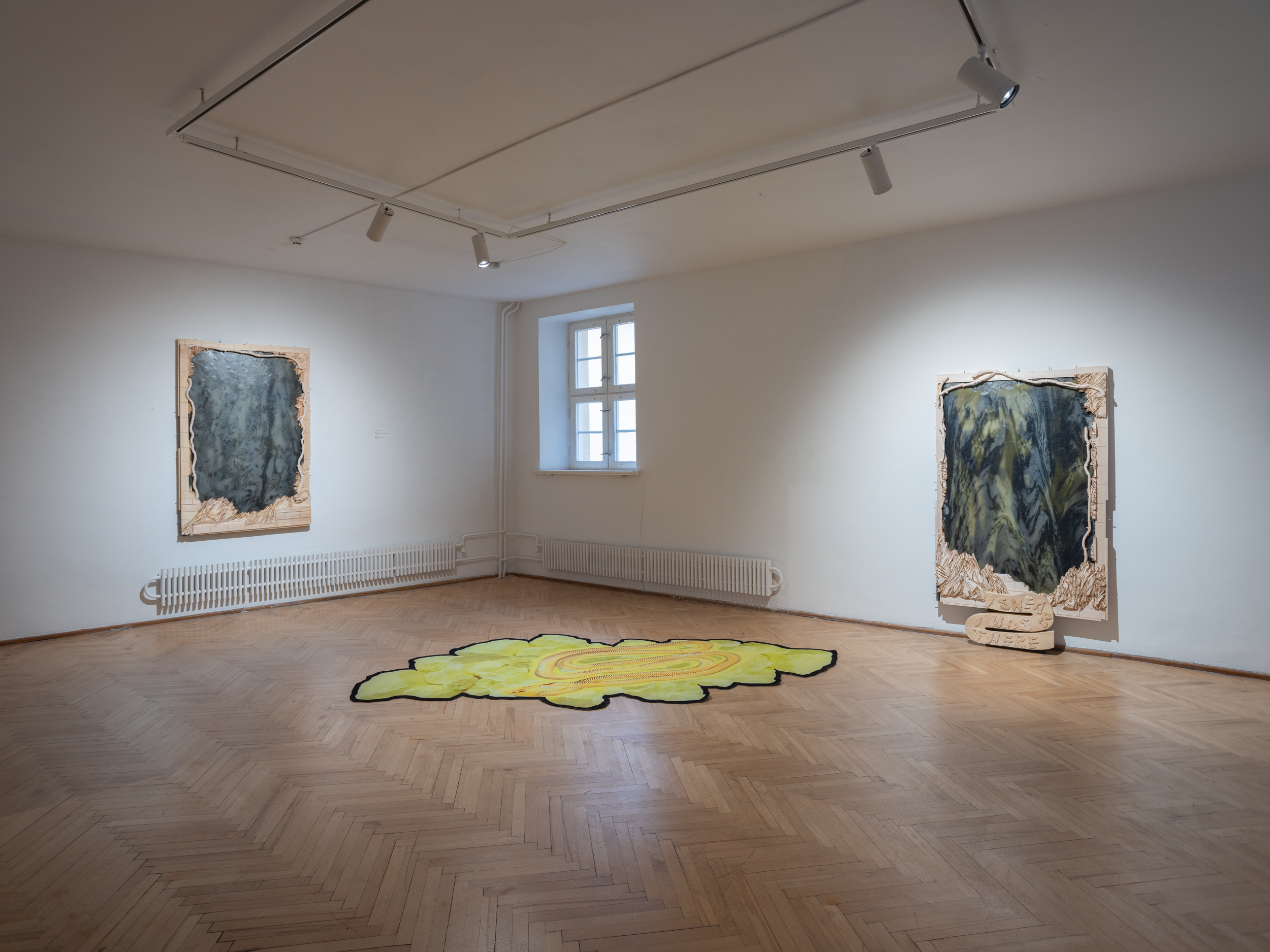
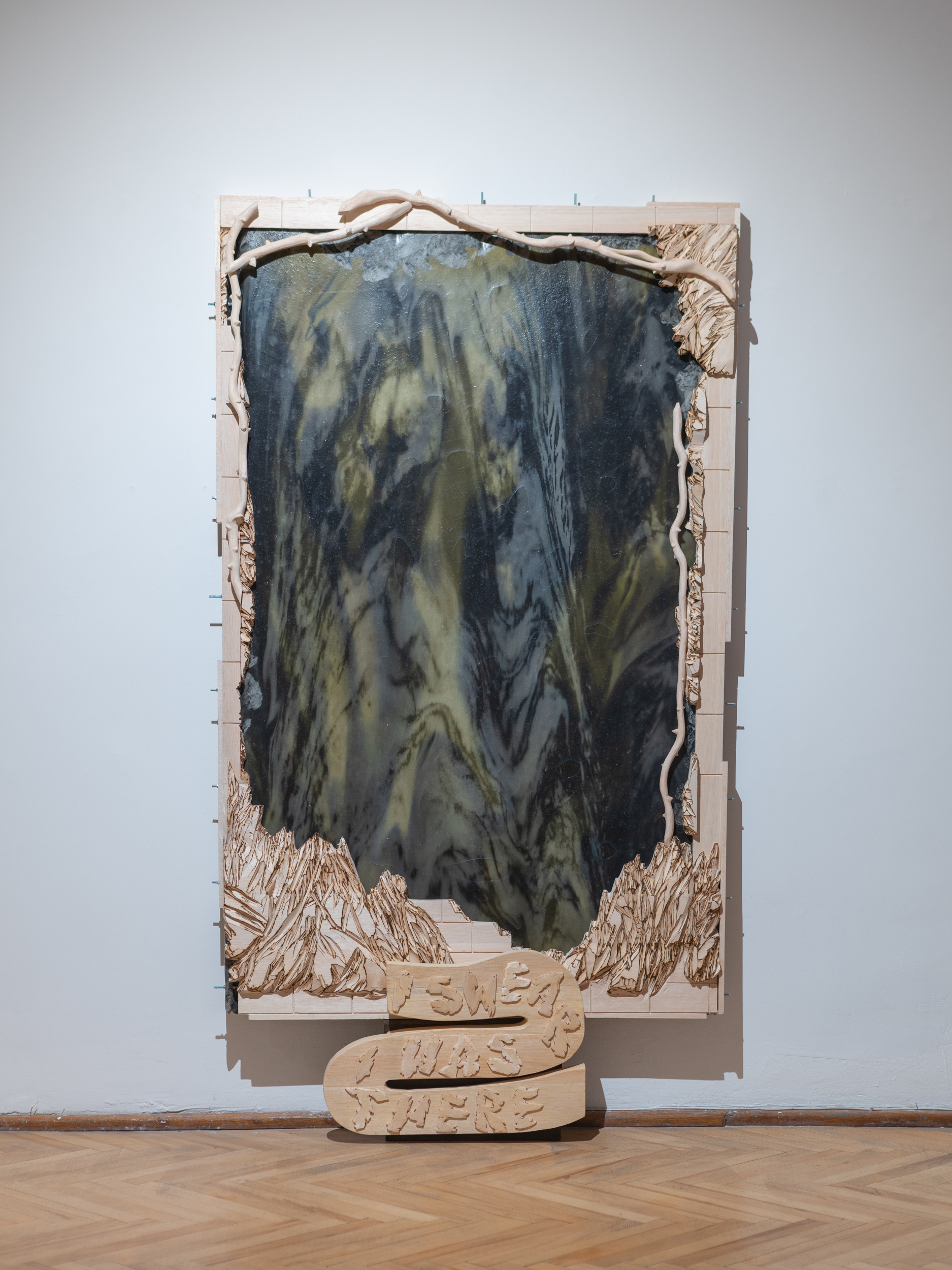
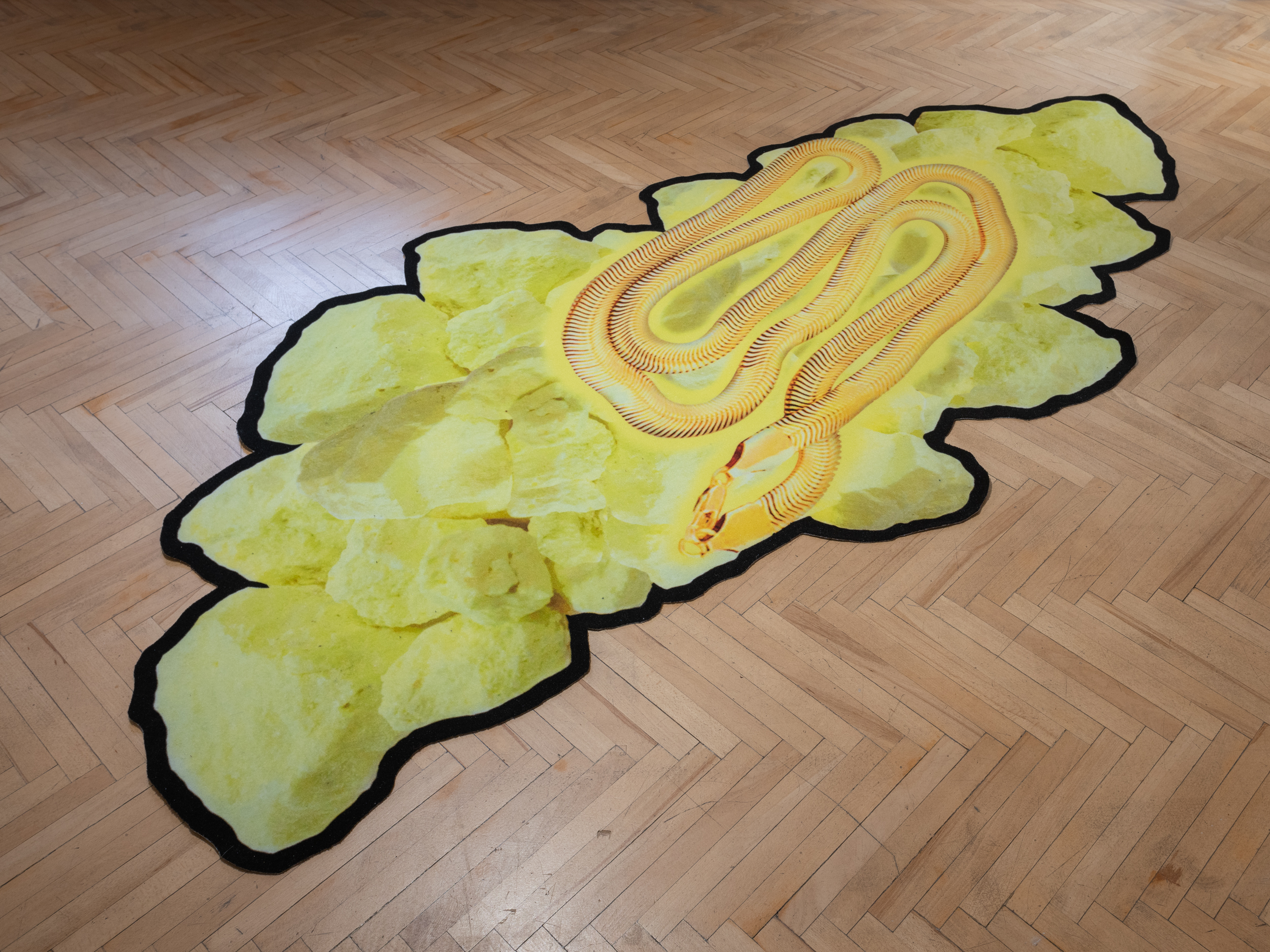
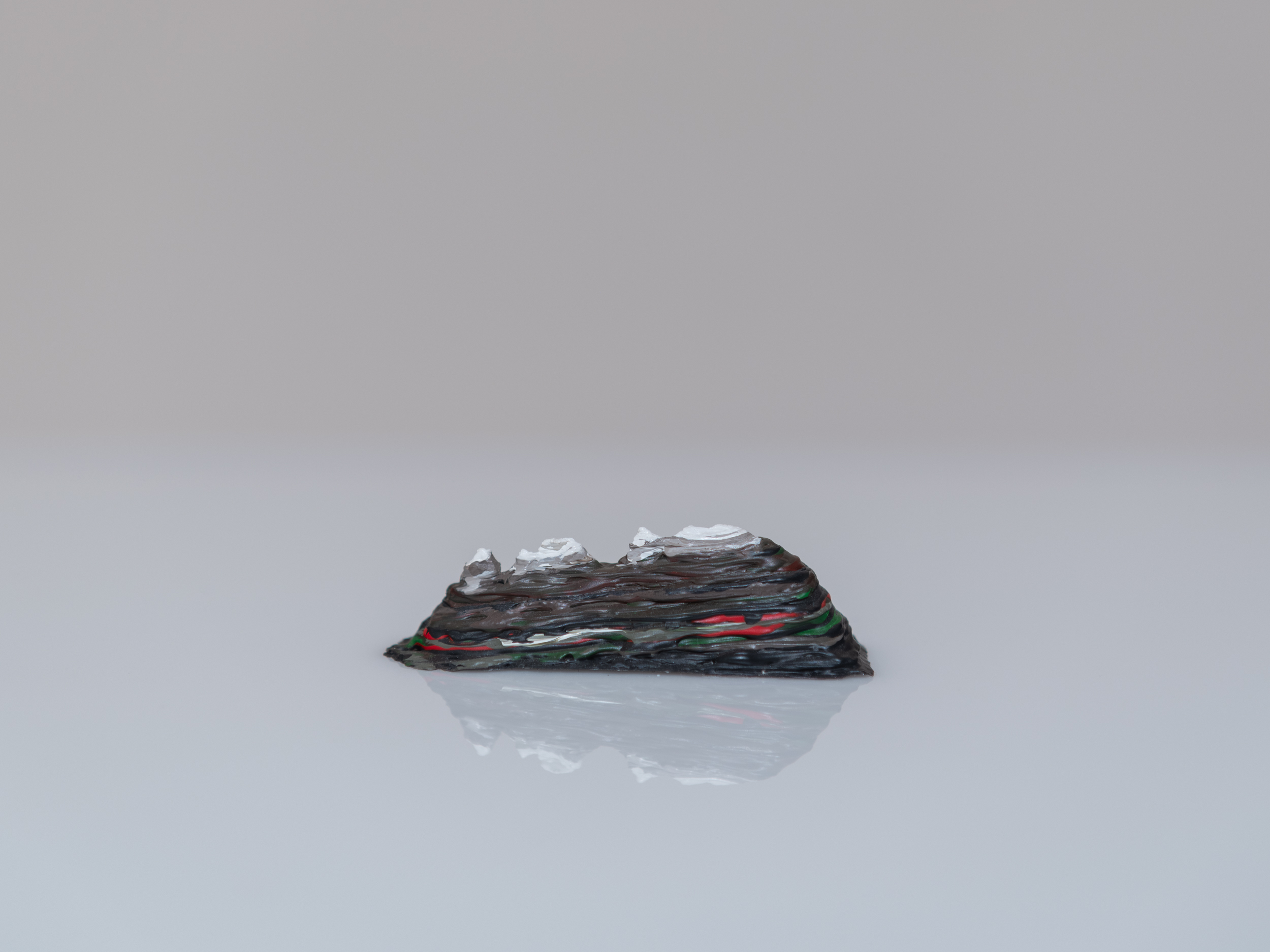
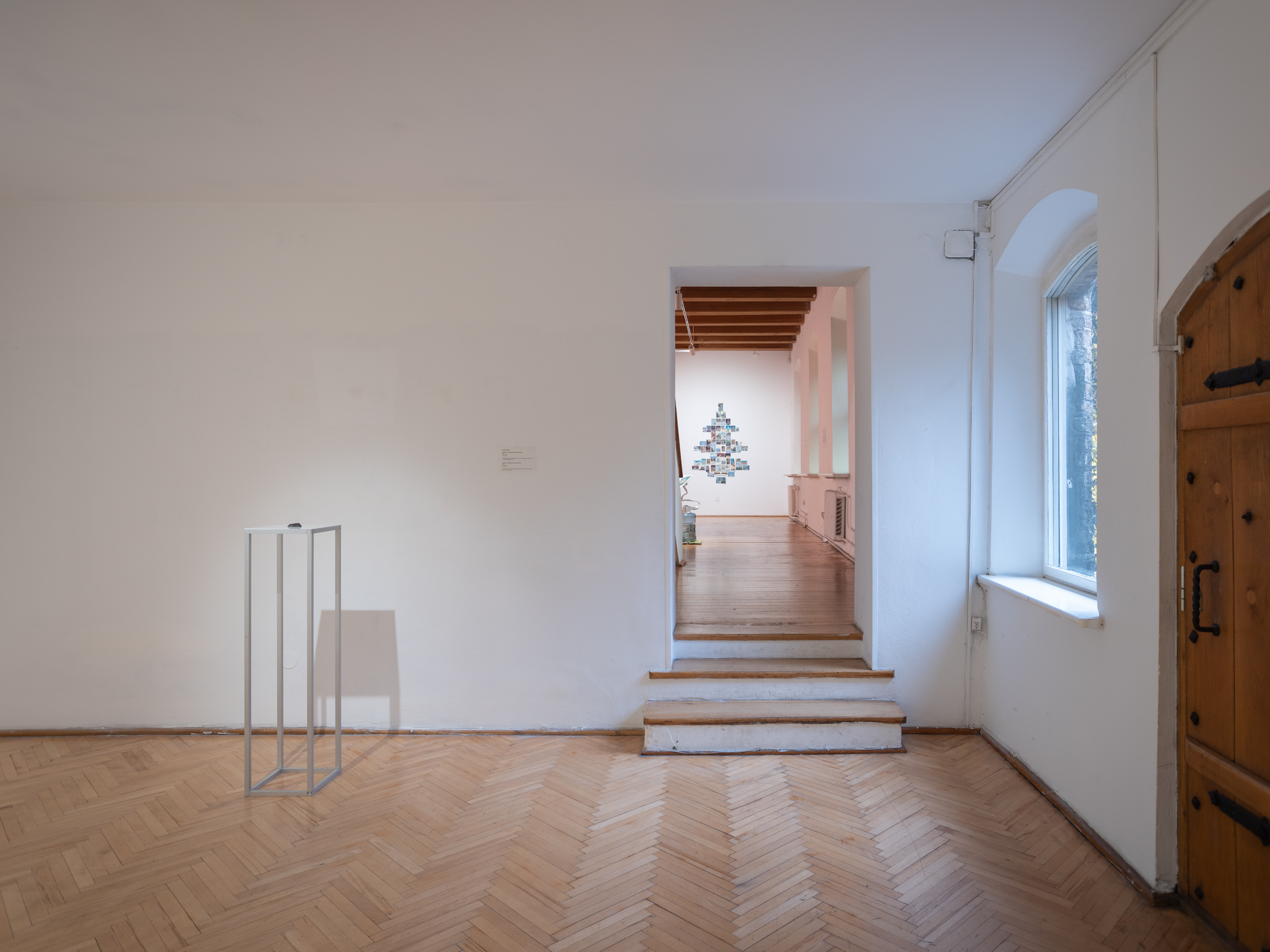
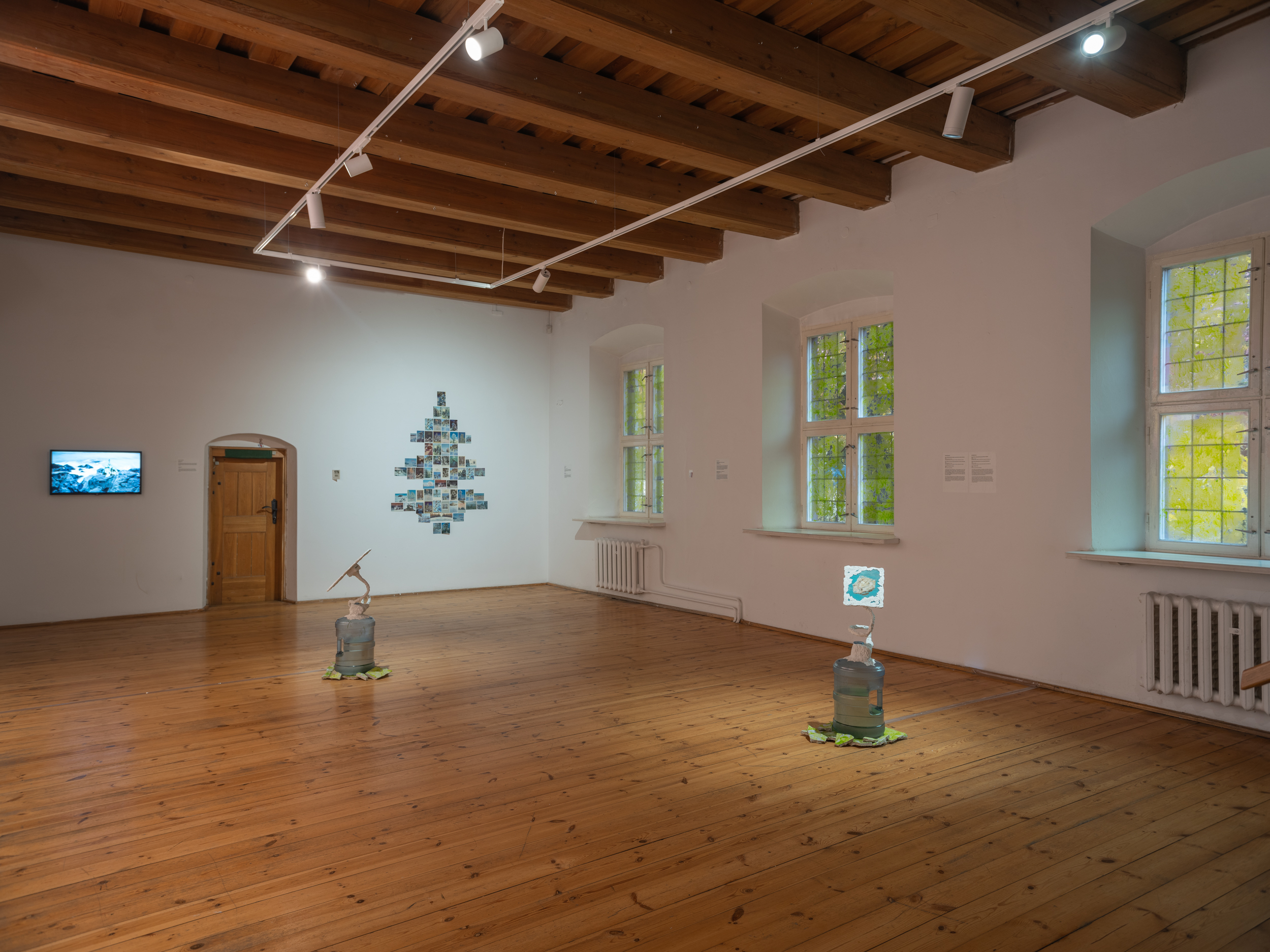
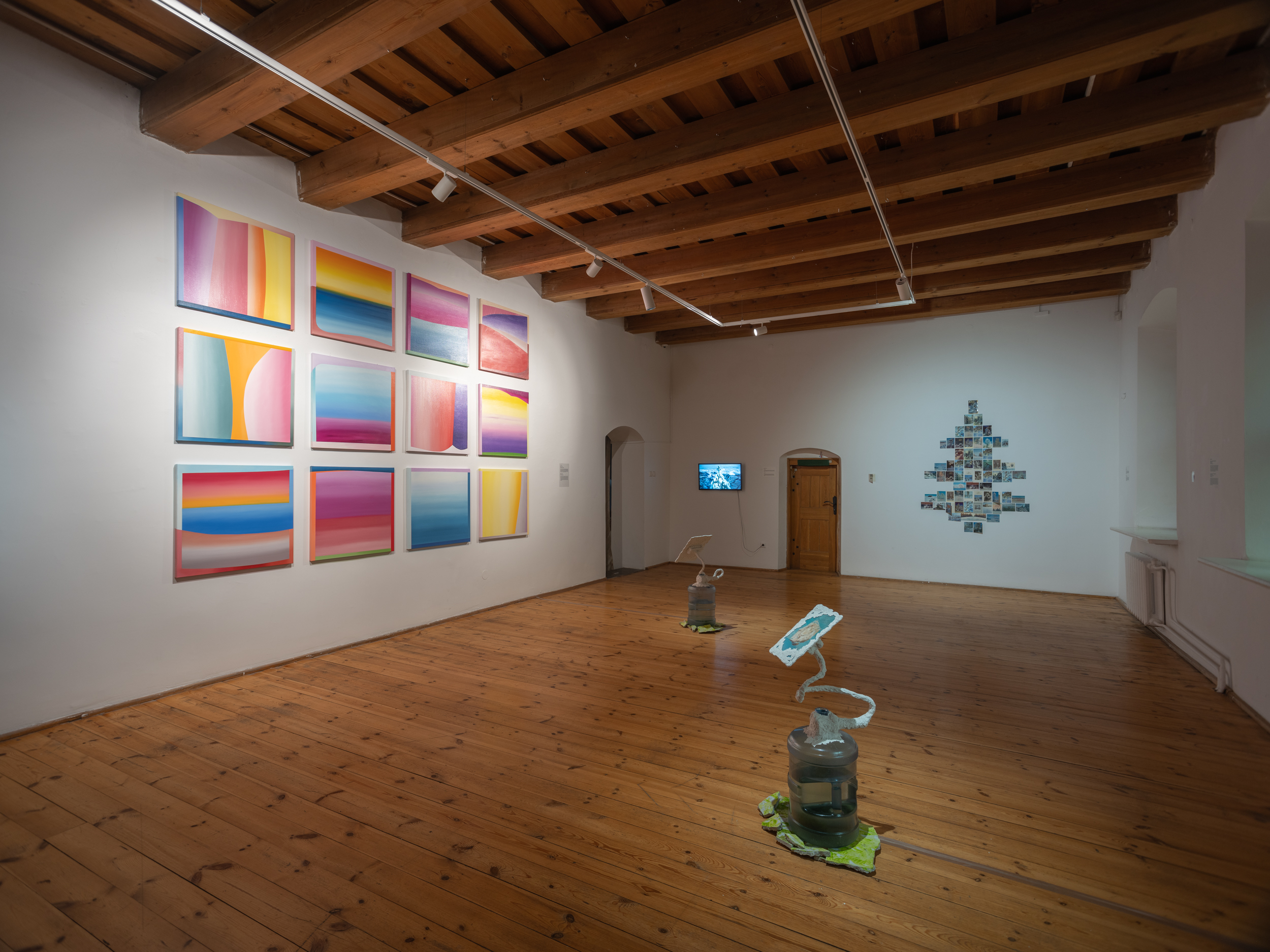
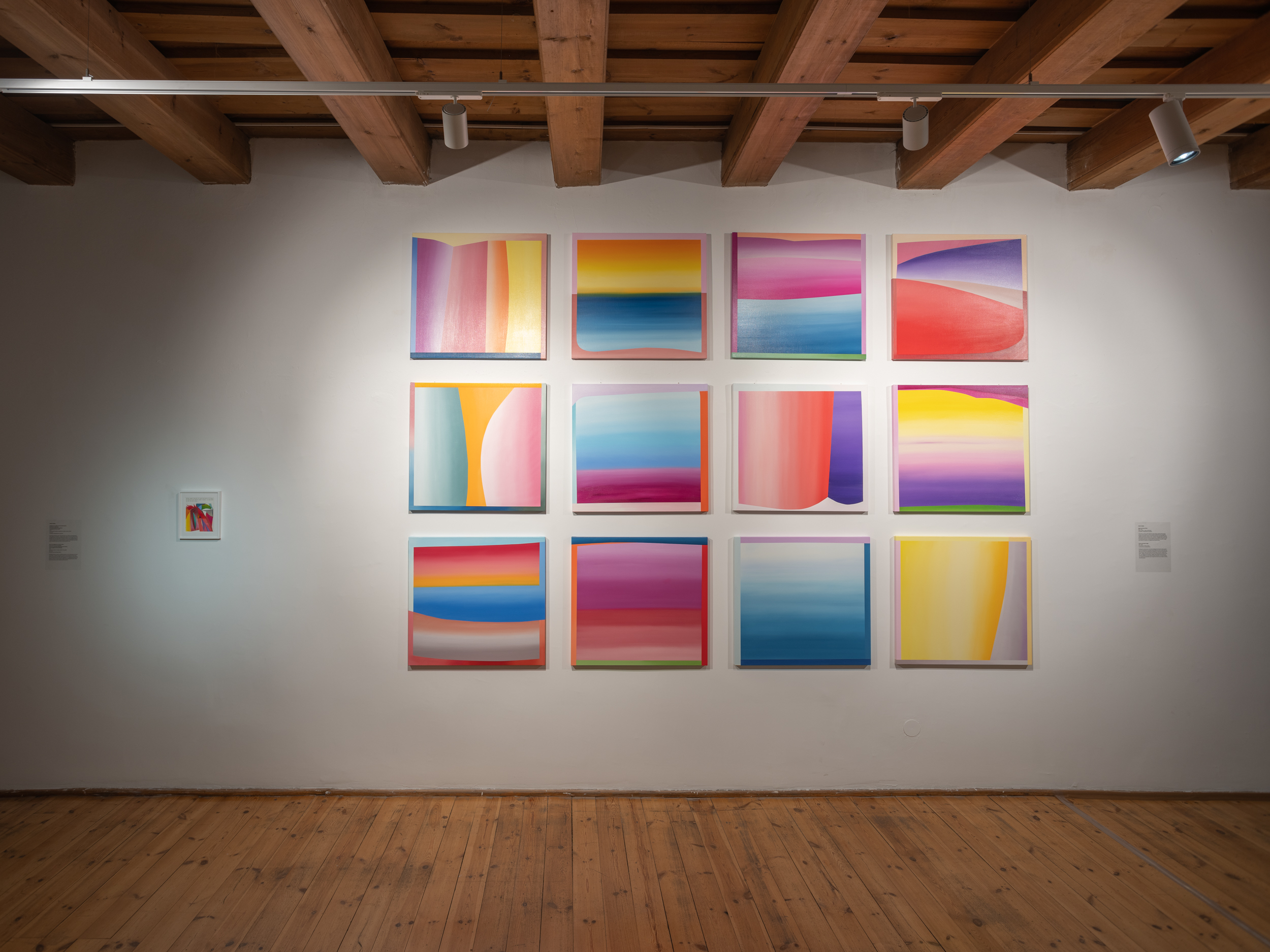
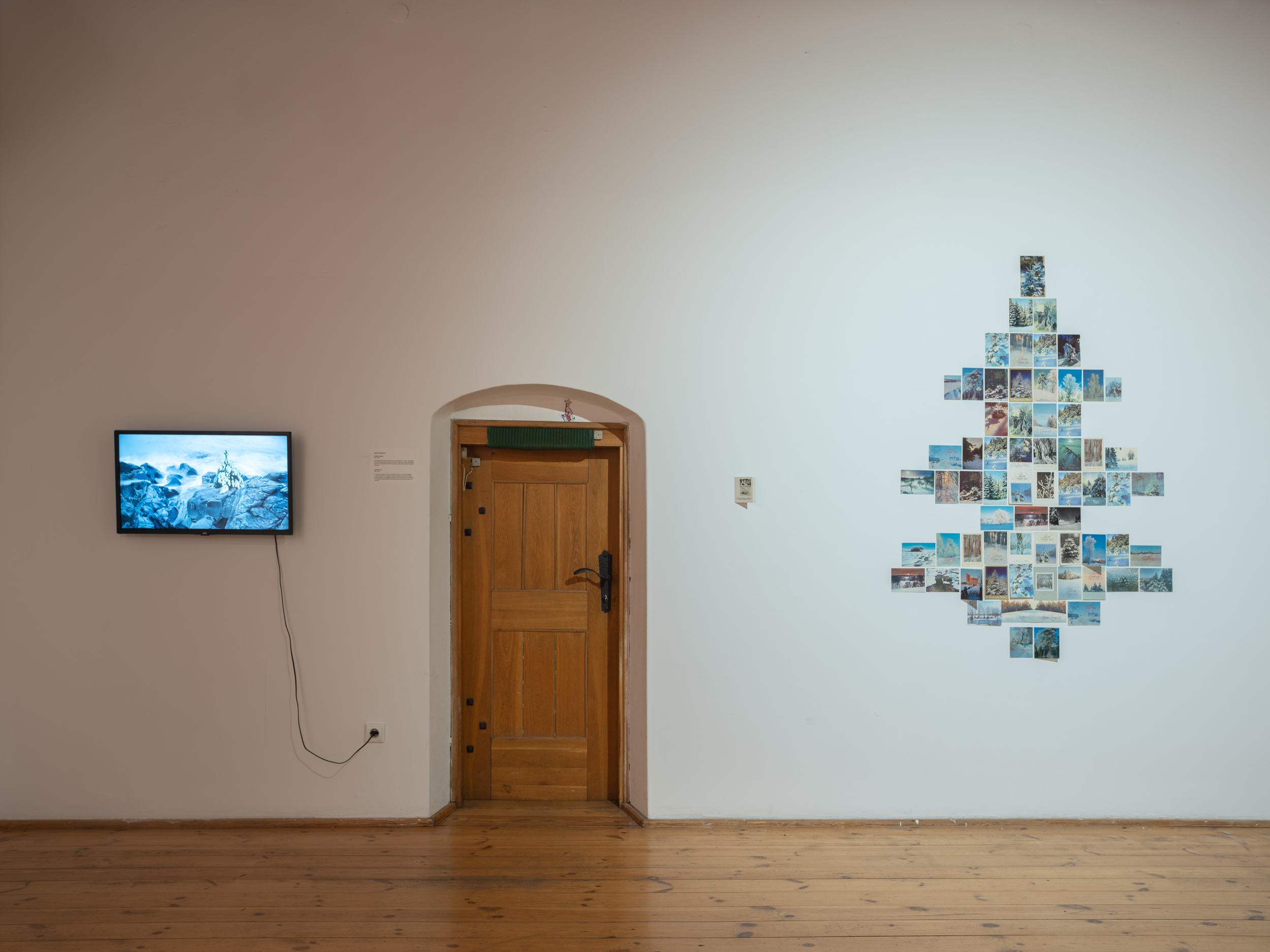
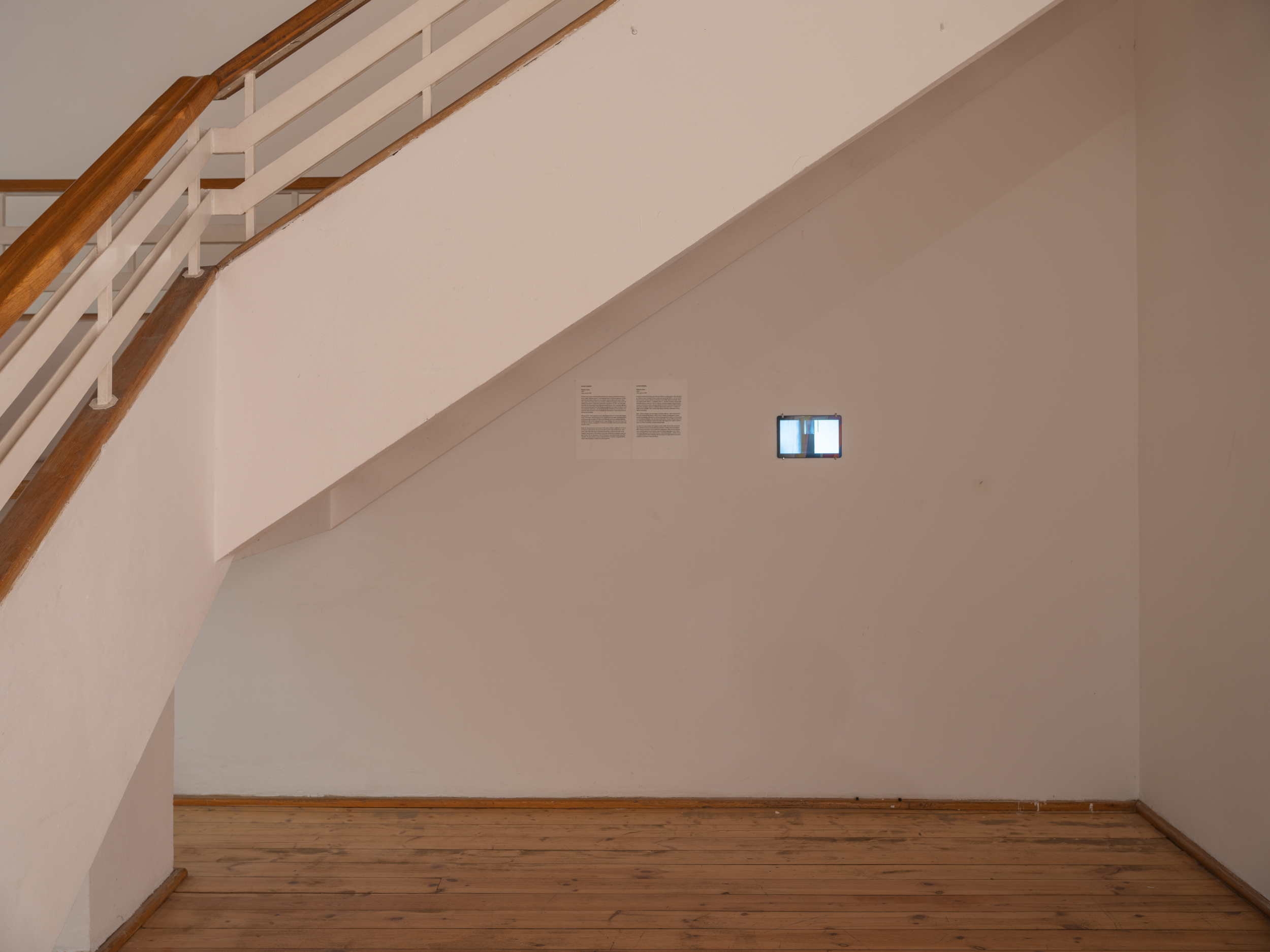
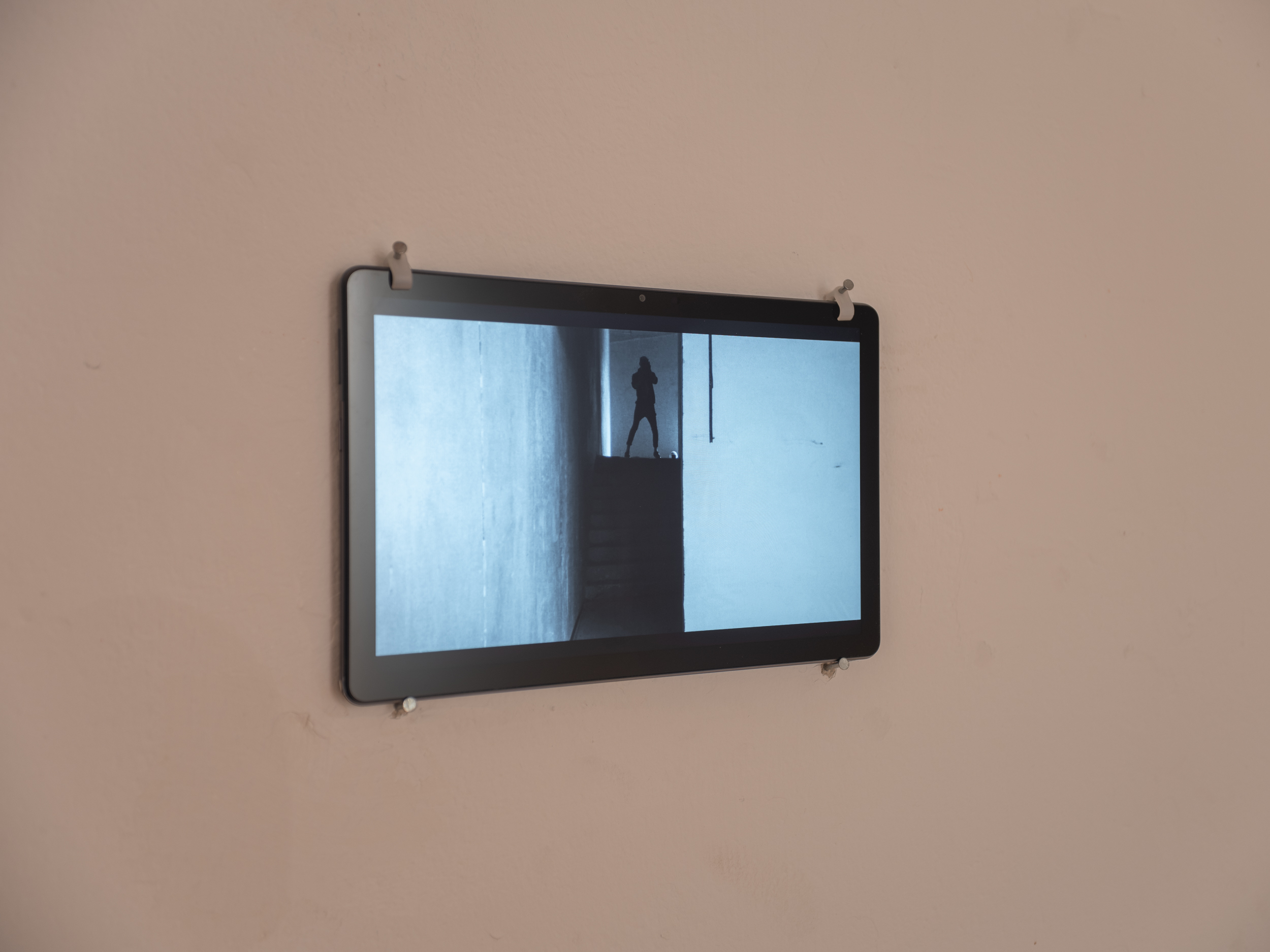
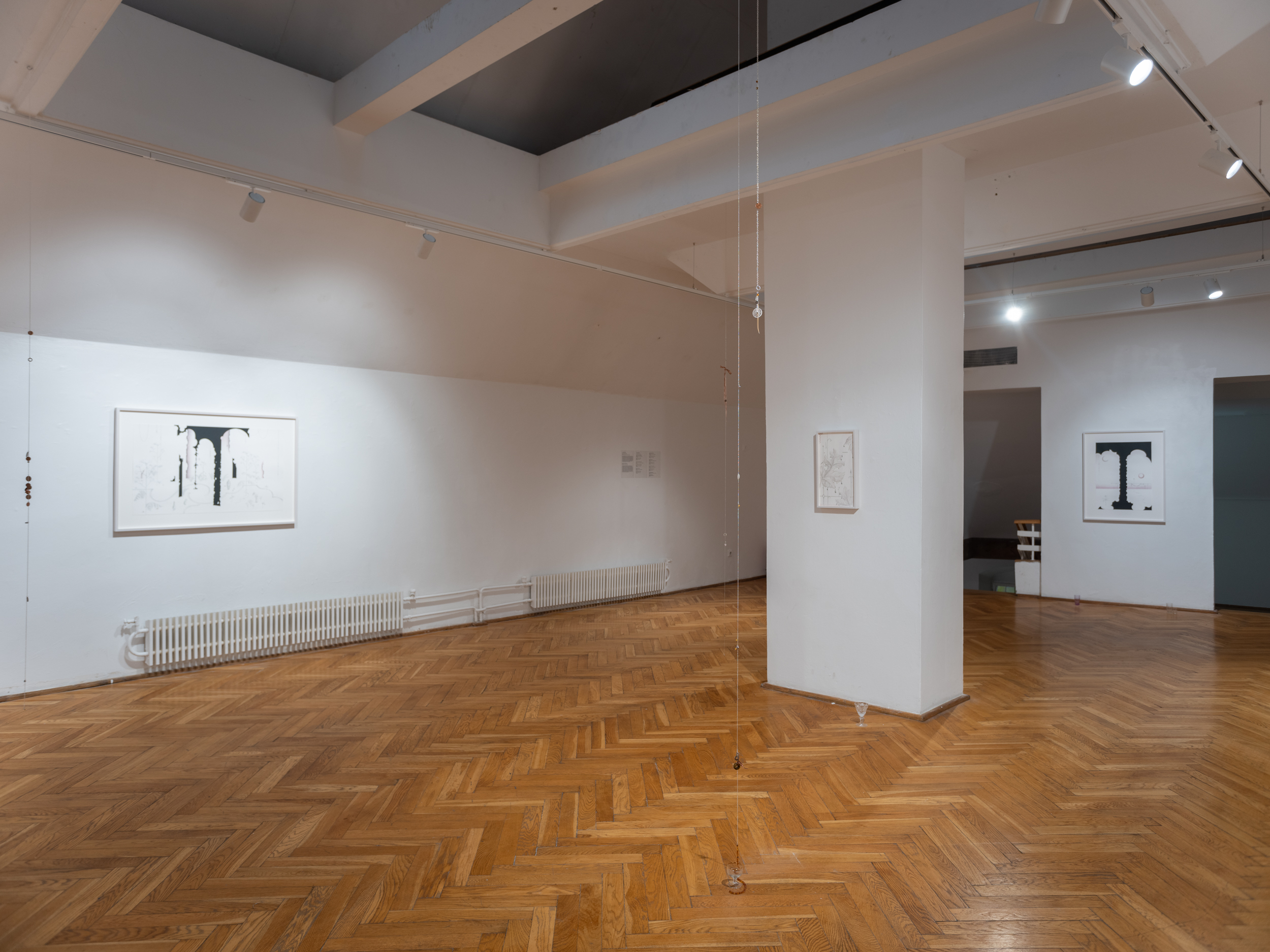
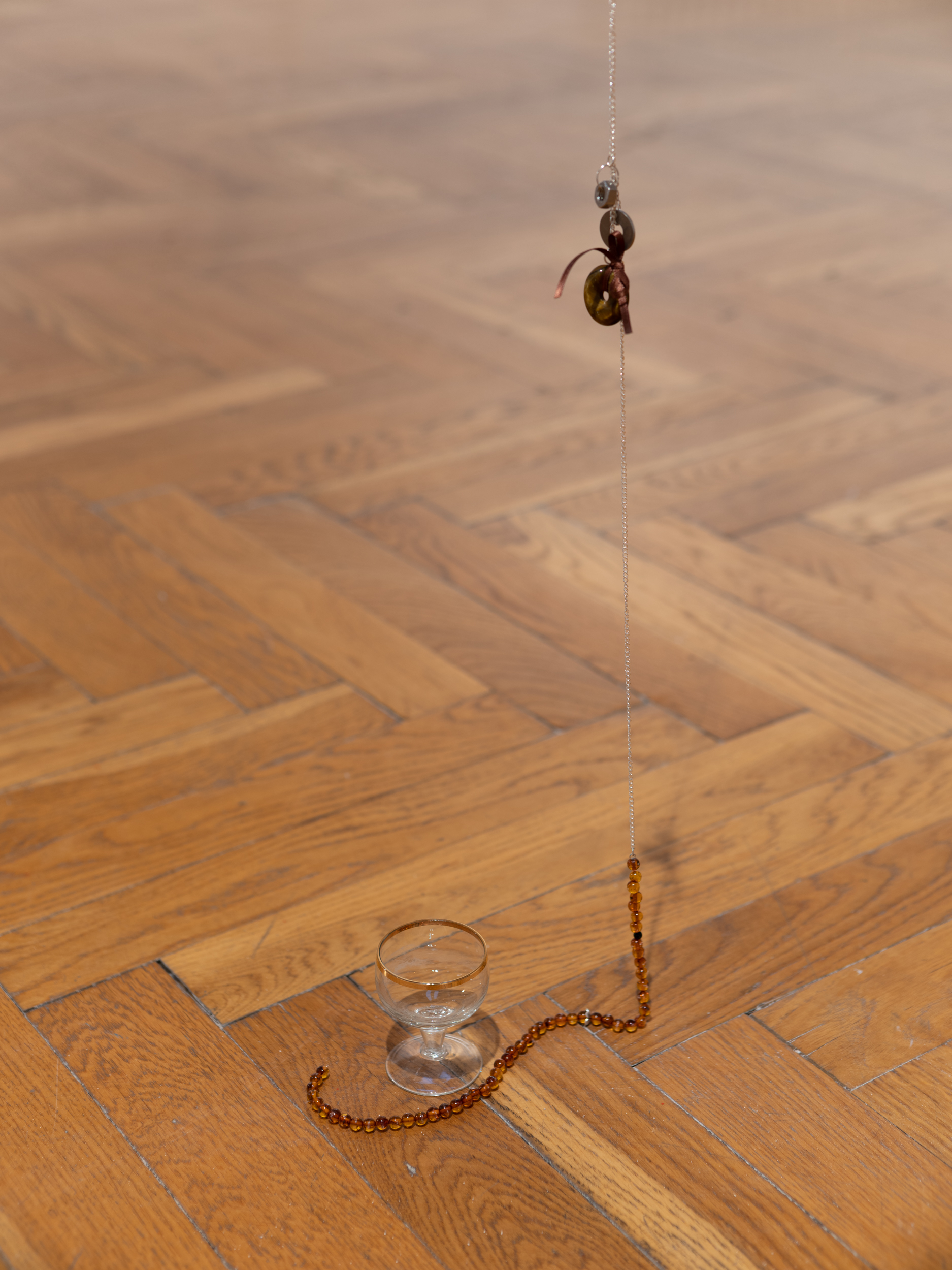
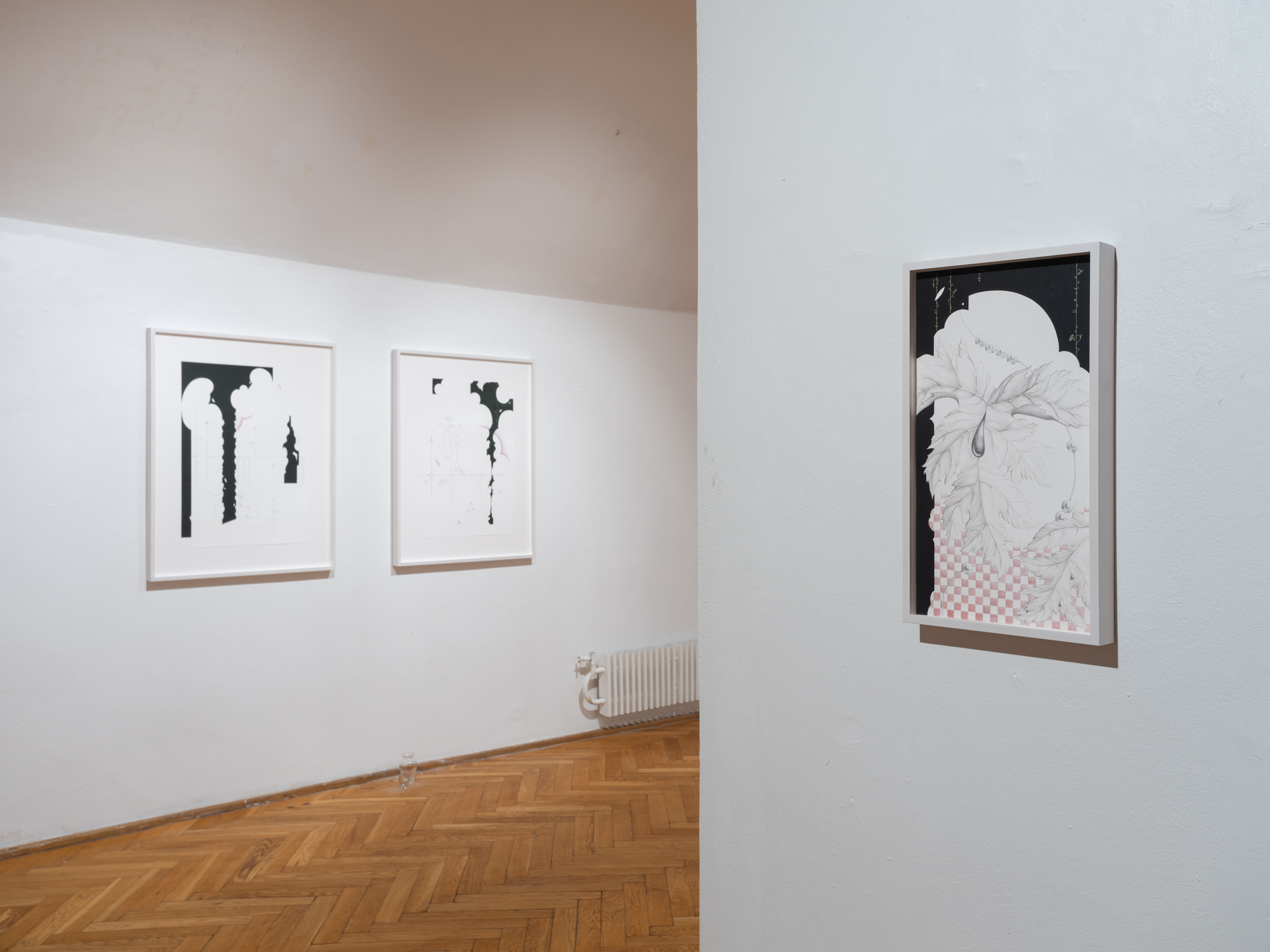
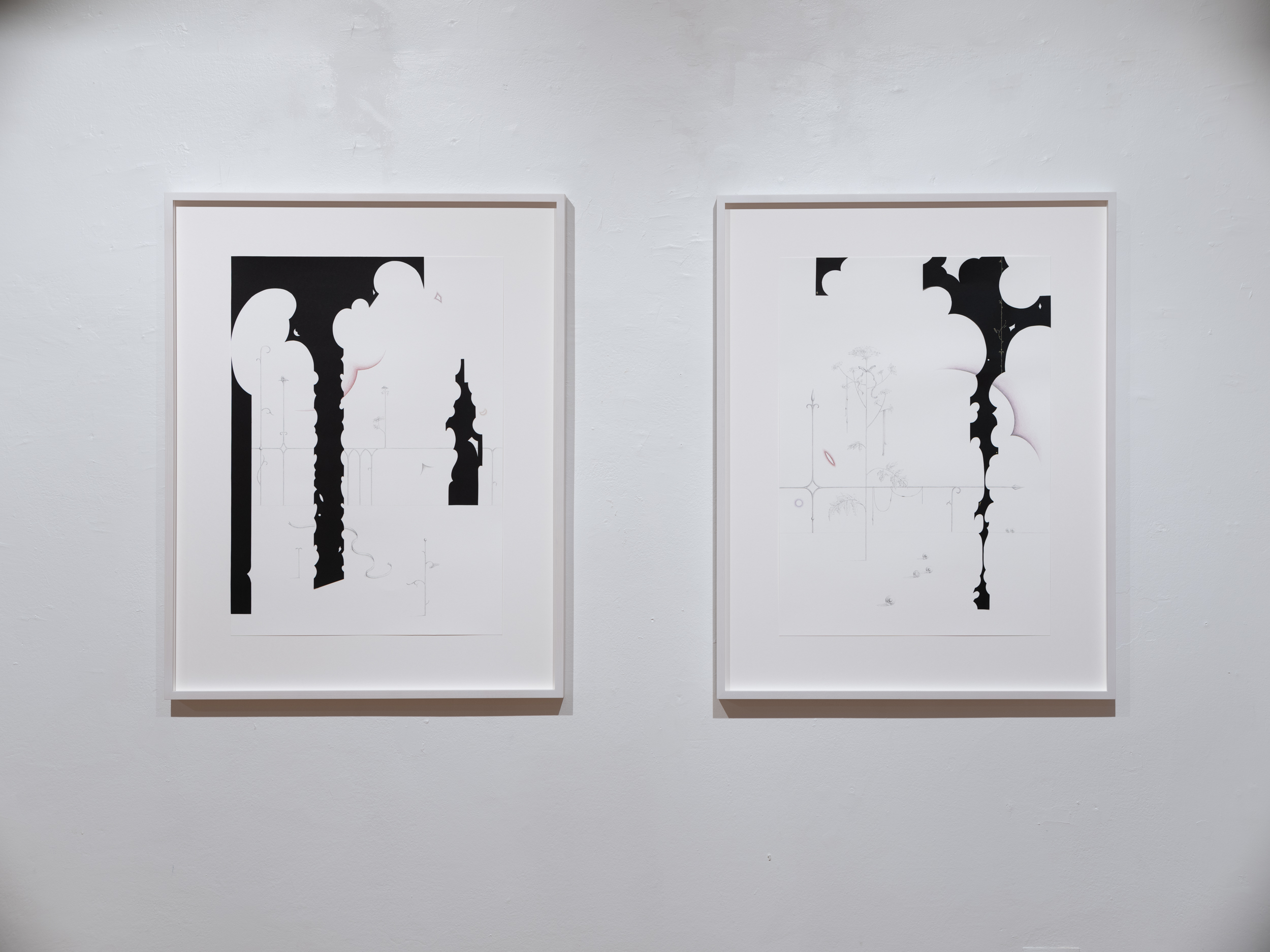
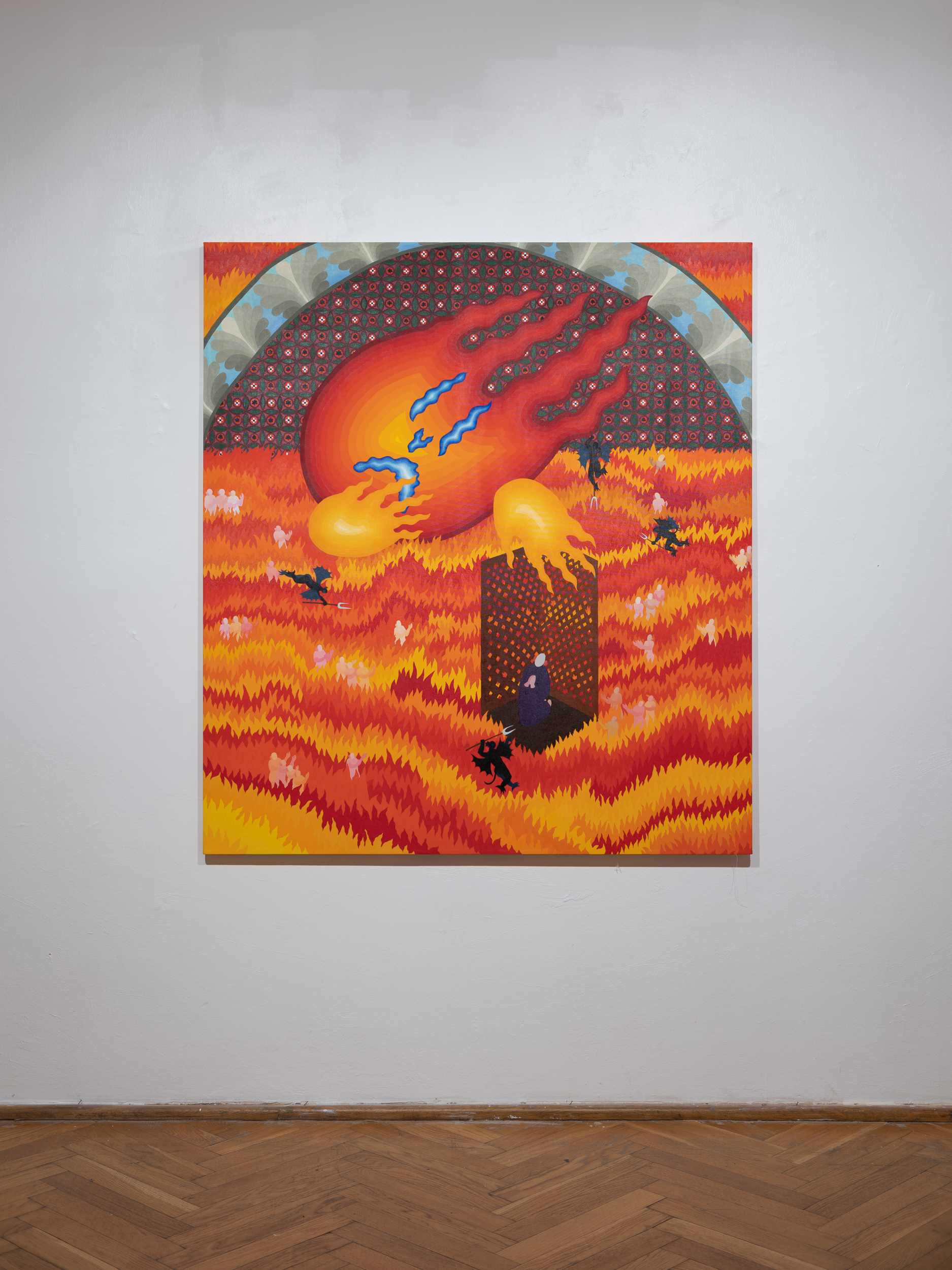
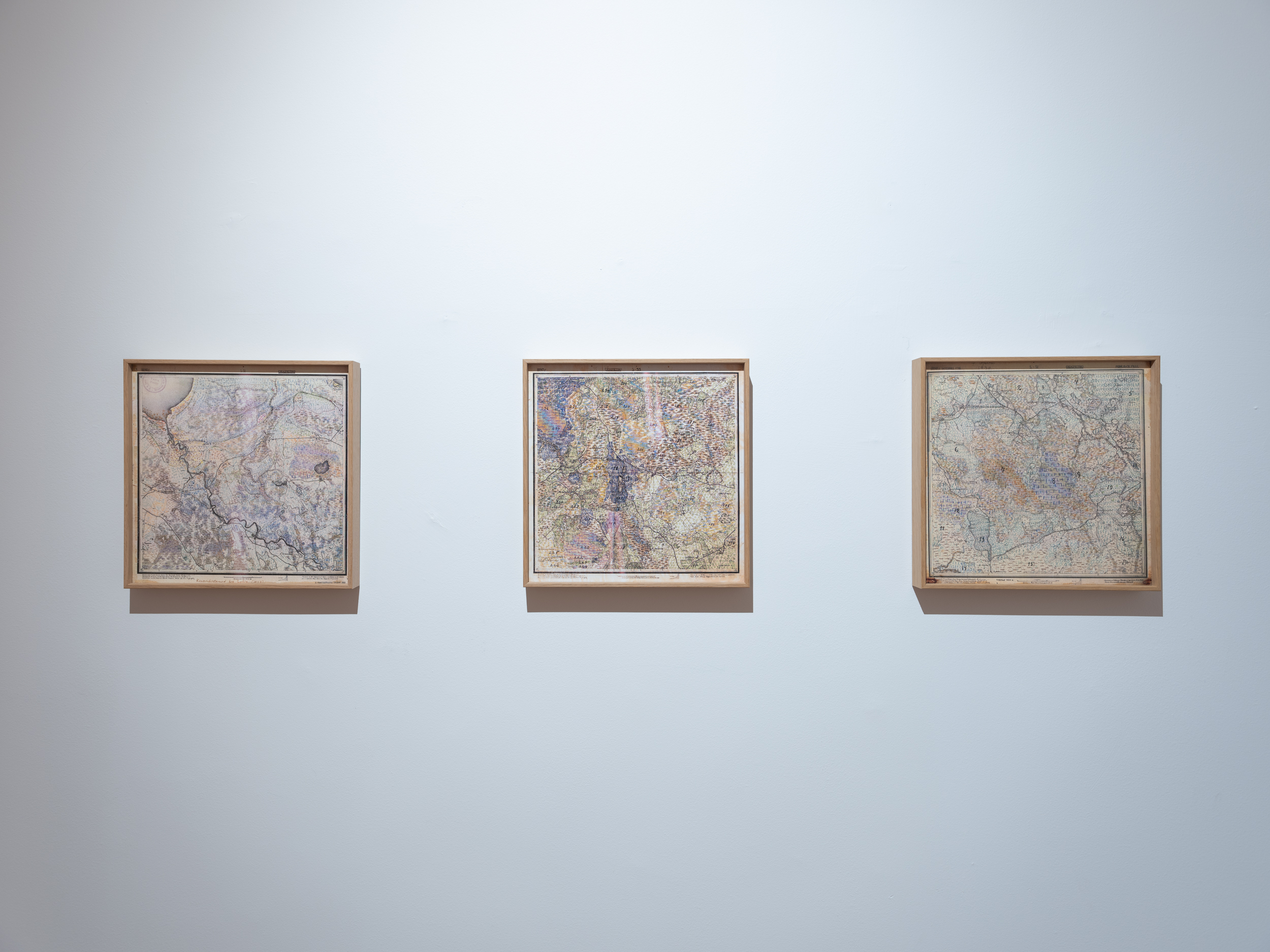
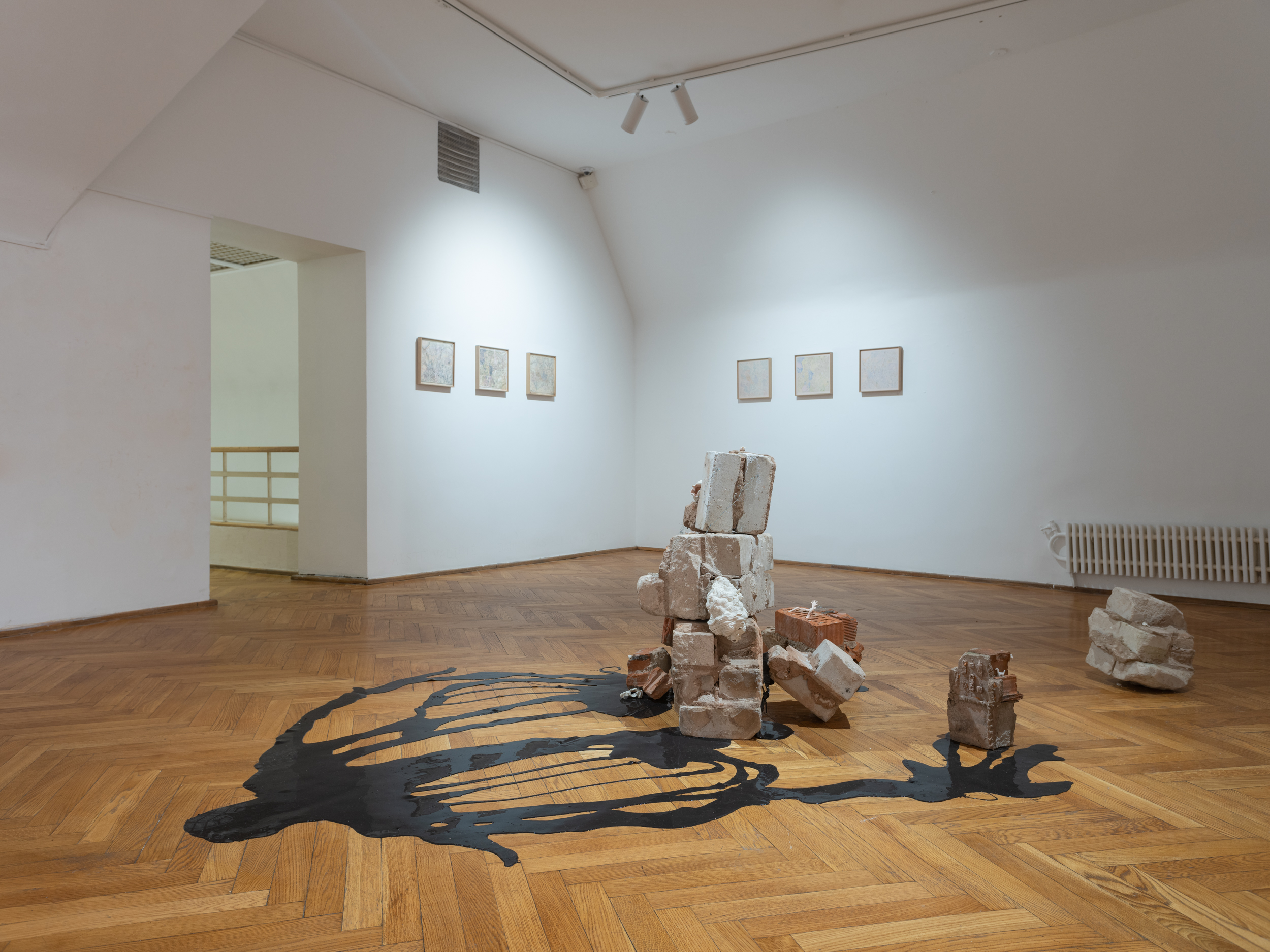
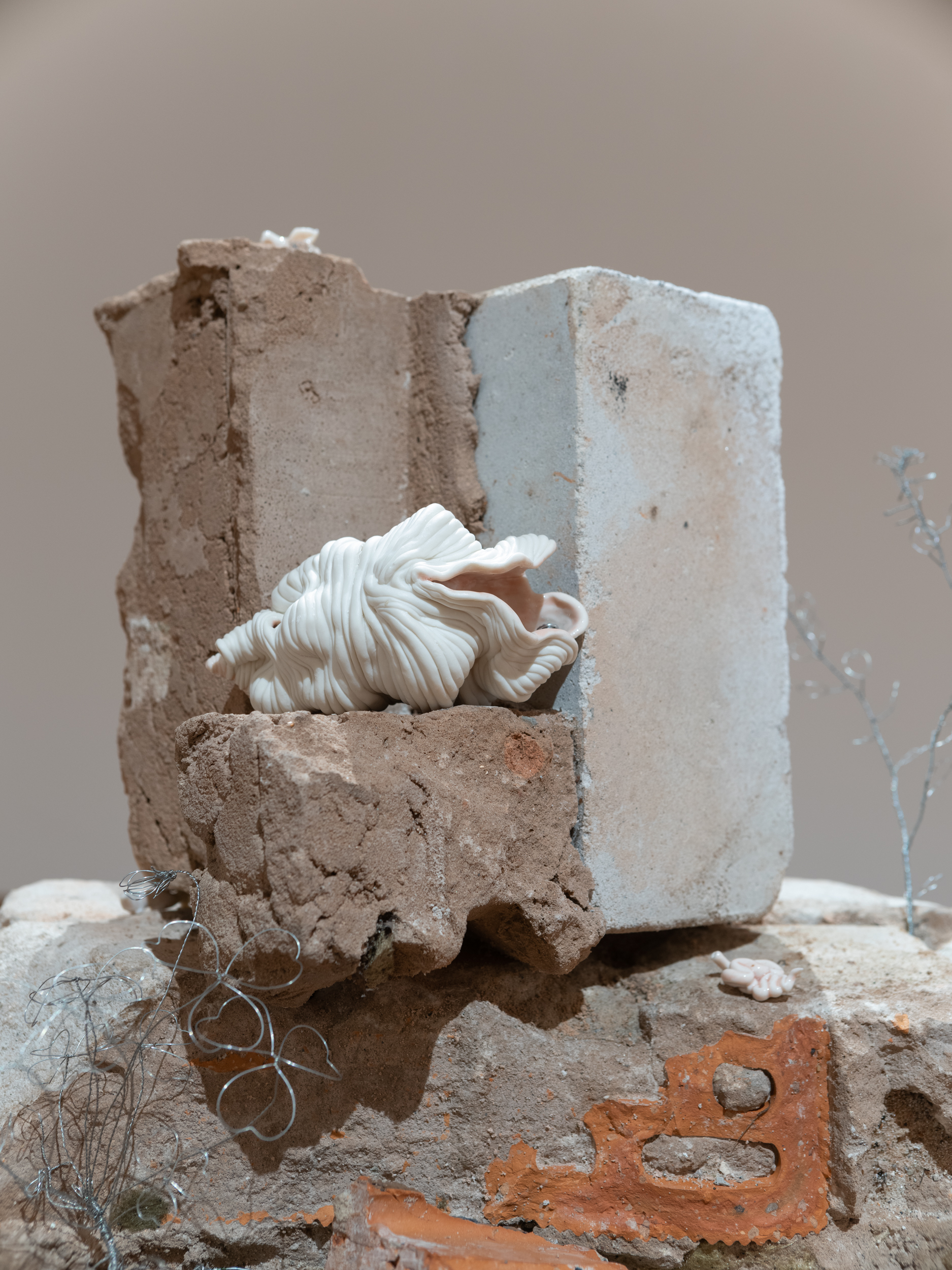
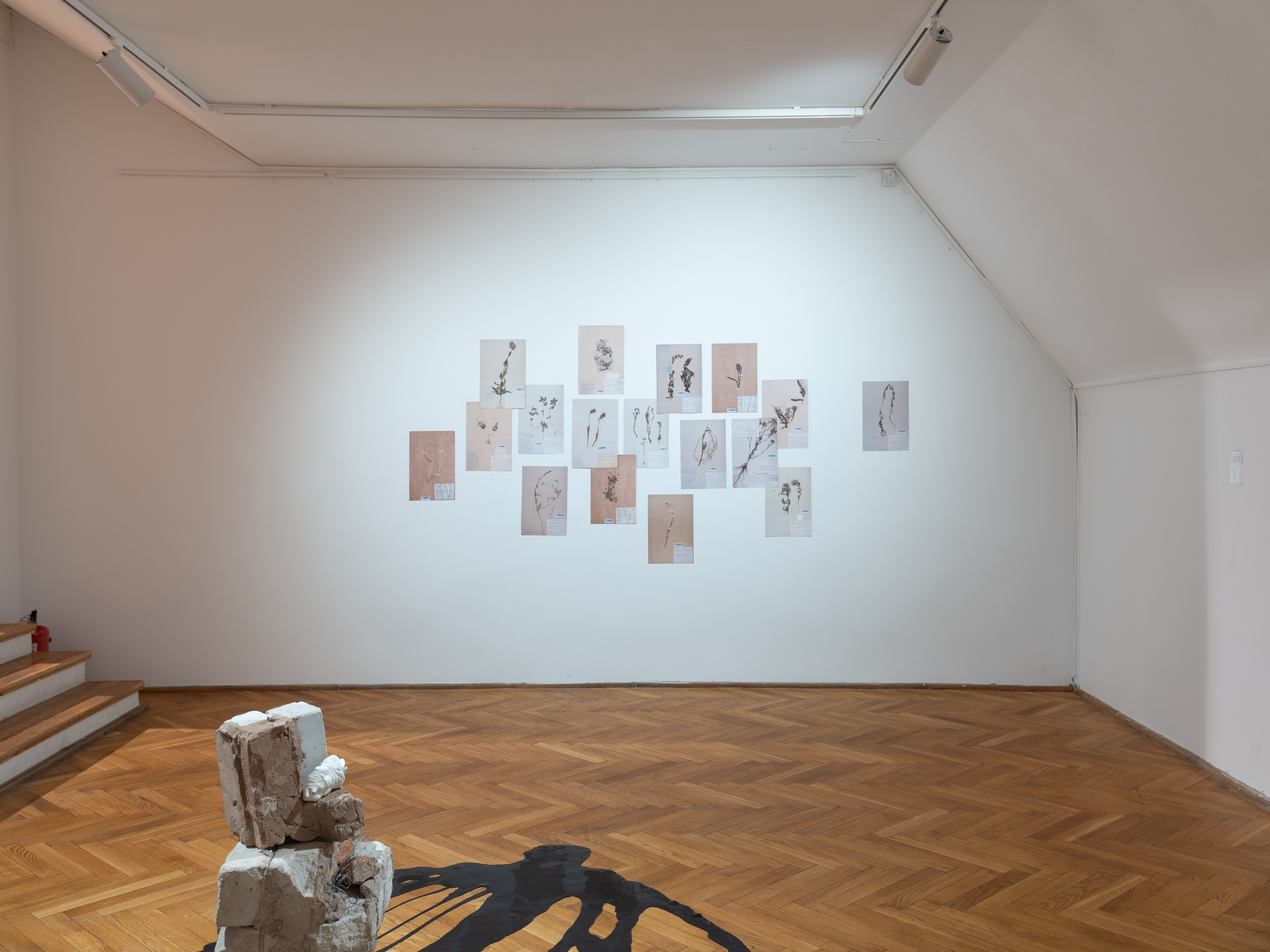
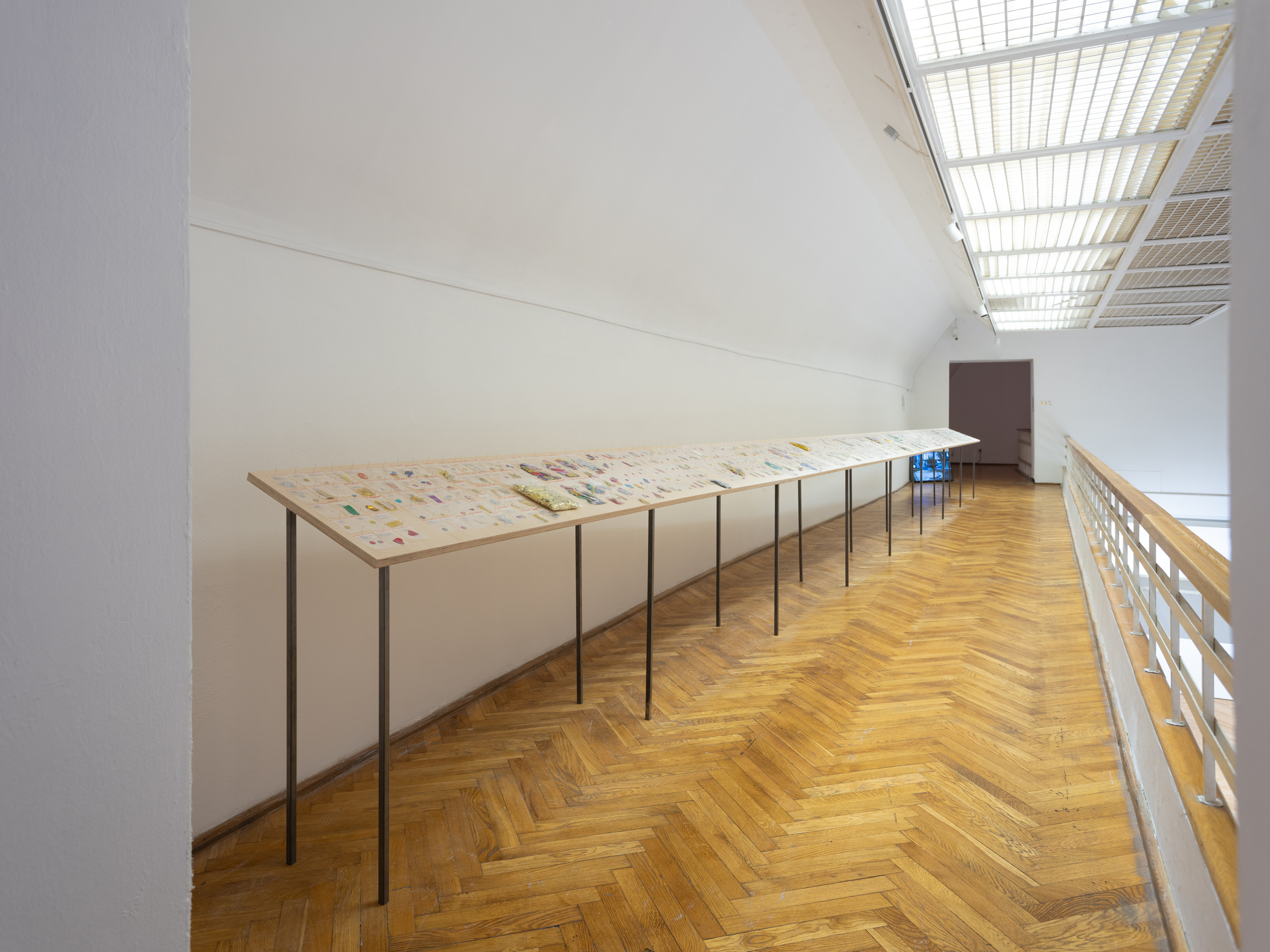
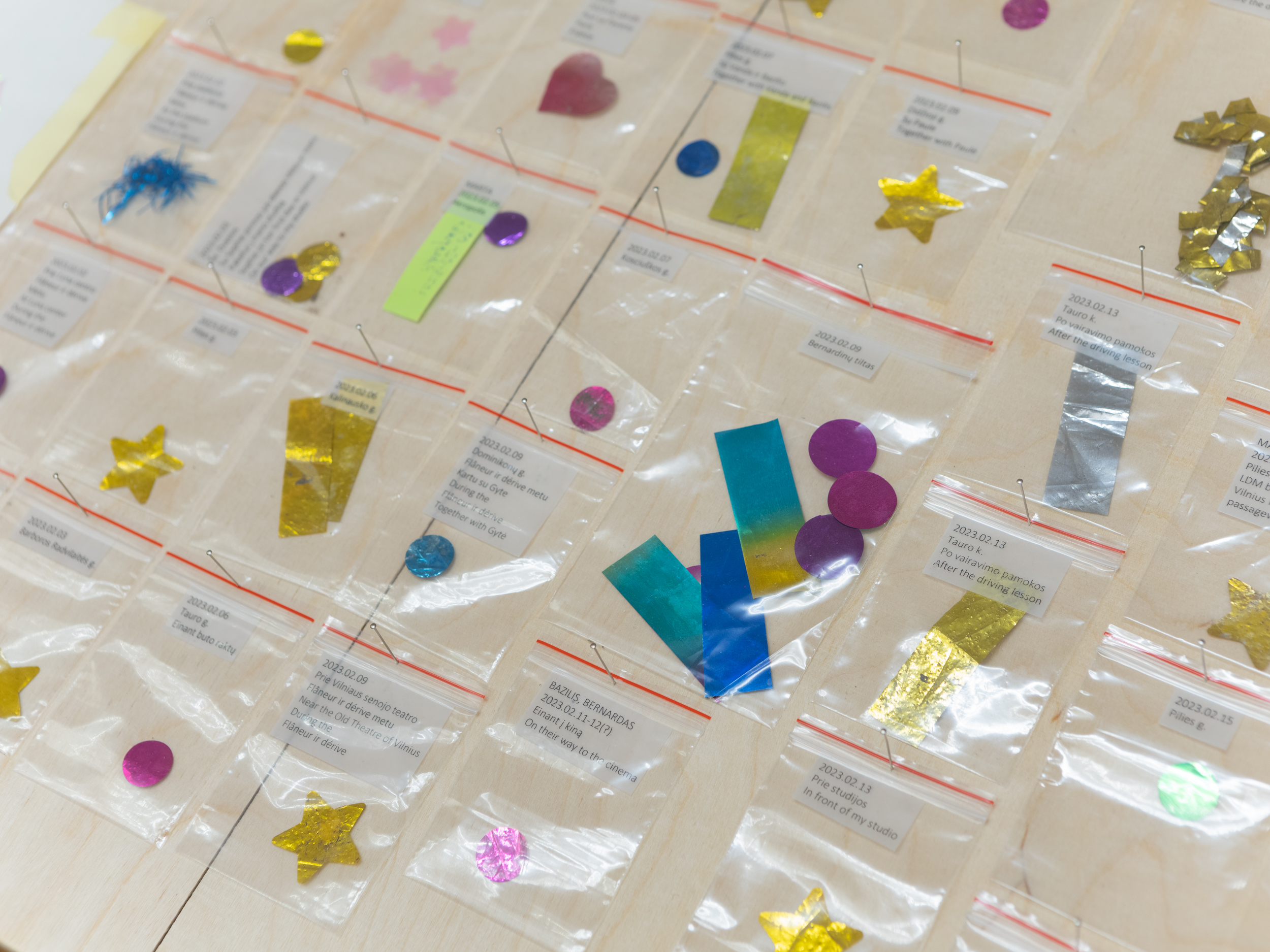
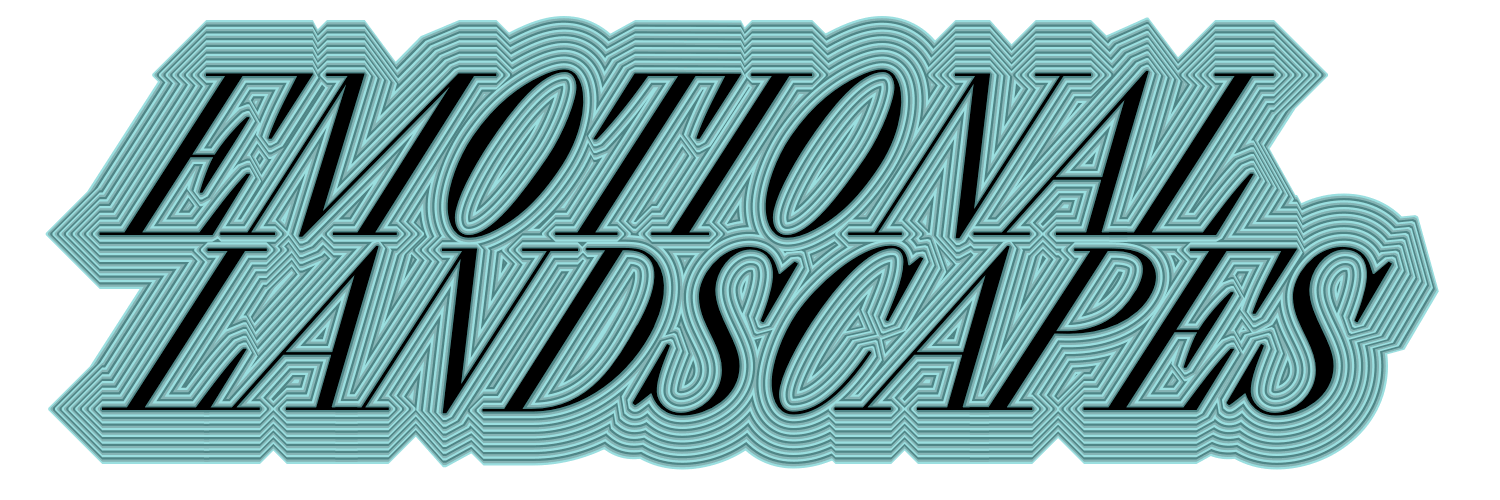
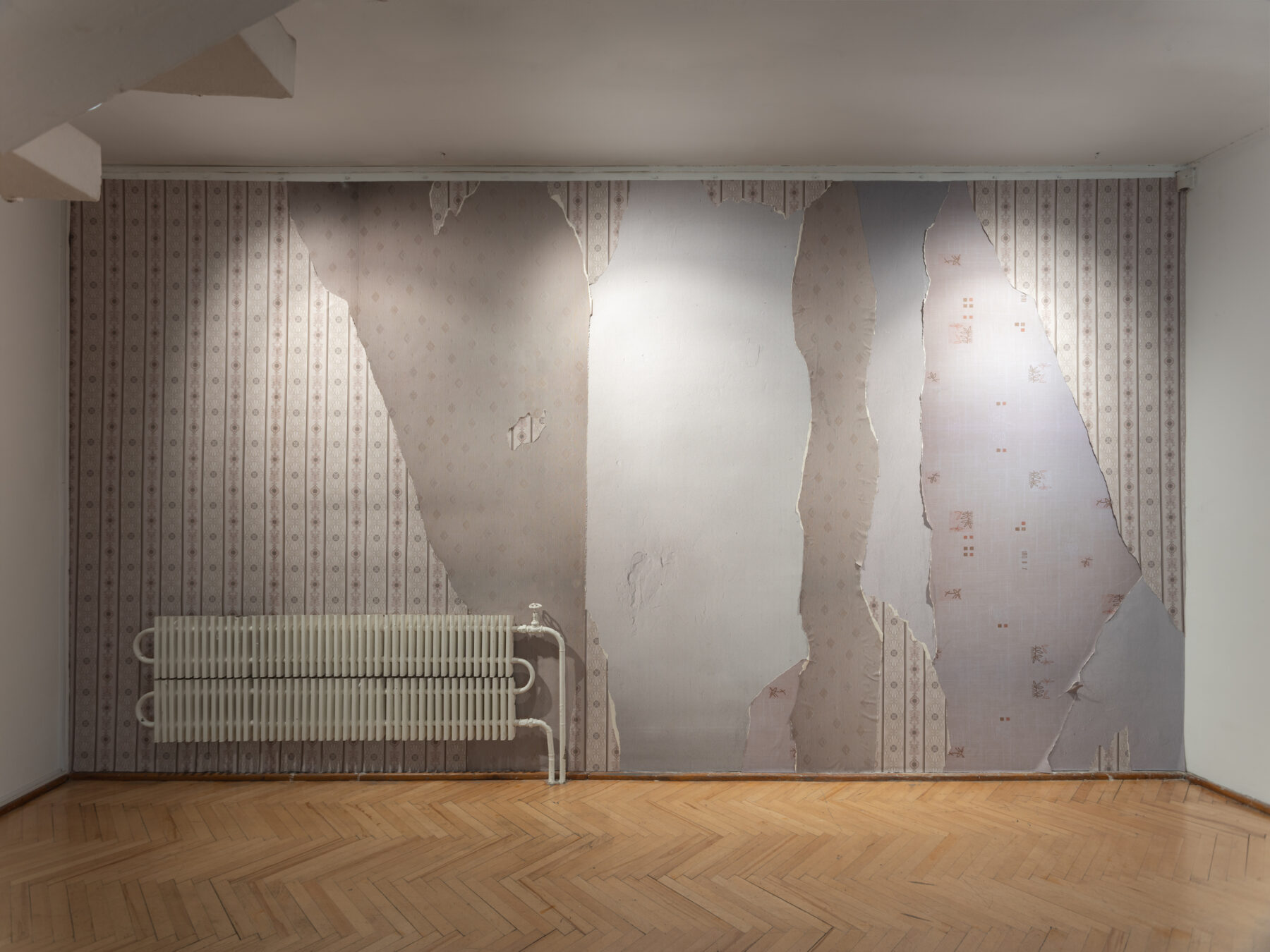
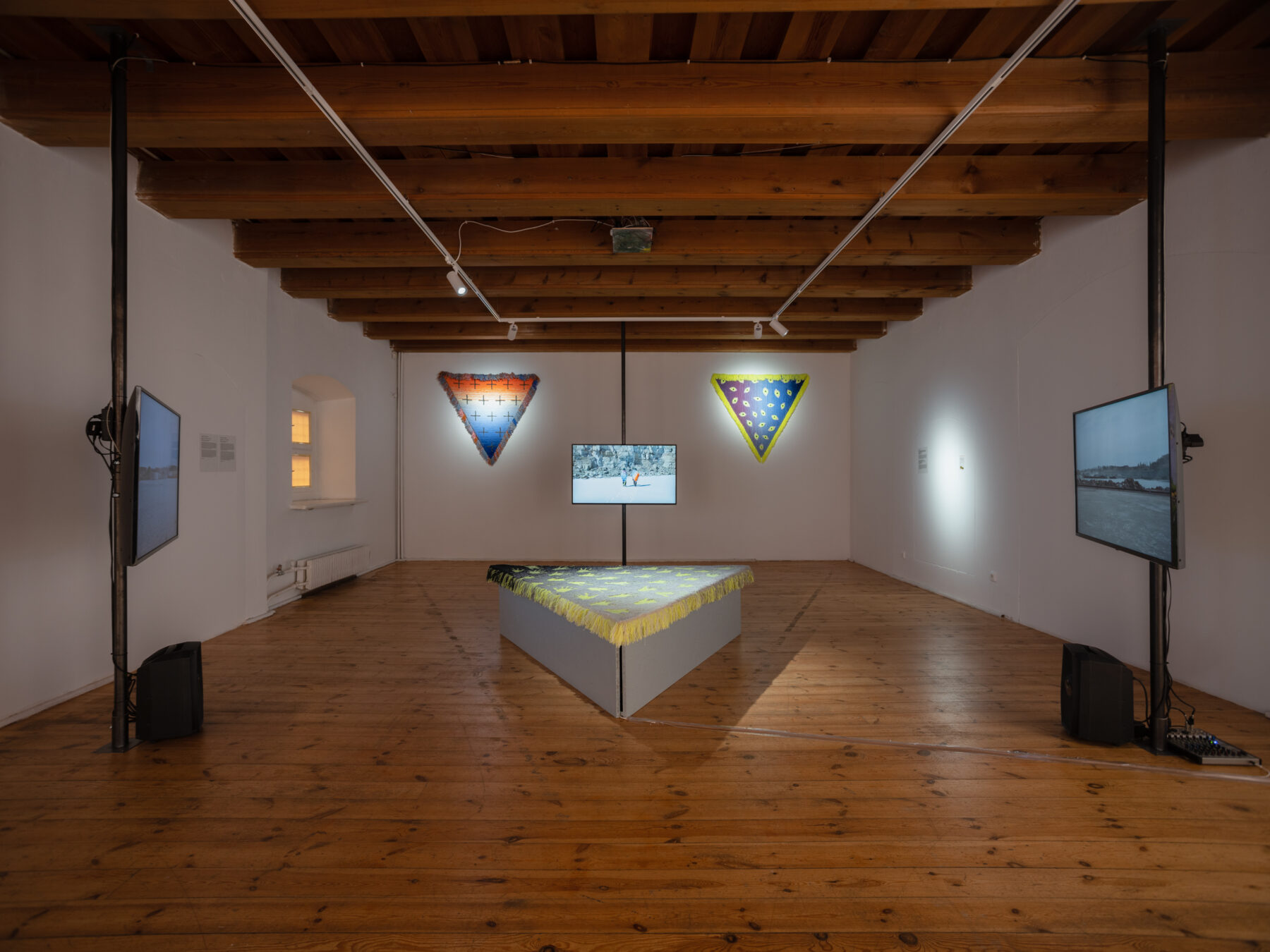
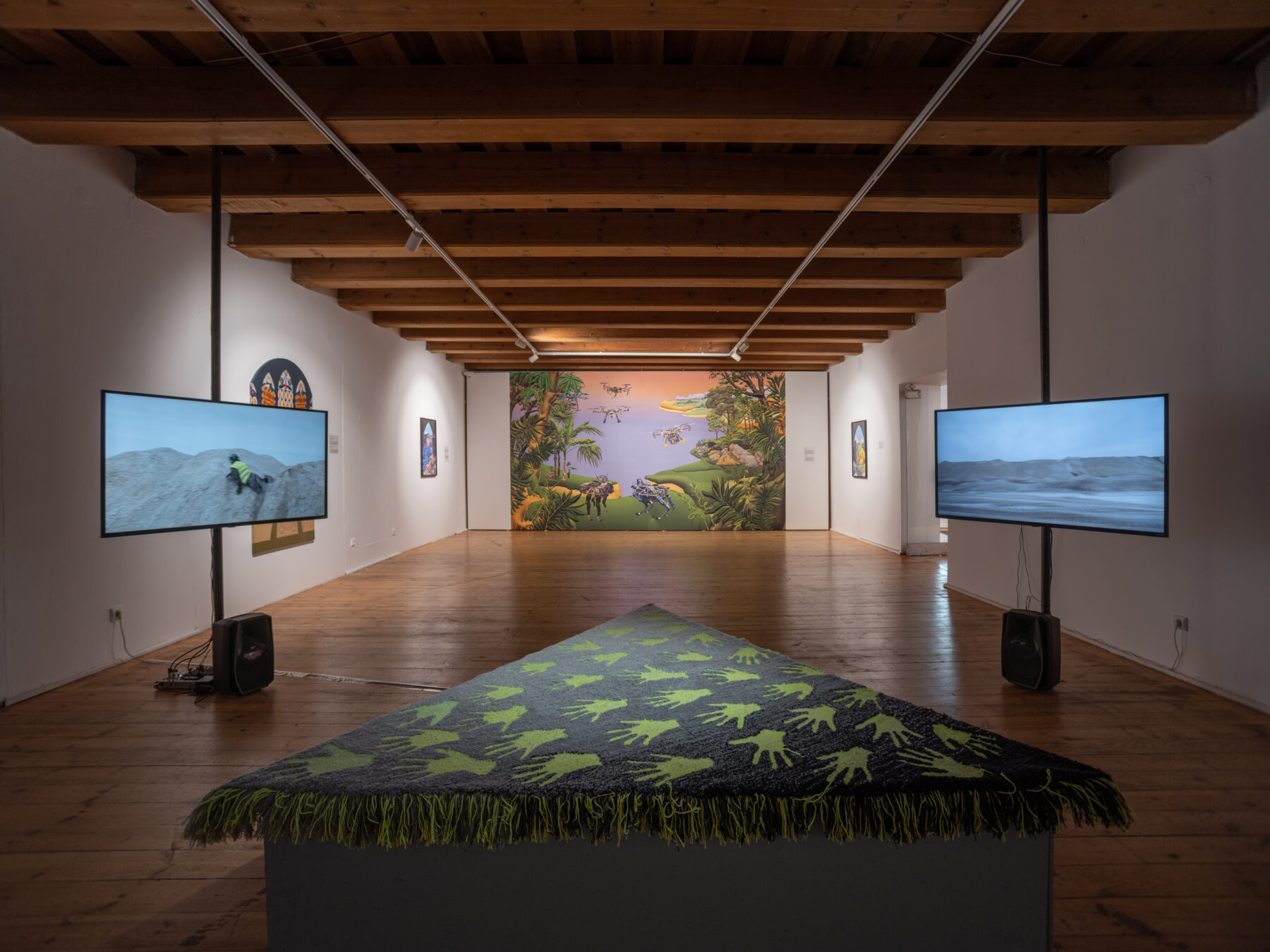
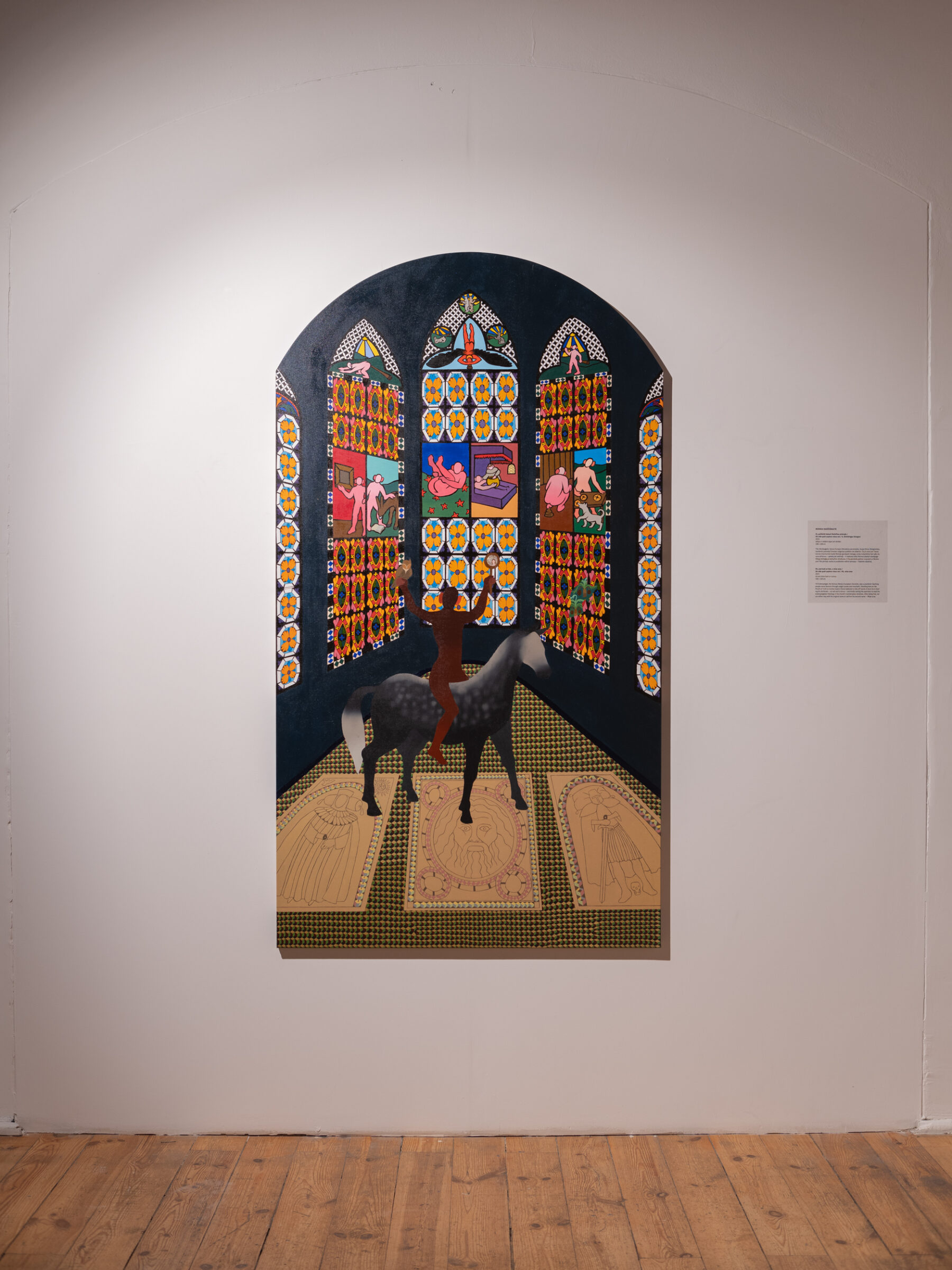
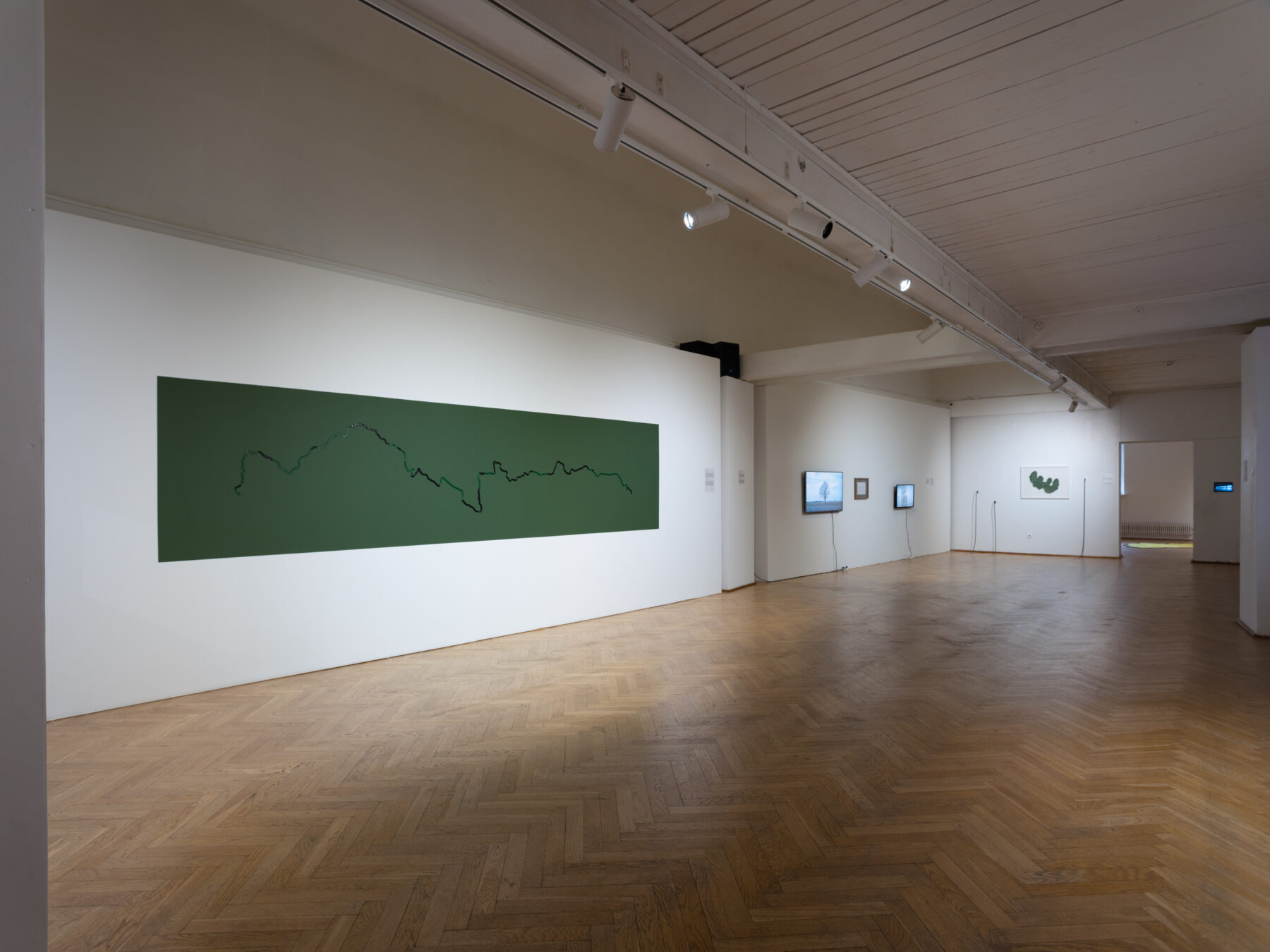
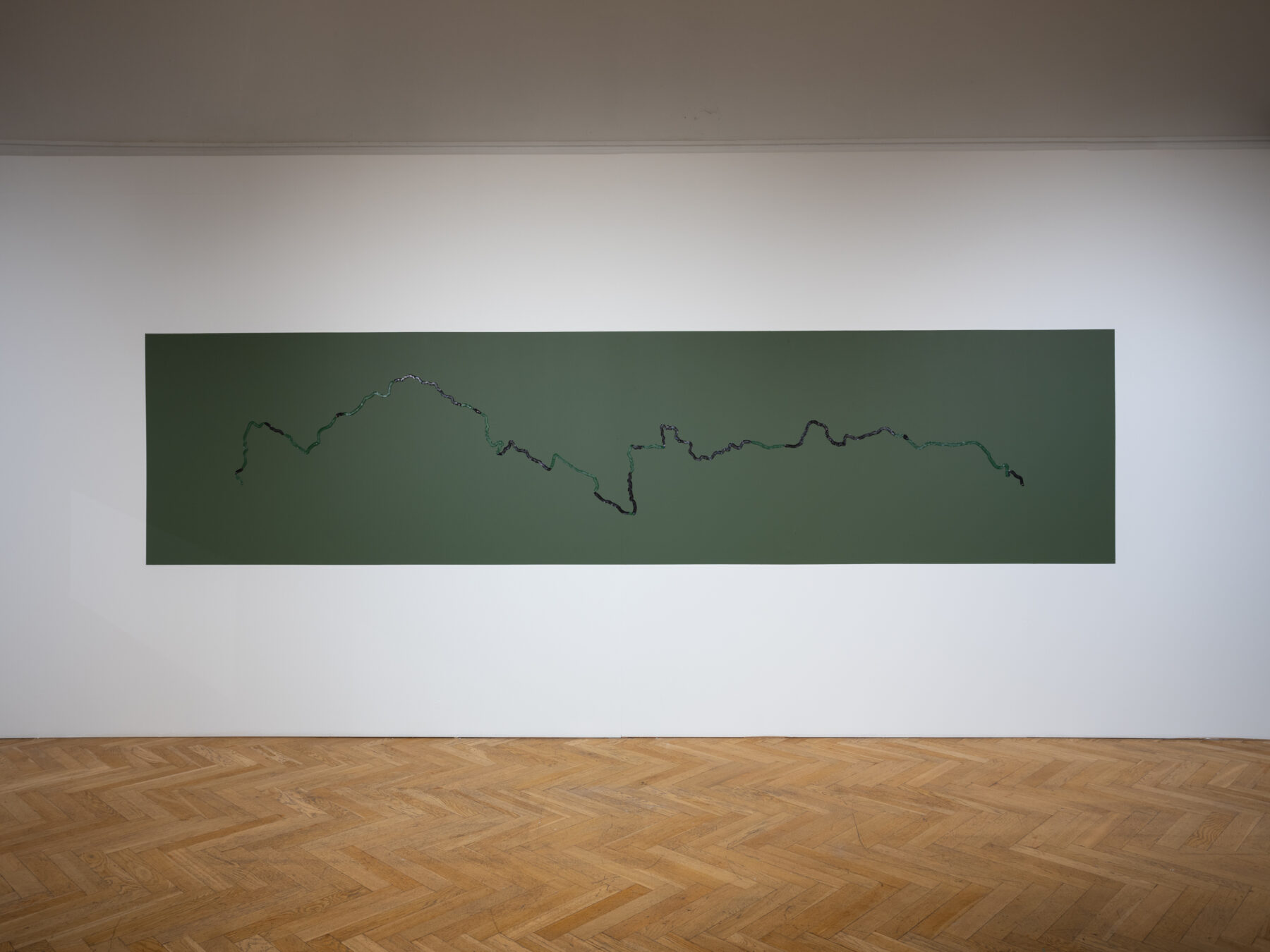
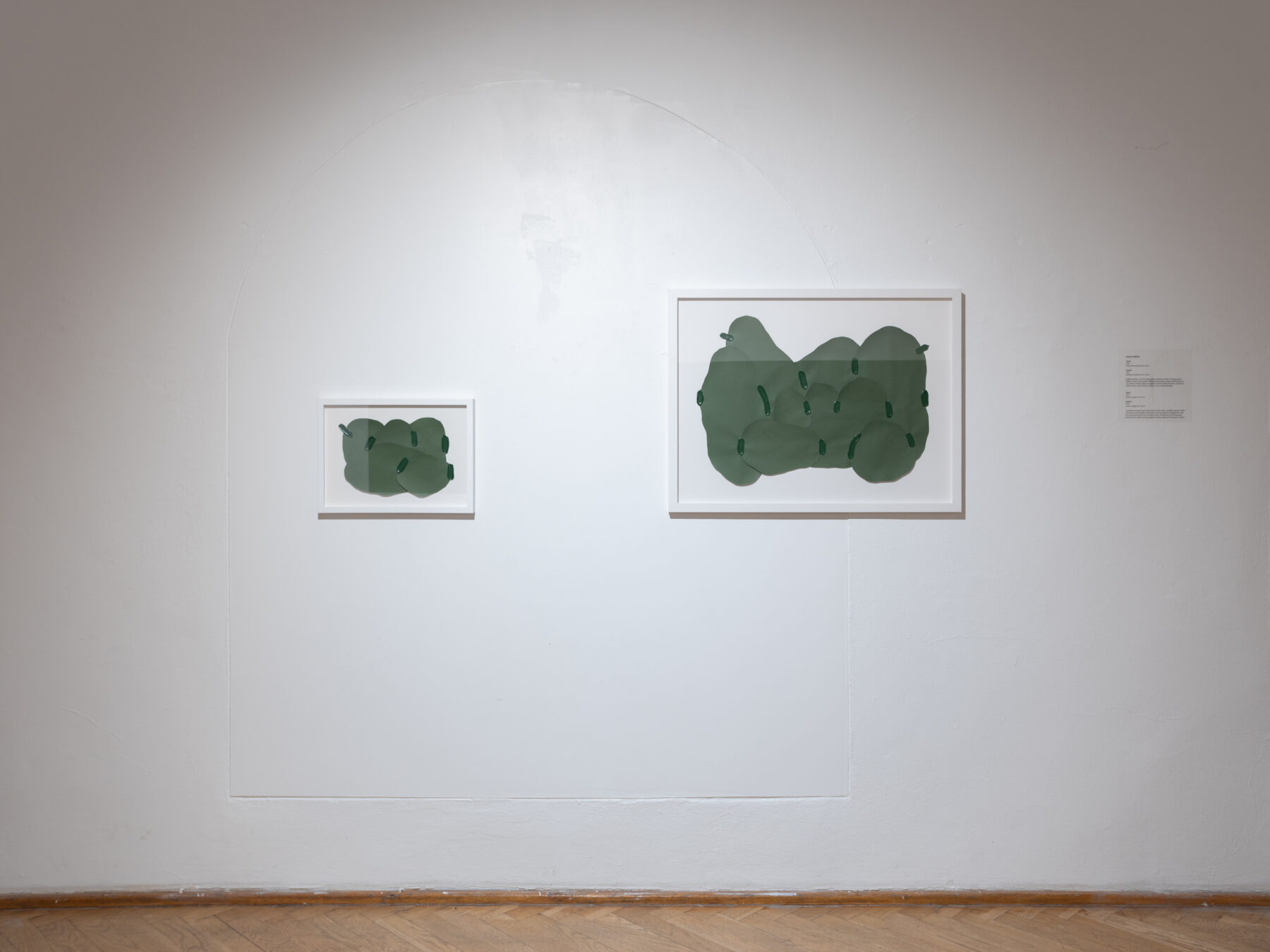
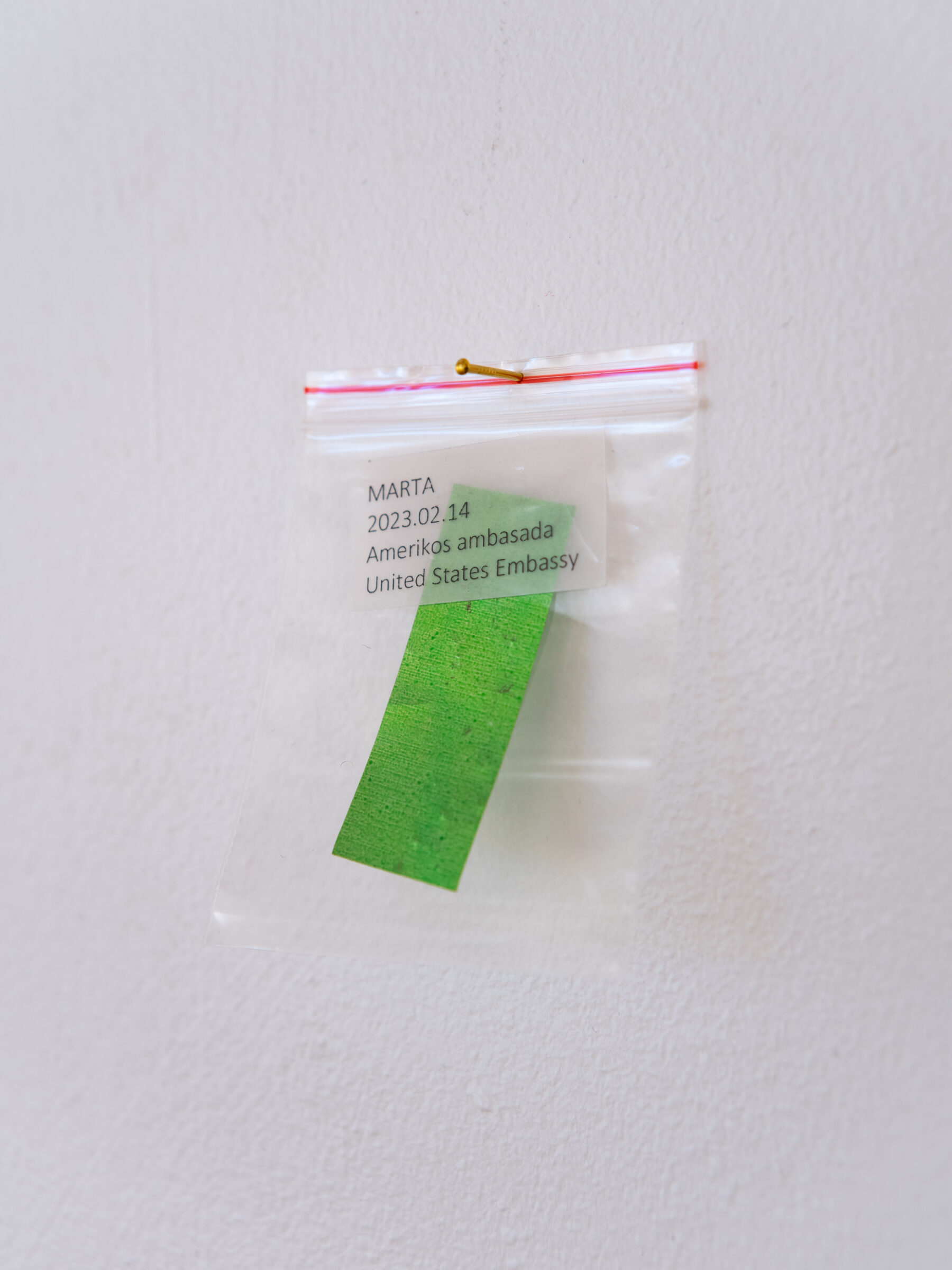
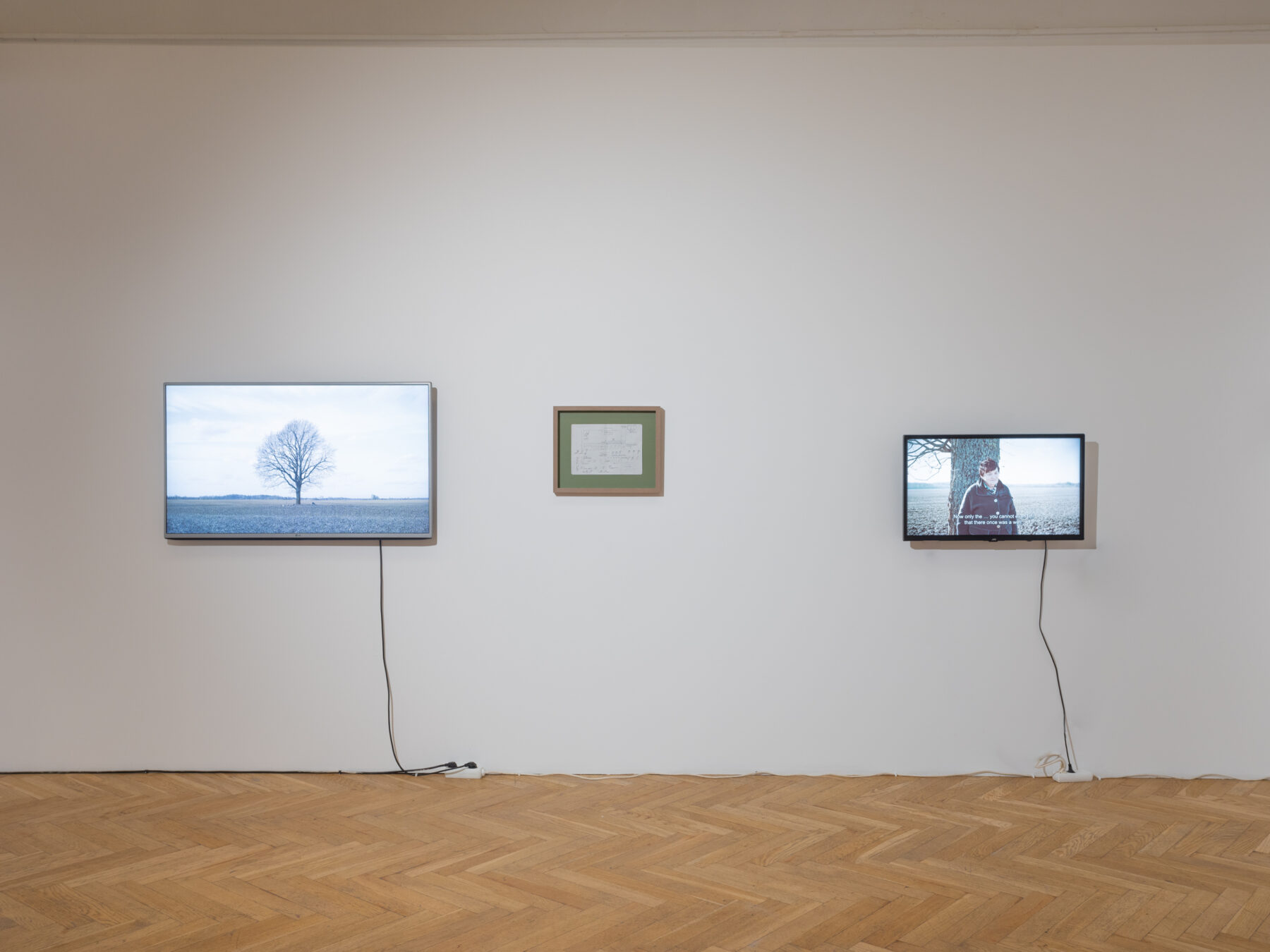
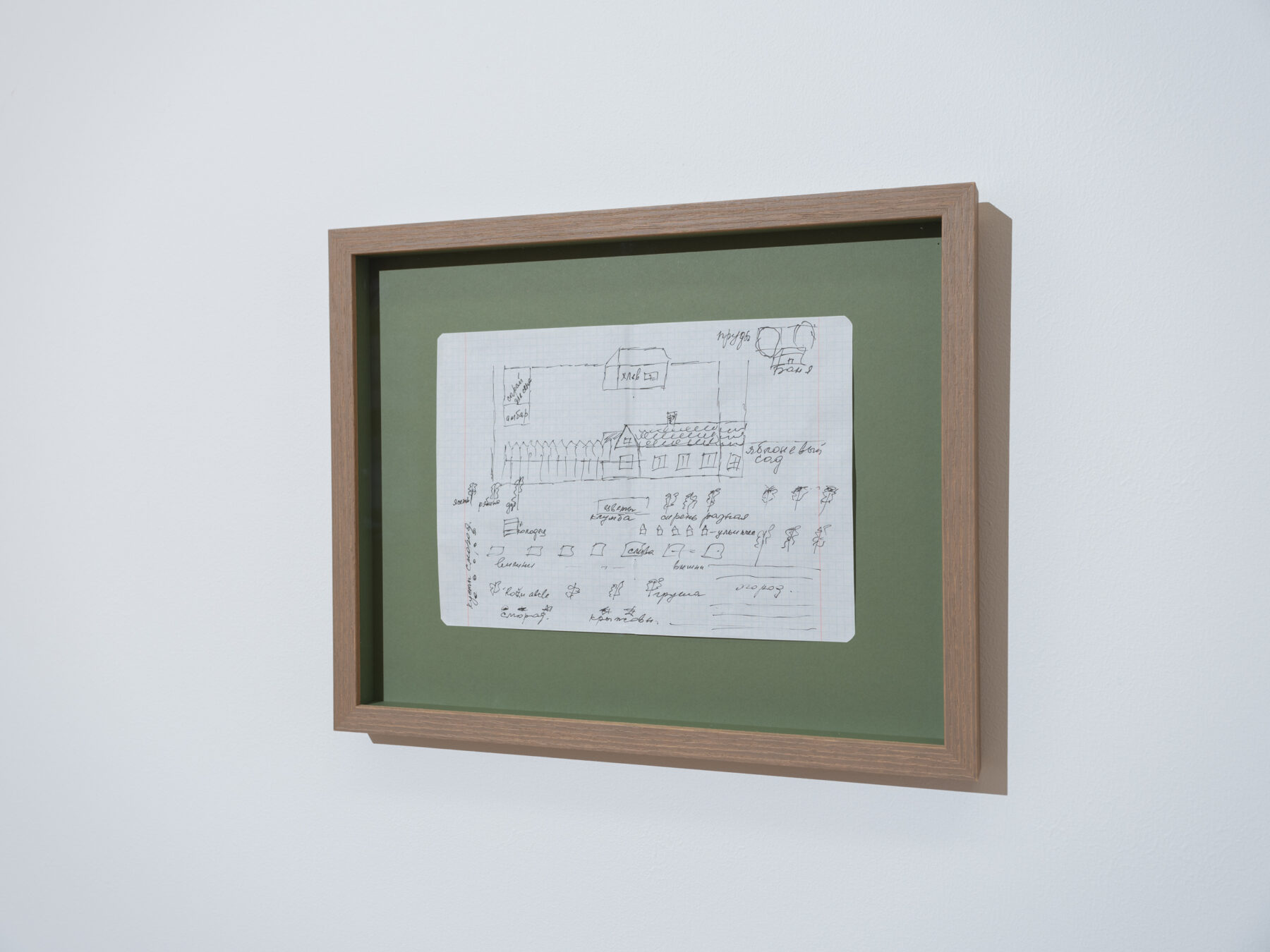
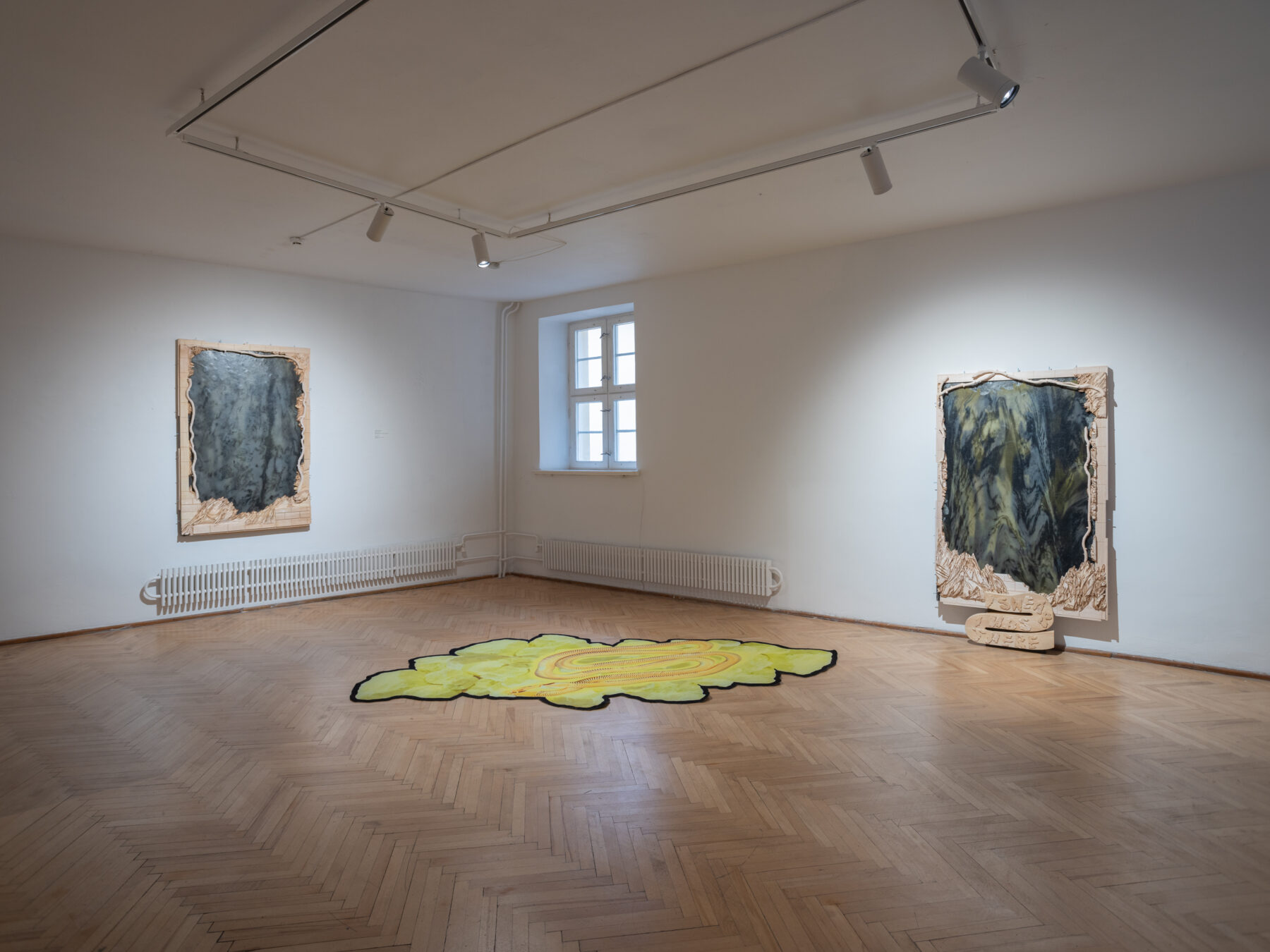
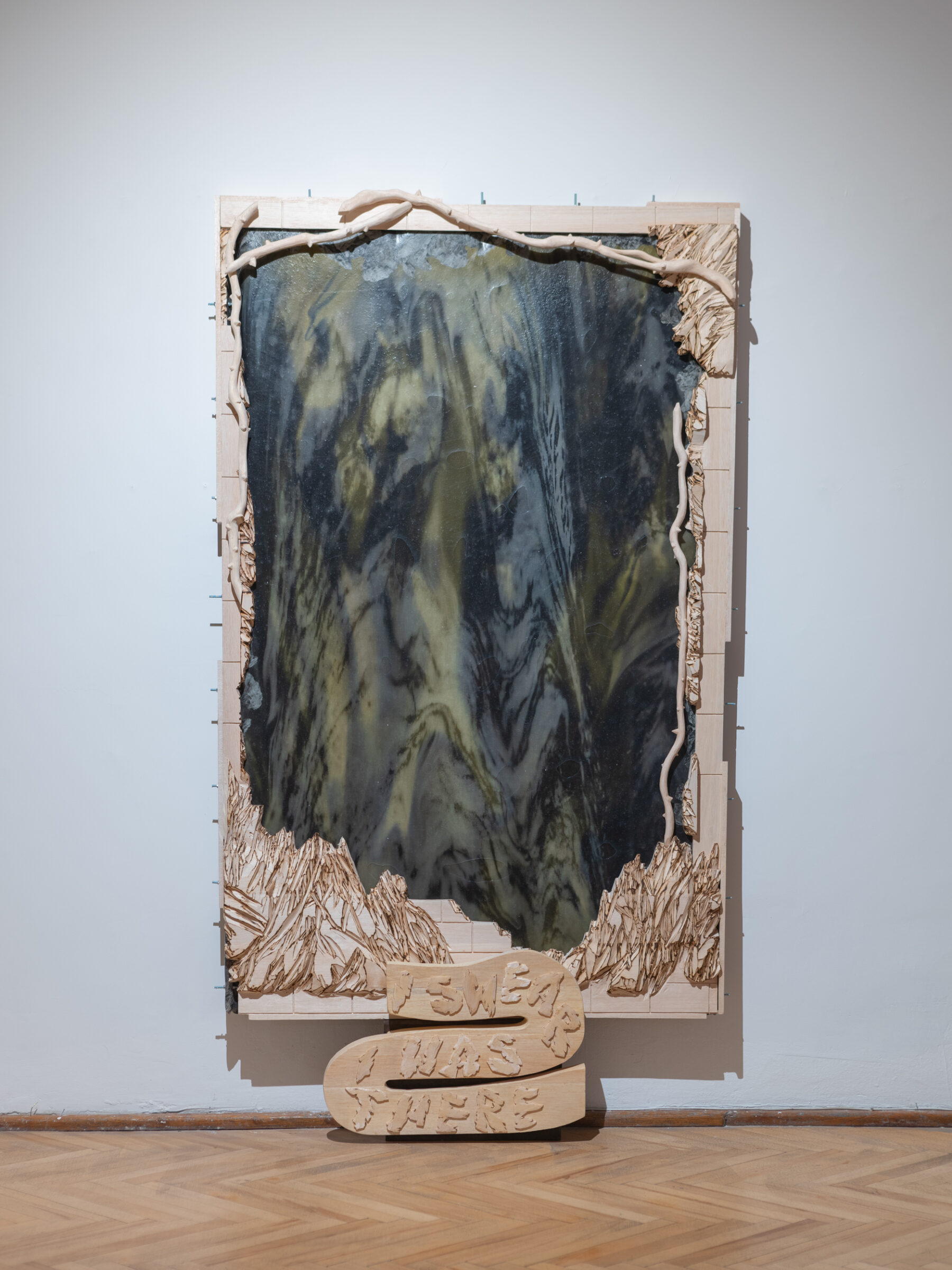
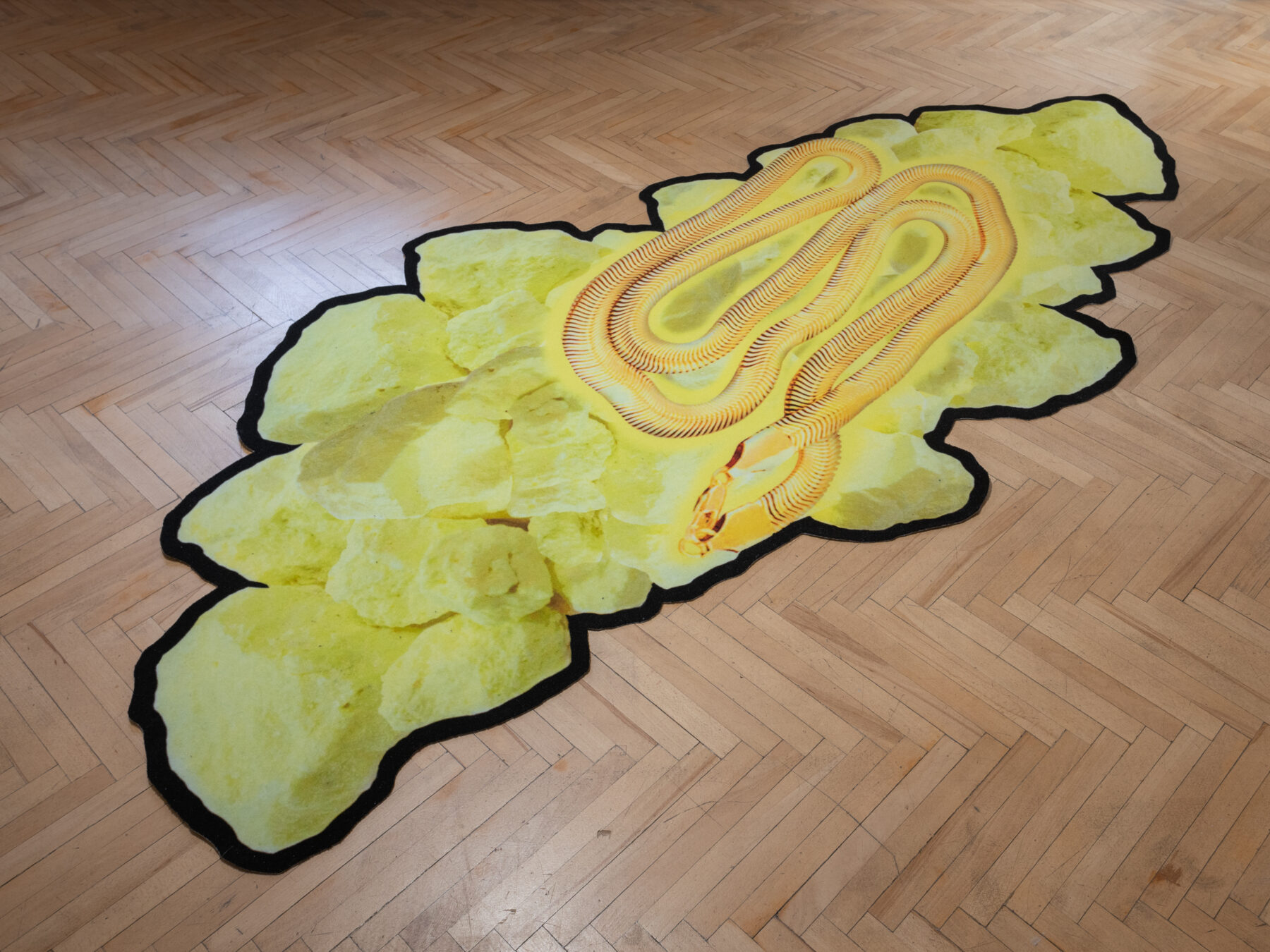
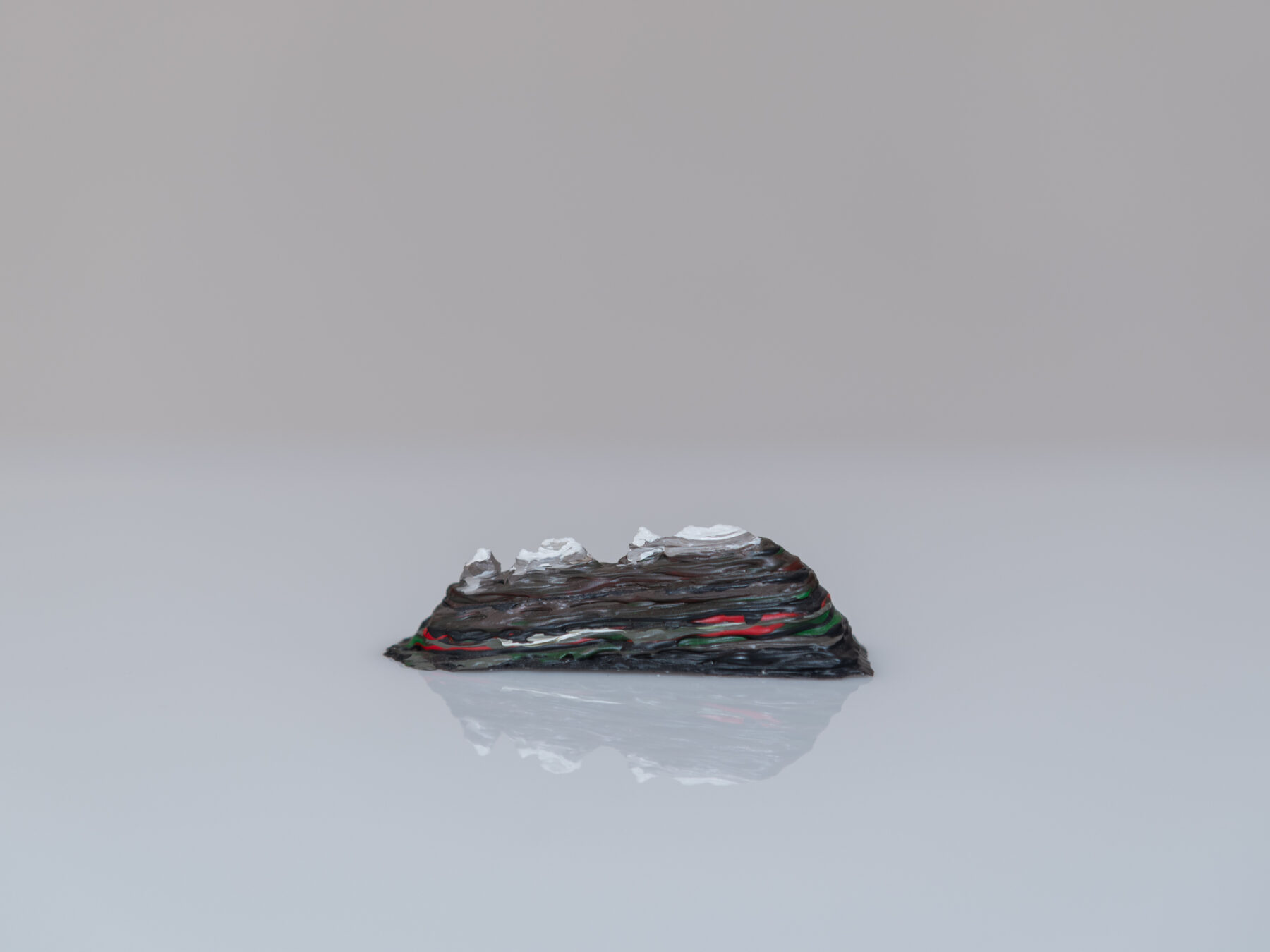
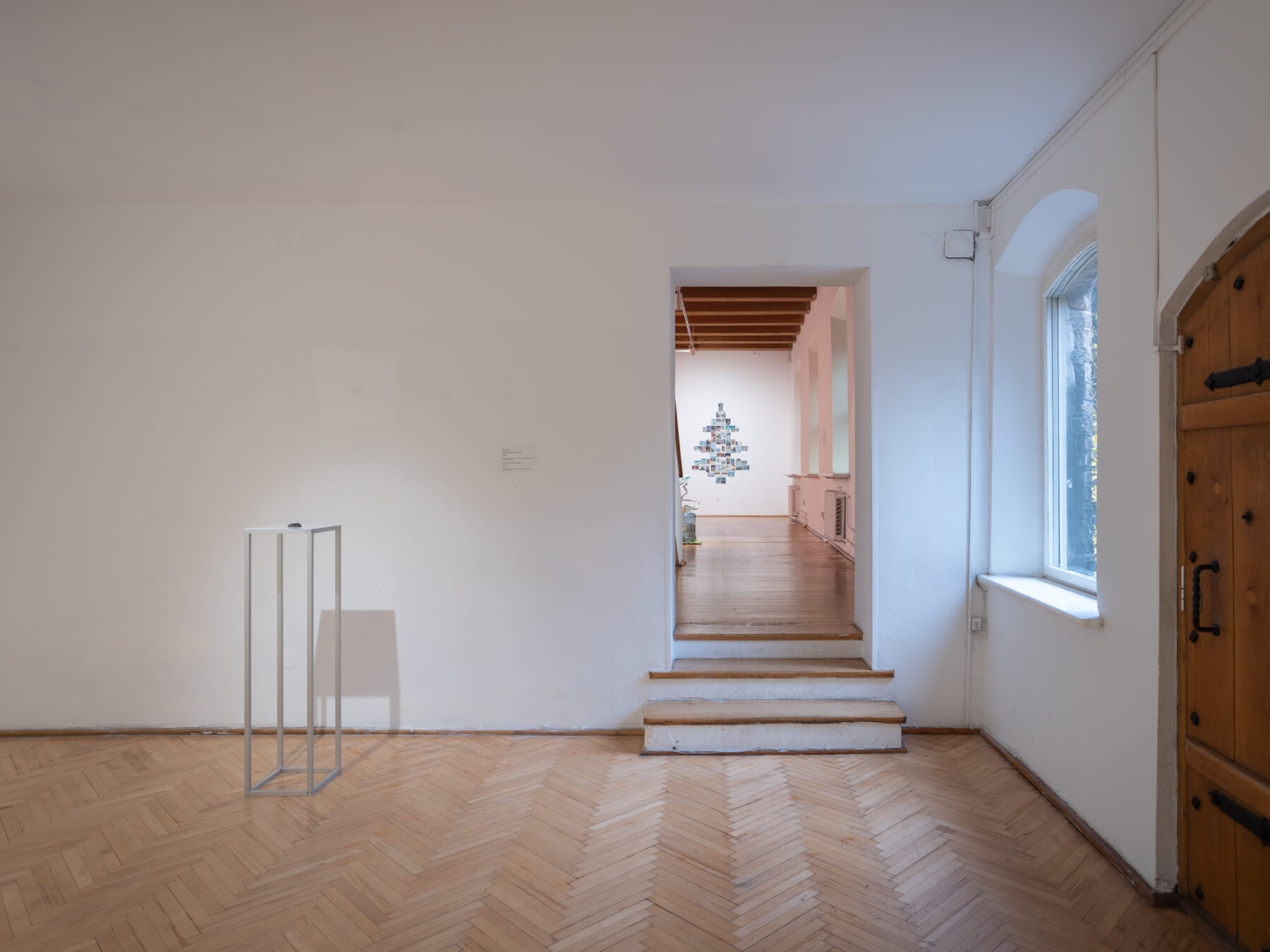
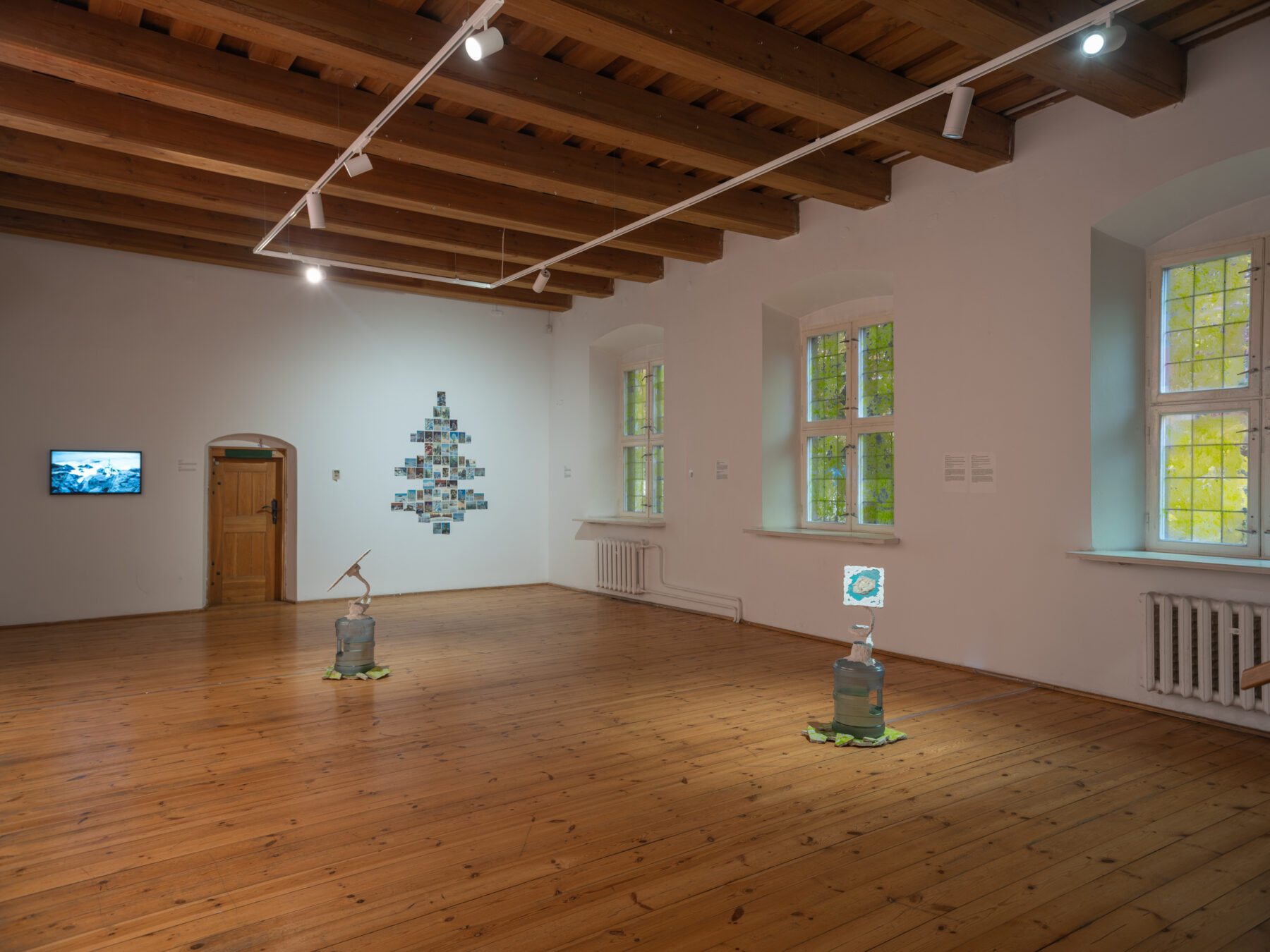
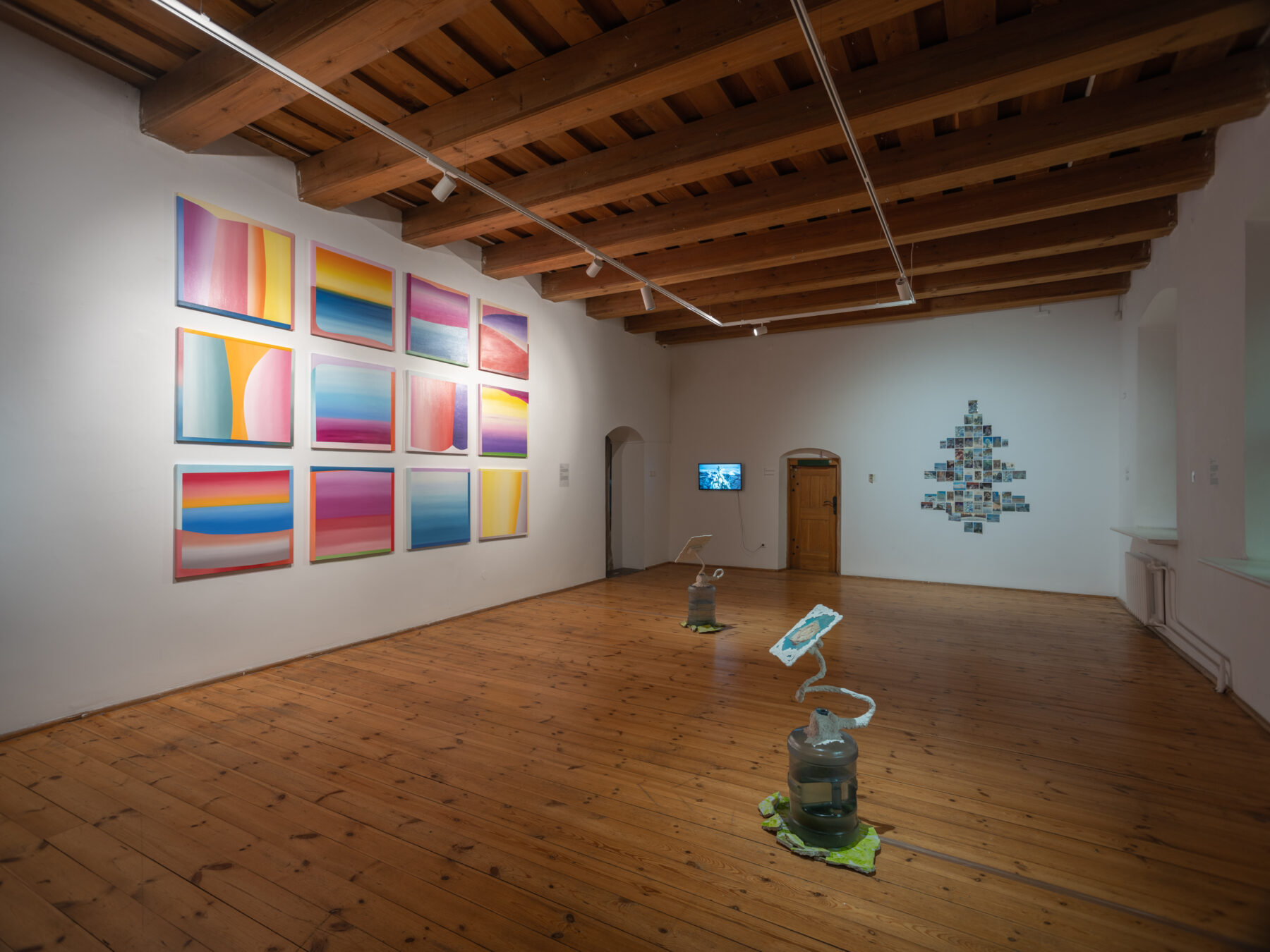
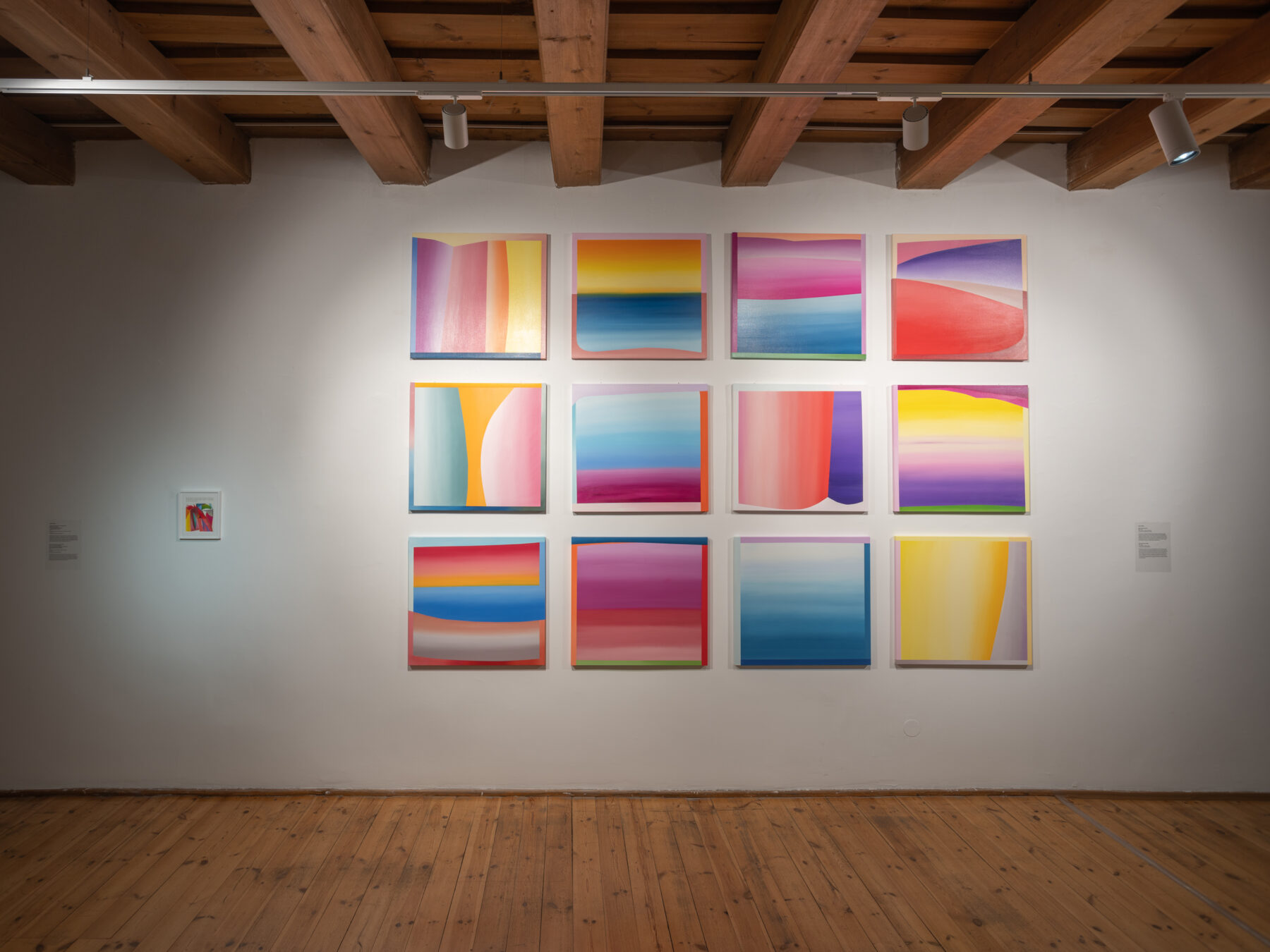
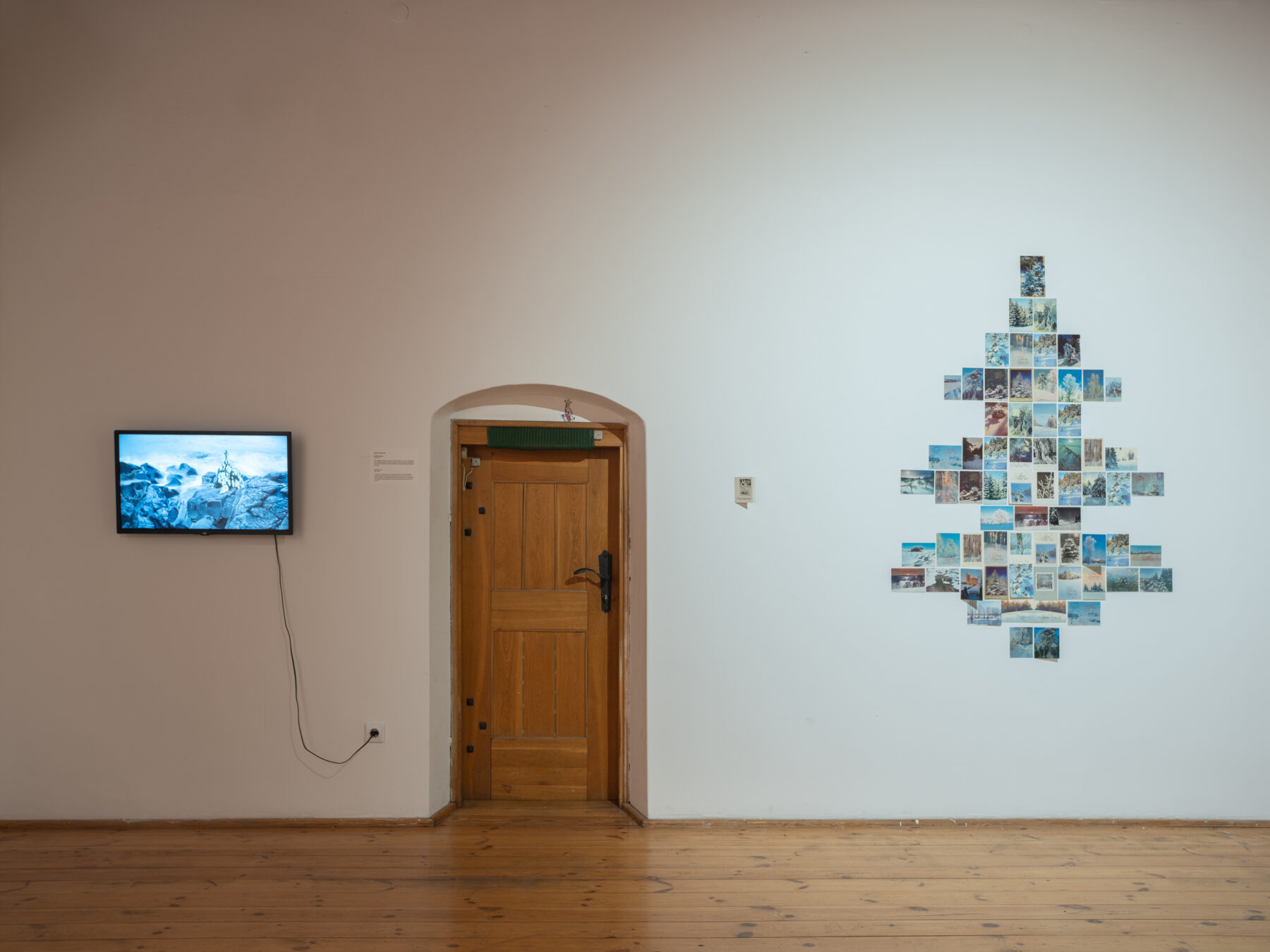
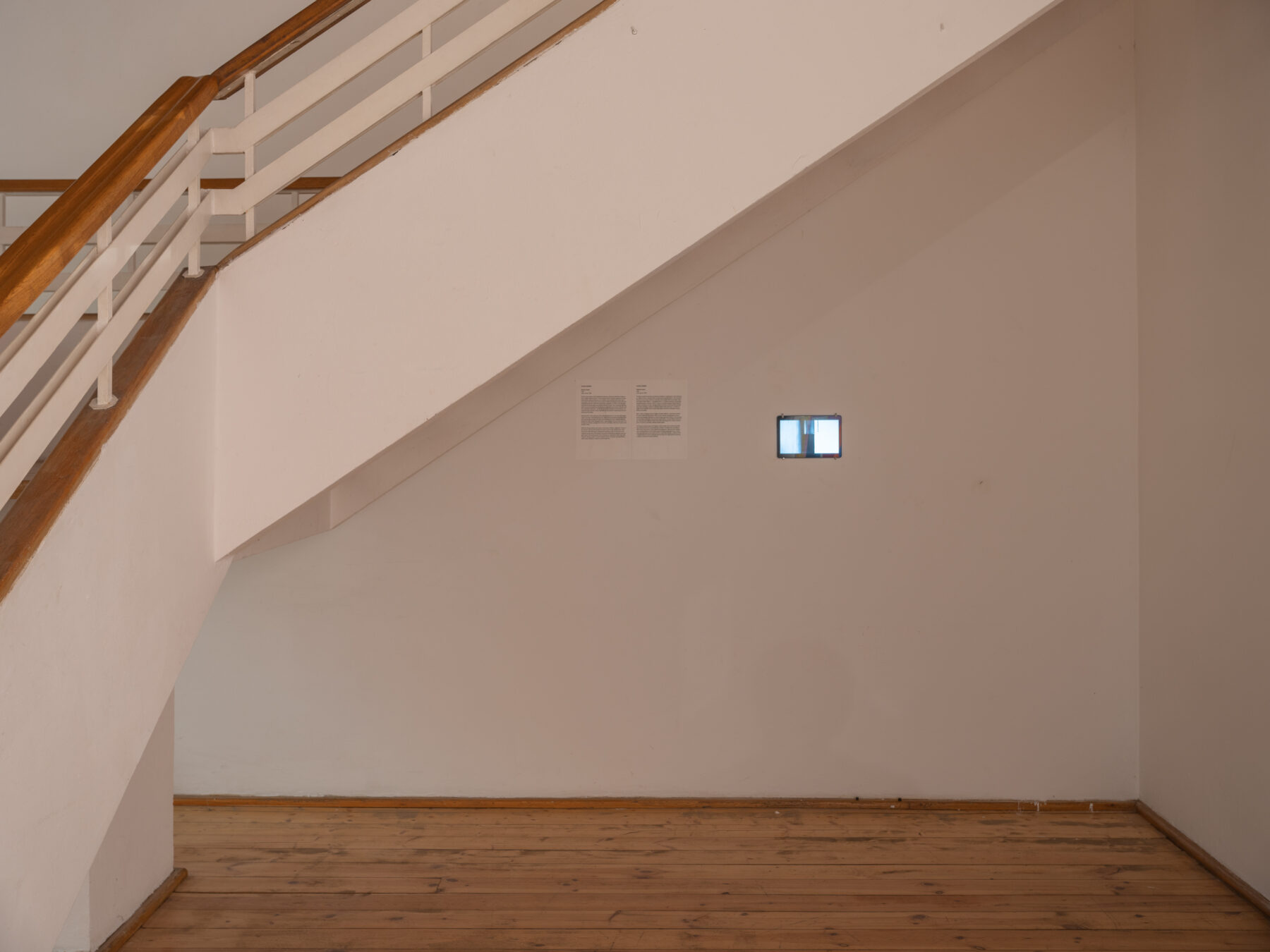
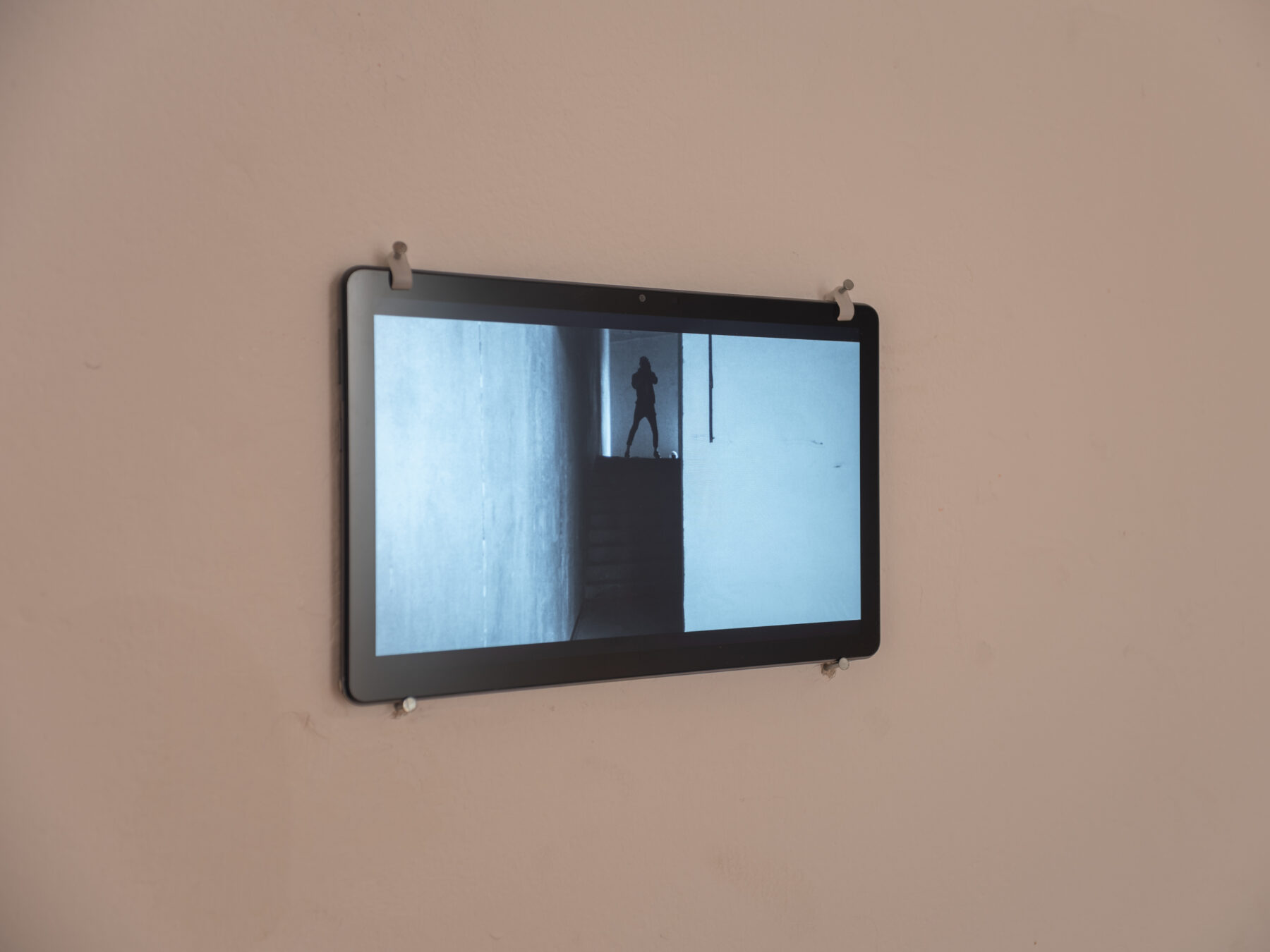
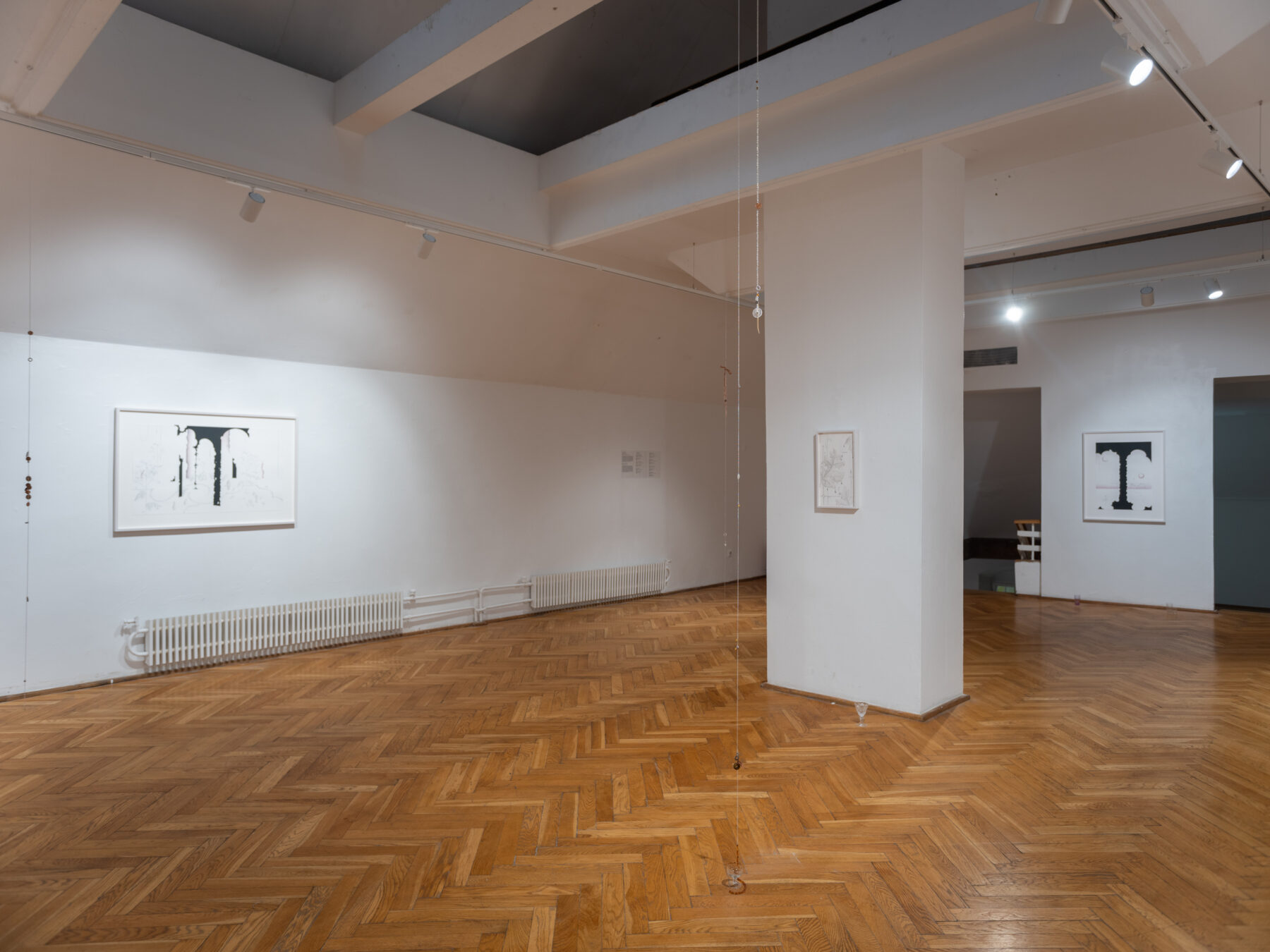
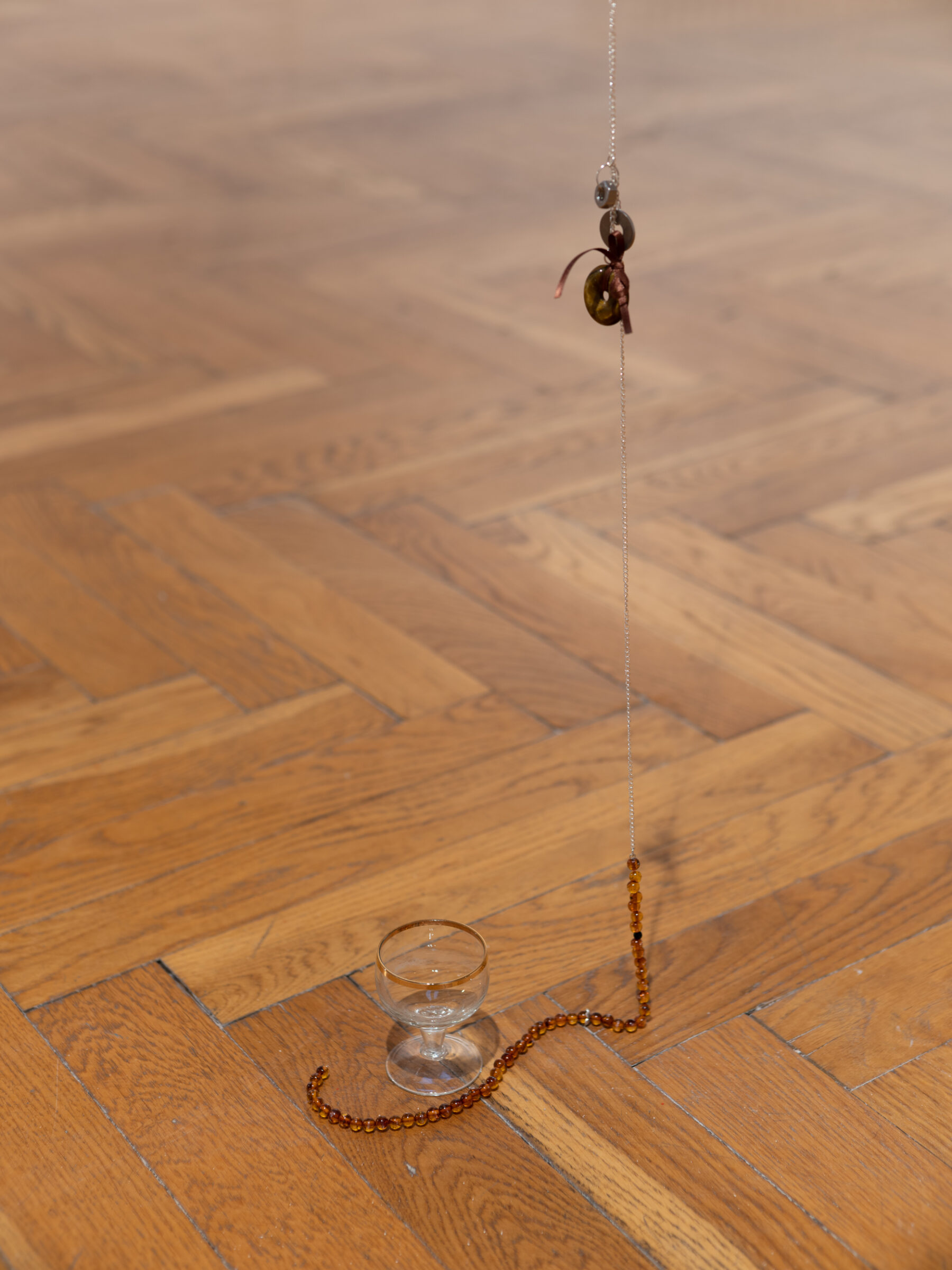
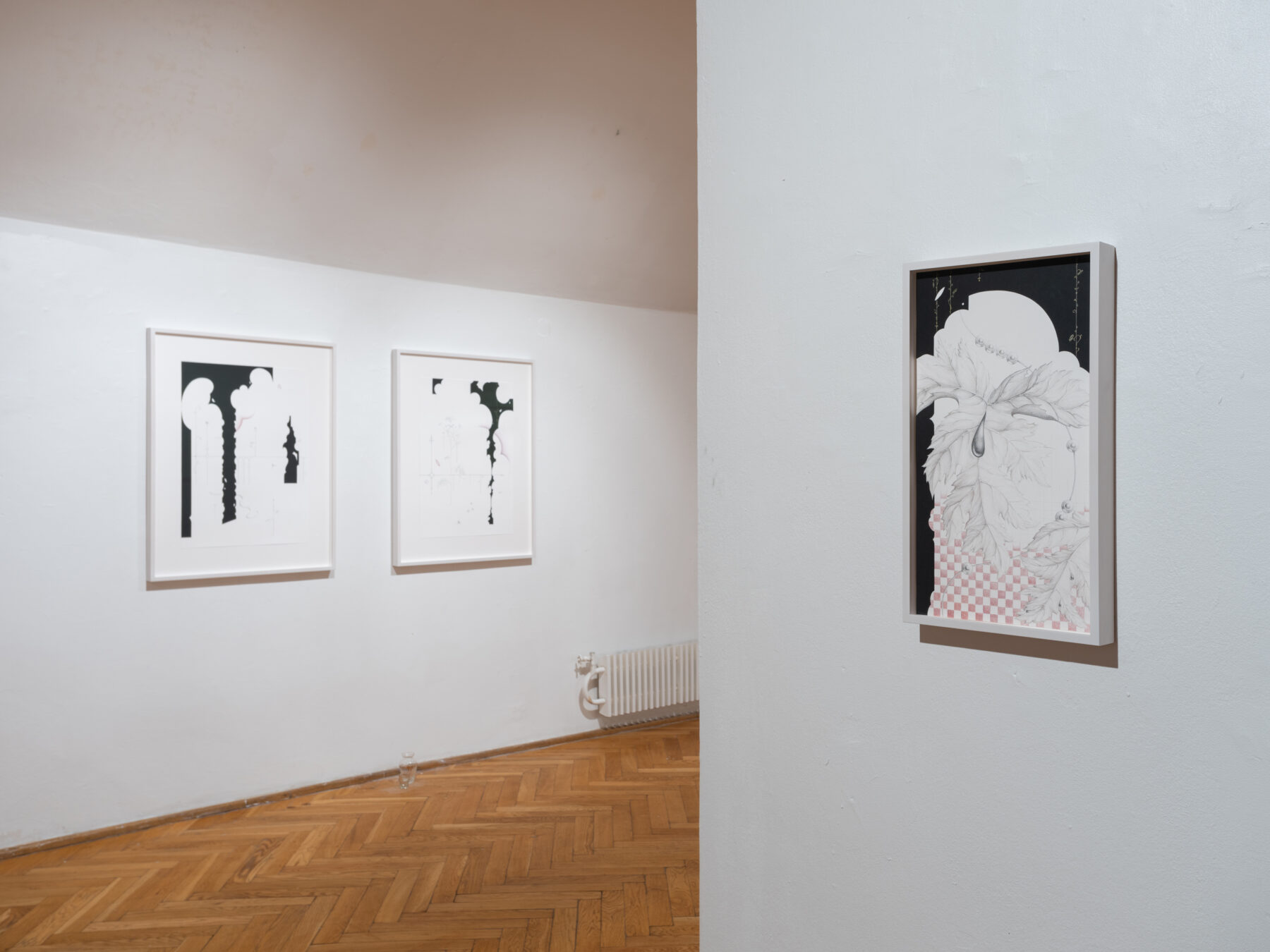
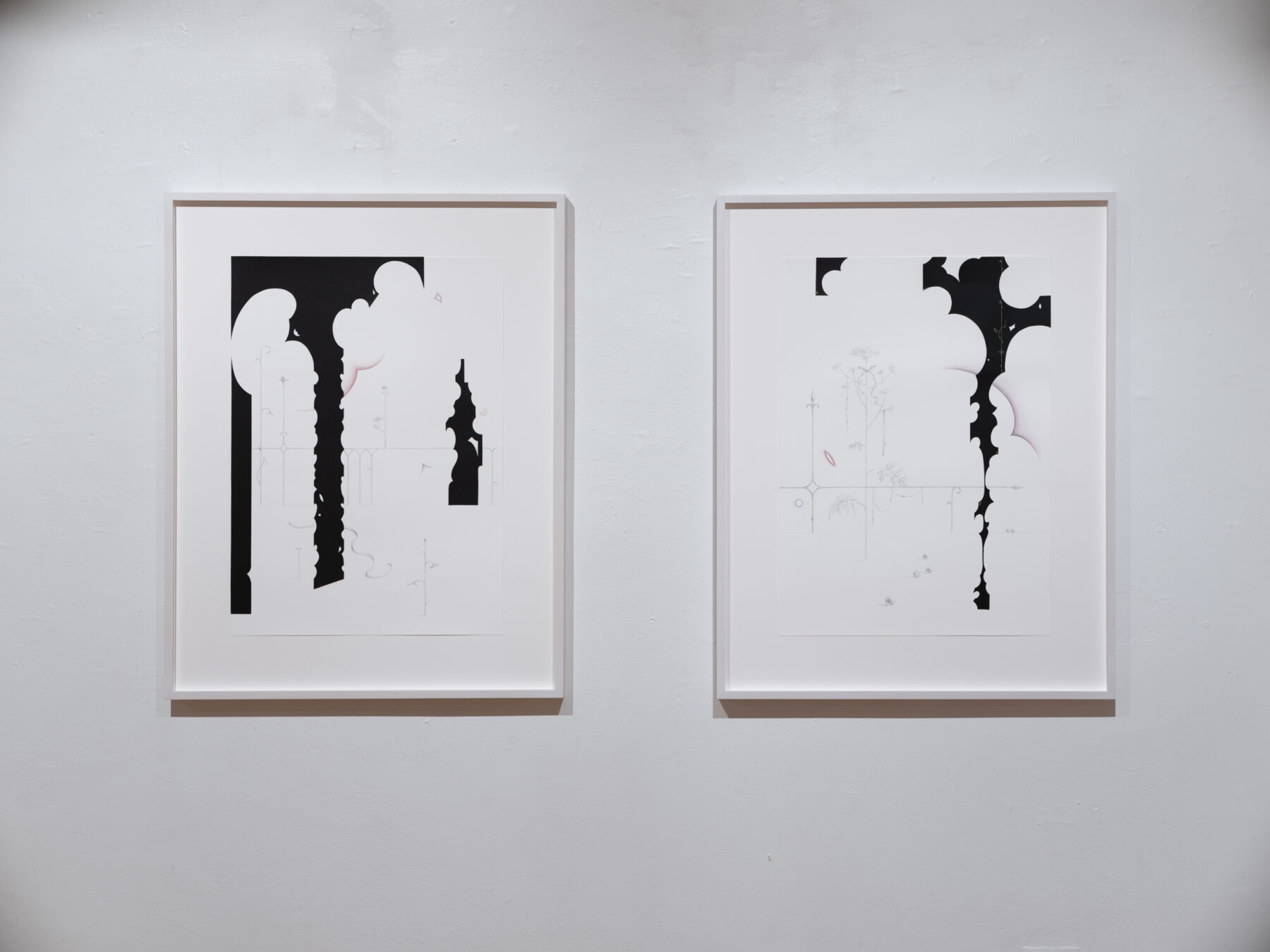
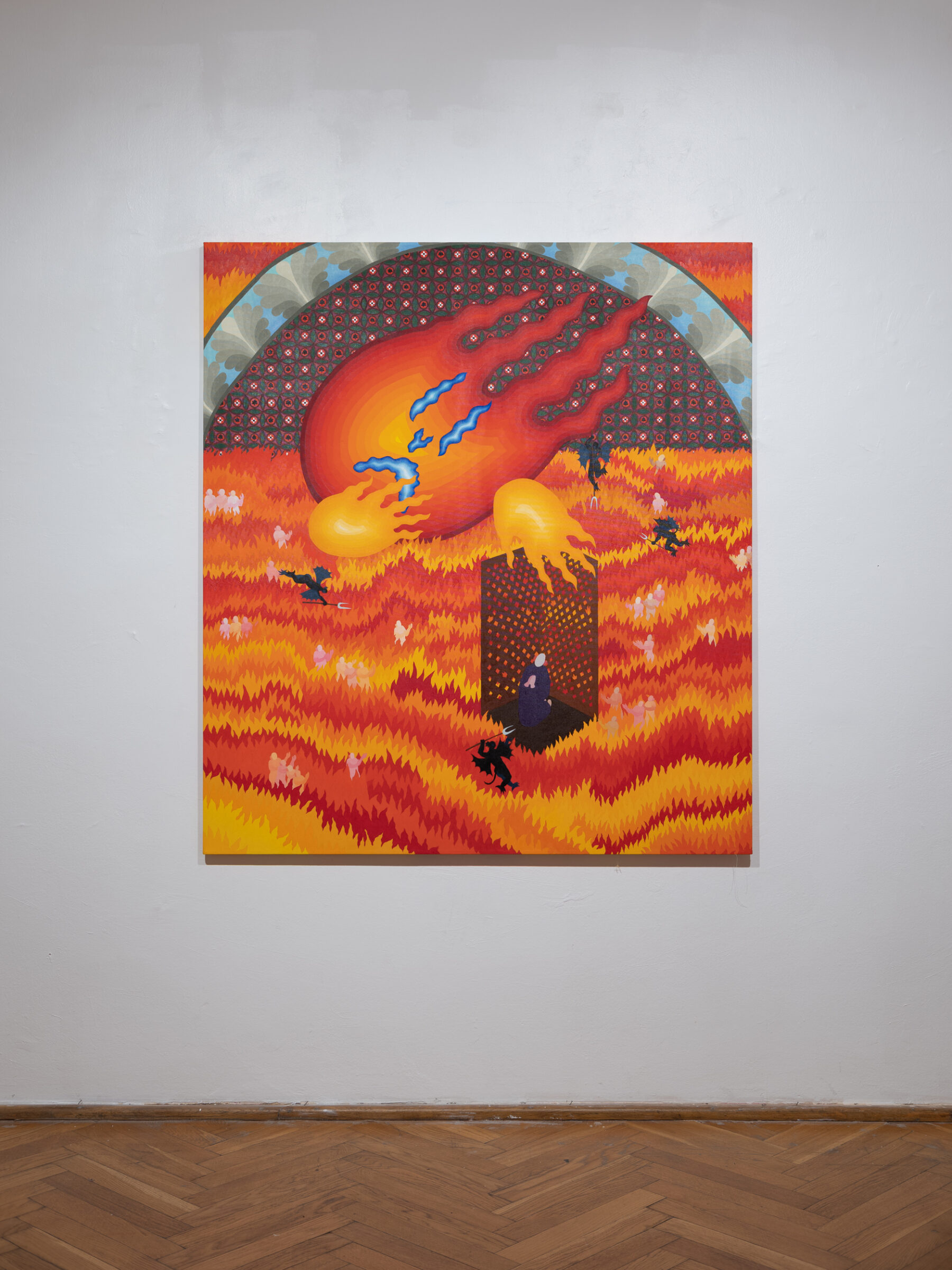
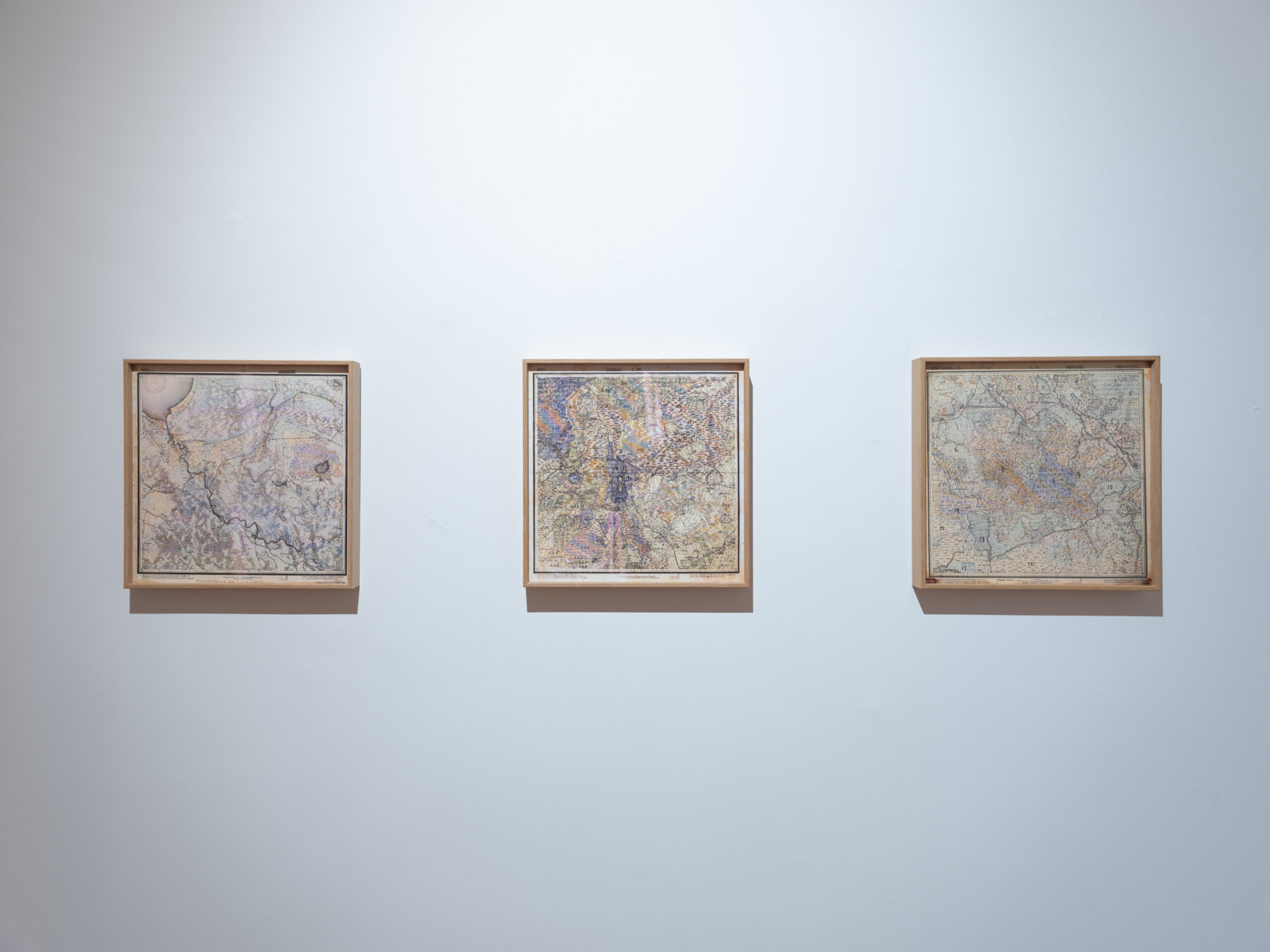
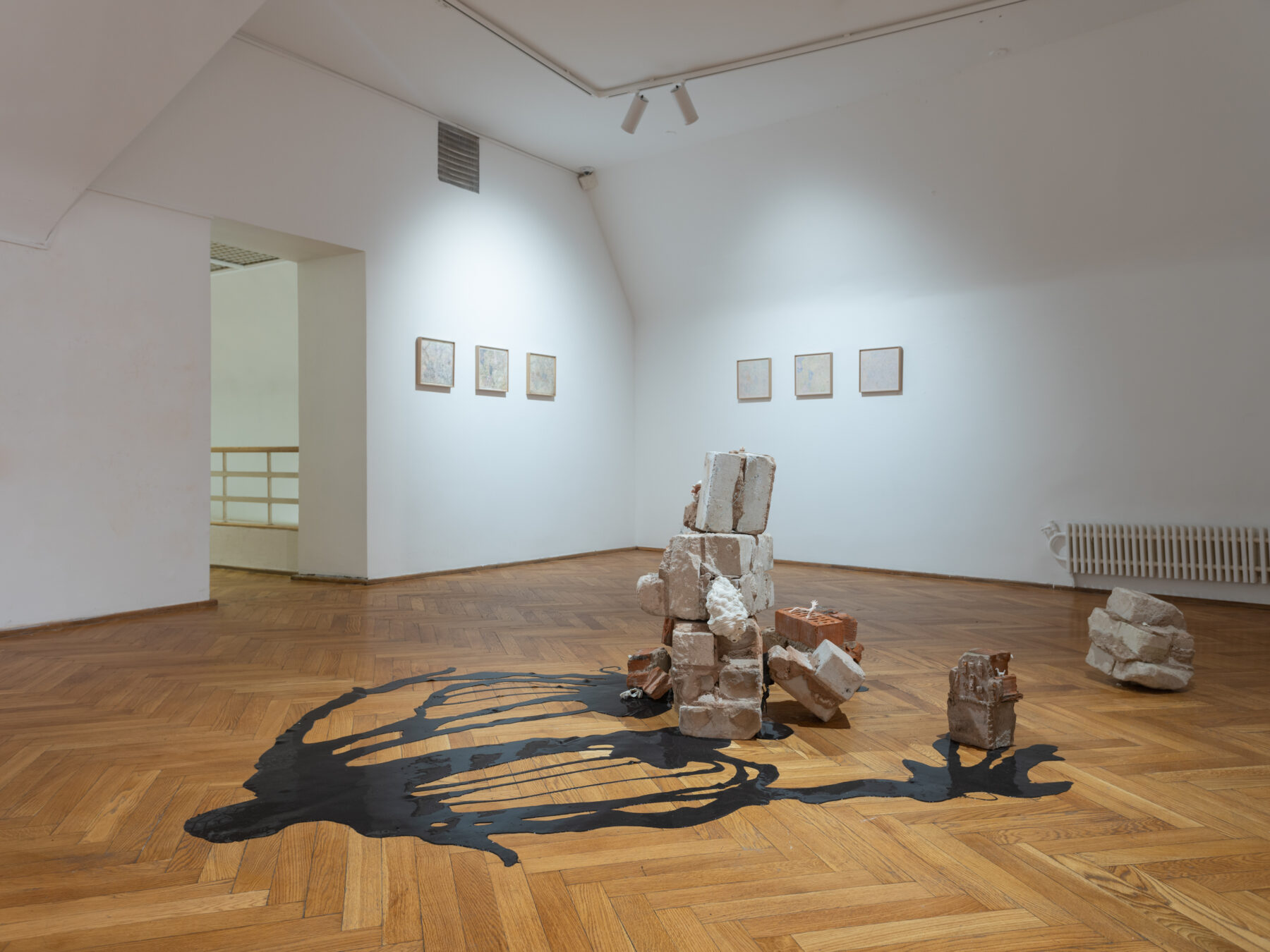
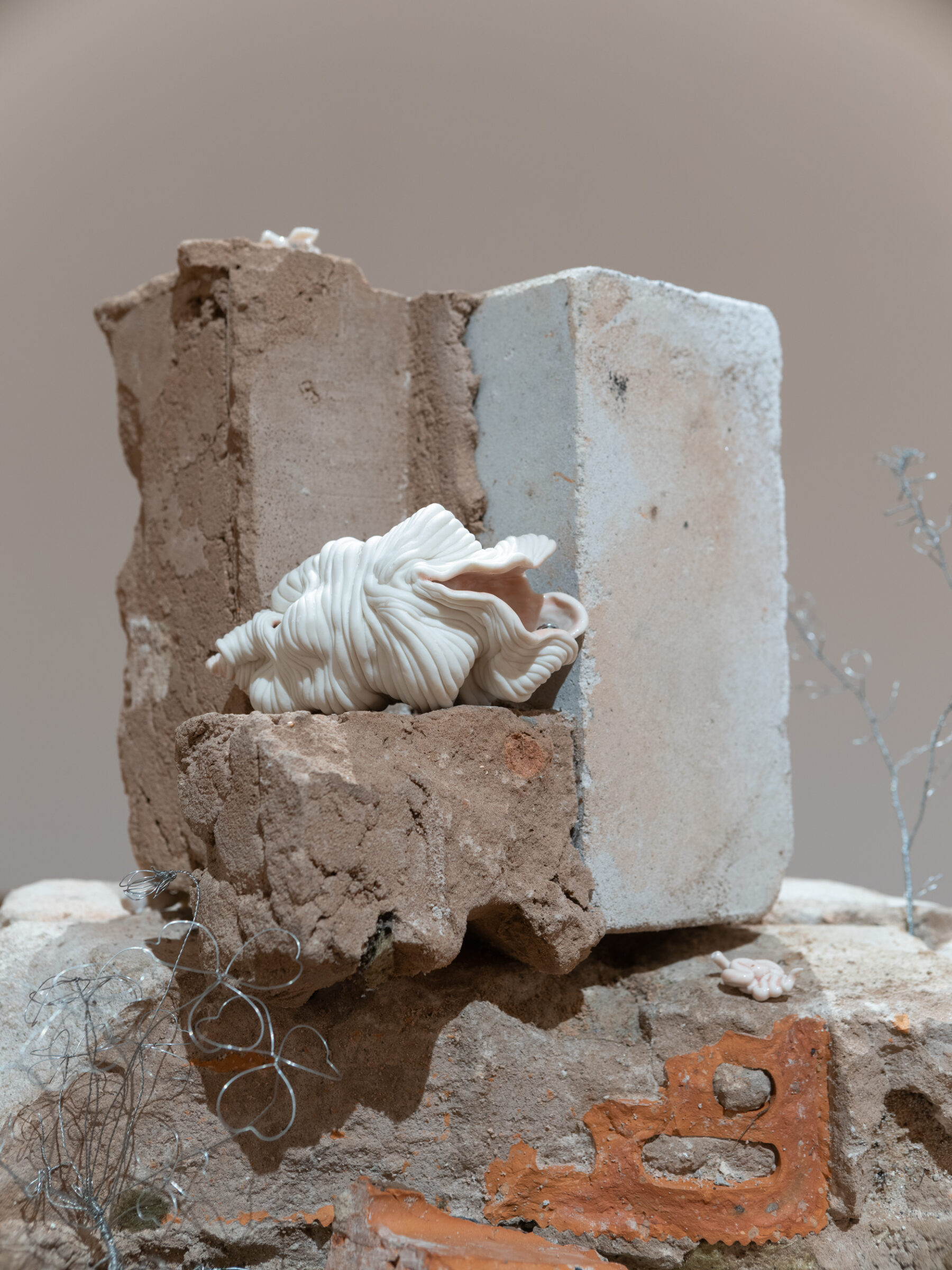
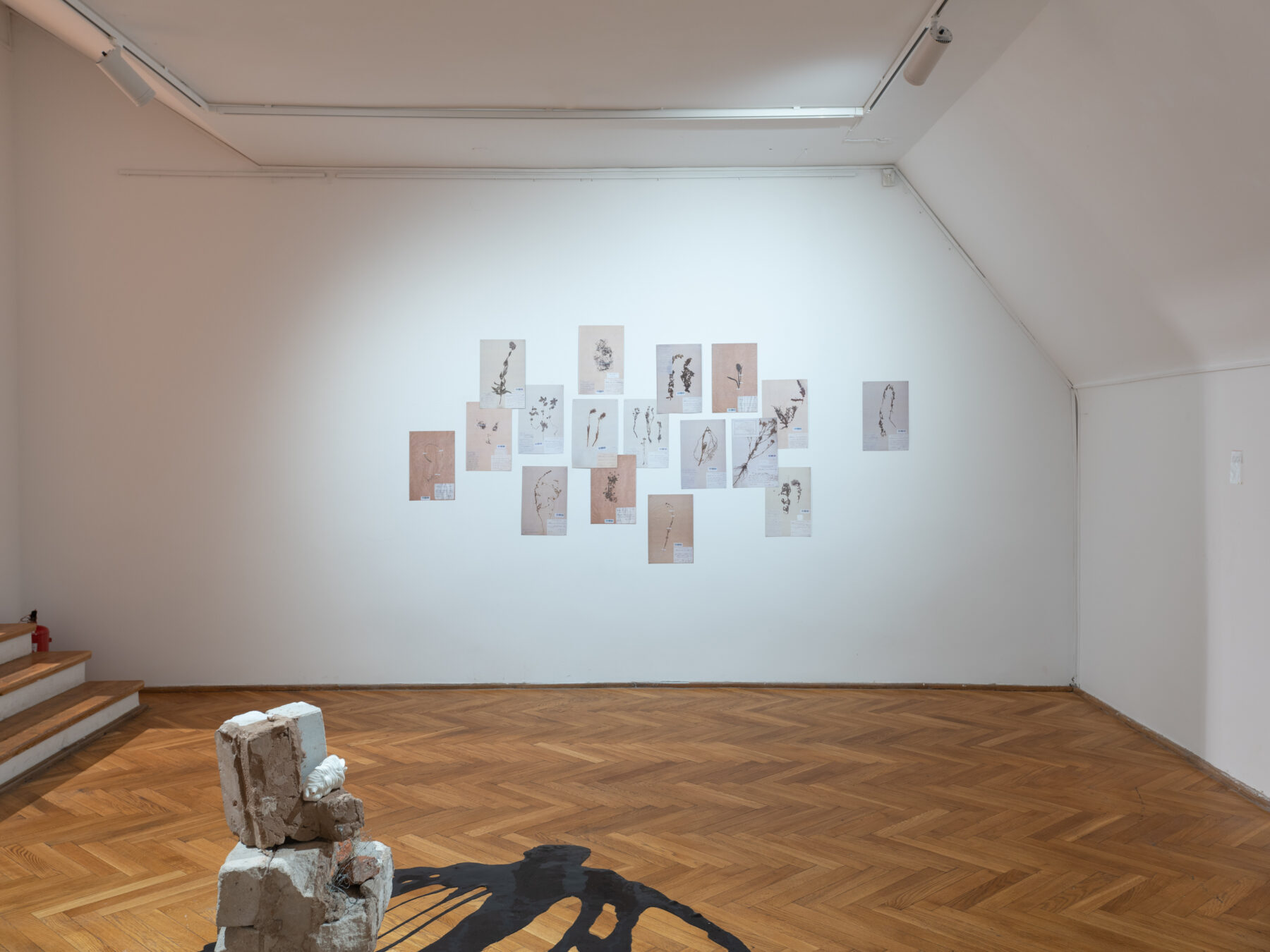
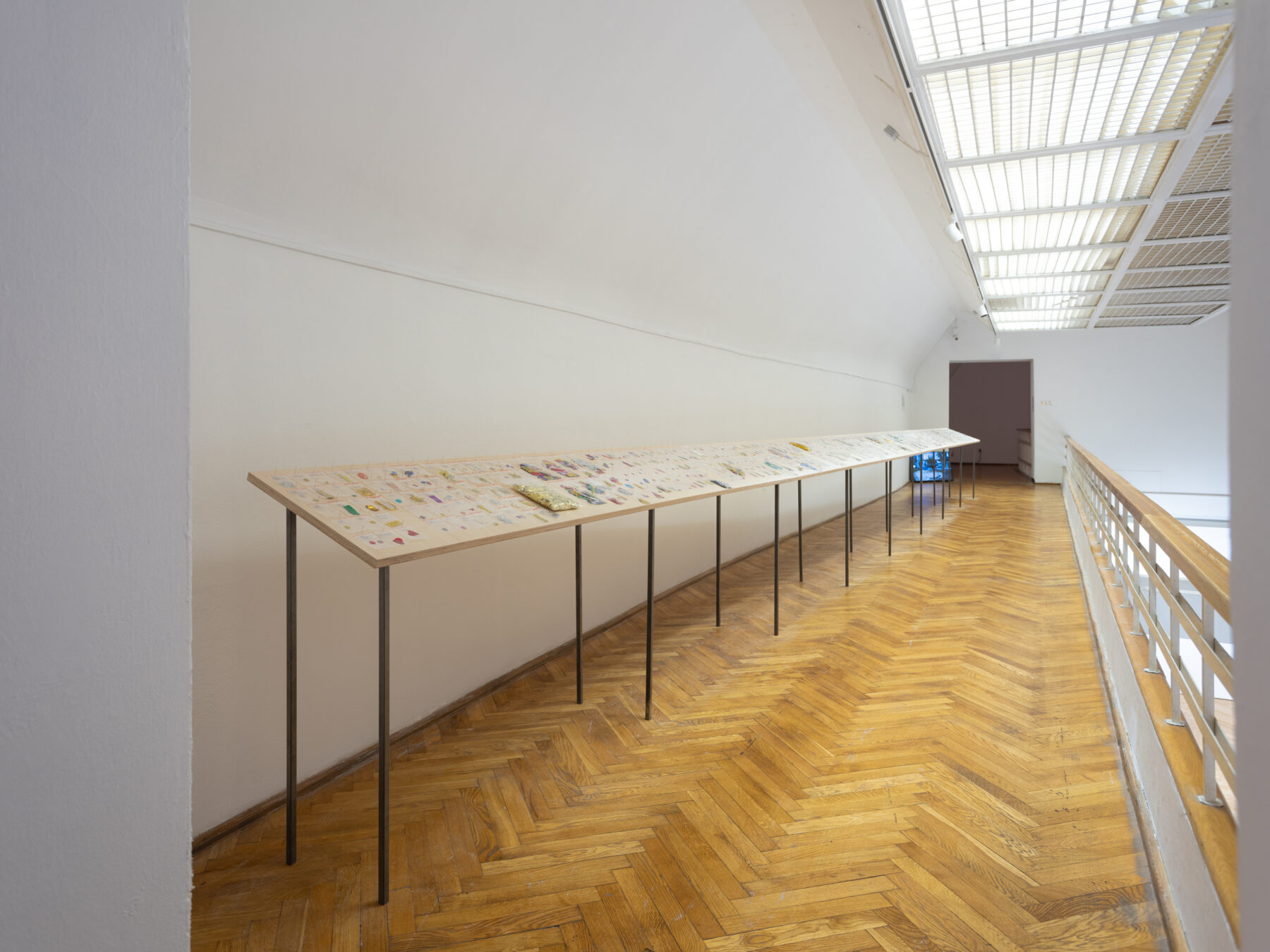
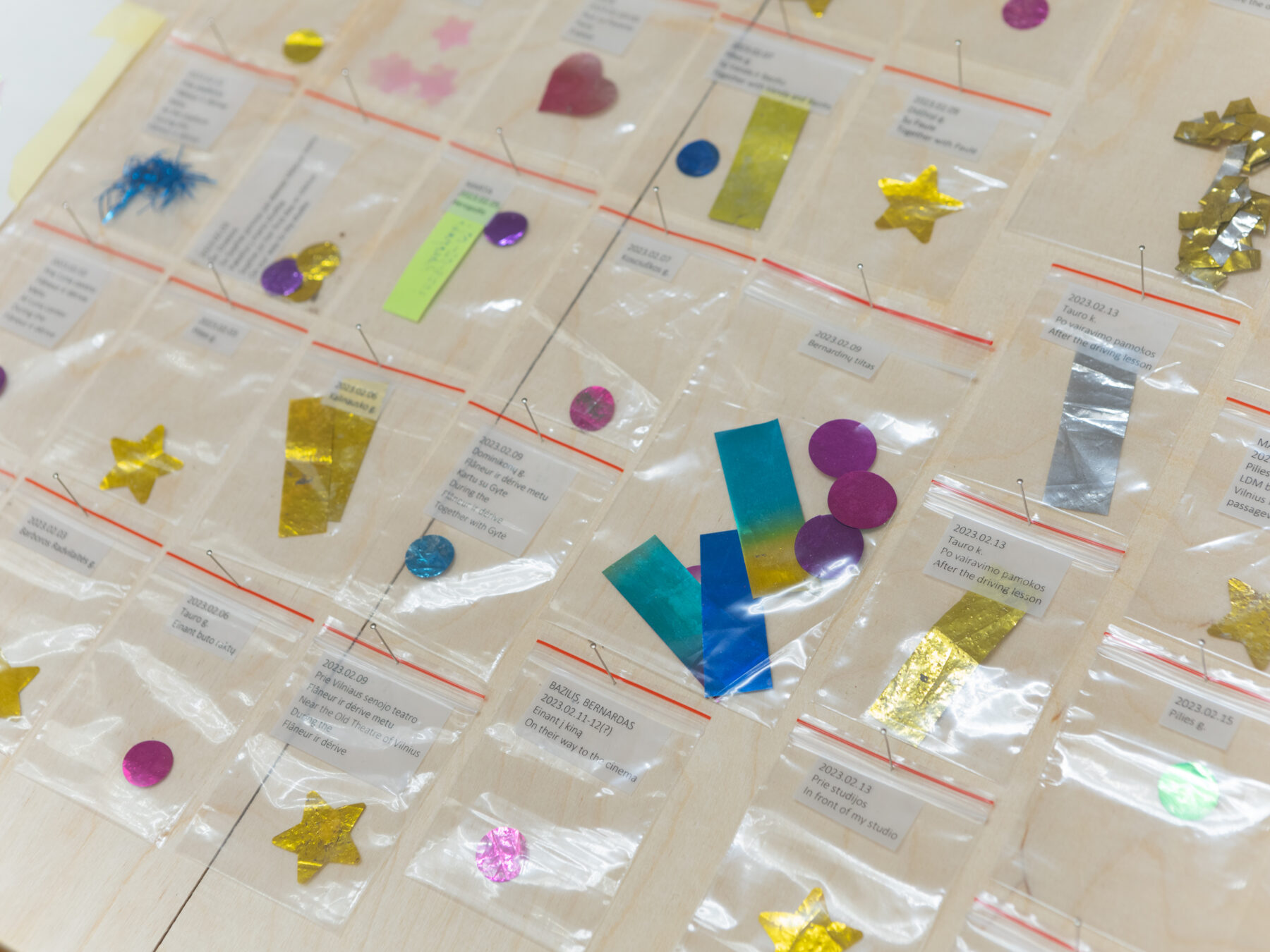
 Drag Yourself Here
Drag Yourself Here